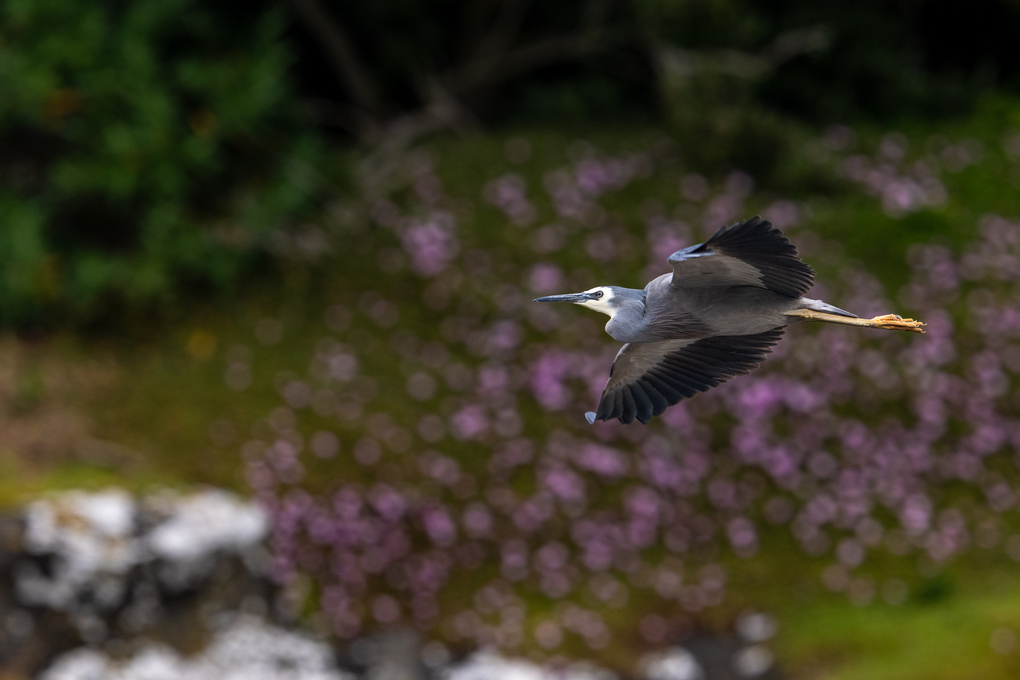Birding Down Under
Birding Down Under
$15995
Tour Overview
Embark on the "Birding Down Under" expedition, a 17-day adventure through the remote Subantarctic islands of Australia and New Zealand. This journey, featured in Conde Nast Traveler's 'The 25 Best Places to Go in 2025', offers a unique opportunity to explore the Albatross Latitudes and islands like Snares, Bounty, Antipodes, Auckland, Campbell, Macquarie, and Chatham. Perfect for bird enthusiasts, history buffs, and wildlife lovers, this cruise includes pre/post-cruise transfers, hotel accommodation, onboard meals, and shore excursions. Enjoy lectures by noted naturalists and capture stunning wildlife photography. From the endemic Snares Crested Penguin to the rare Chatham Island Petrel, witness diverse bird species and breathtaking landscapes. This expedition promises an unforgettable experience in some of the world's most pristine natural environments. ...more ...less
Highlights
Itinerary
Day 1: Queenstown
Location: Queenstown
Accommodation Name: hotel
Meals Included: Dinner
Guests should make their way to the designated hotel where we will spend the first night of the expedition. This evening there will be an informal get-together at the hotel for dinner; an excellent opportunity to meet fellow adventurers on your voyage and some of our expedition team.
Day 2: Port of Bluff
Location: Queenstown, Port of Bluff, The Snares
Accommodation Name: ship
Meals Included: Breakfast, Lunch
Today we enjoy breakfast in the hotel restaurant and have the morning free to explore Queenstown before returning to the hotel for lunch and departing for the Port of Bluff to embark your ship. You will have time to settle into your cabin and familarise yourself with the ship; we will also take the opportunity to conduct a number of safety briefings. You are invited to join the expedition team in the Observation Lounge and up on the Observation Deck as we set our course to The Snares and our adventure begins.
Day 3: The Snares – North East Island
Location: The Snares
Accommodation Name: ship
The closest Subantarctic Islands to New Zealand, they were appropriately called The Snares as they were once considered a hazard for sailing ships. Comprising of two main islands and a group of five islands called the Western Chain; they are uninhabited and enjoy the highest protection as Nature Reserves. It is claimed by some that these islands are home to more nesting seabirds than all of the British Isles together. We plan to arrive in the morning, and as landings are not permitted, we will Zodiac cruise along the sheltered eastern side of the main island if the weather and sea conditions are suitable. In the sheltered bays, we should see the endemic Snares Crested Penguin, Snares Island Tomtit and Fernbirds. There are hundreds of thousands of Sooty Shearwaters nesting on The Snares; the actual number is much debated. Buller’s Albatross breed here from early January onwards. There will be opportunities to view the forests of large tree daisy Olearia lyallii which forms a canopy over much of the island group.
Day 4: Auckland Islands – Enderby Island
Location: Auckland Islands, Enderby Island, Sandy Bay, Derry Castle Reef
Accommodation Name: ship
The Auckland Islands group was formed by two volcanoes which erupted some 10-25 million years ago. They have subsequently been eroded and dissected by glaciation creating the archipelago as we know it today. Enderby Island is one of the most beautiful islands in this group and is named after the same distinguished shipping family as one of our previous vessels. This northern most island in the archipelago is an outstanding wildlife and birding location and is relatively easy to land on and walk around. The island was cleared of all introduced animals (pests) in 1994 and both birds and the vegetation, especially the herbaceous plants, are recovering both in numbers and diversity. Our plan is to land at Sandy Bay, one of three breeding areas in the Auckland Islands for the Hooker’s or New Zealand Sea Lion, a rare member of the seal family. Beachmaster bulls gather on the beach, defending their harems from younger (ambitious) males, to mate with the cows shortly after they have given birth to a single pup. Hooker’s or New Zealand Sea Lion numbers are in a slow decline, for reasons which are not obvious but most probably connected with a nearby squid fishery. During our day ashore there will be several options, some longer walks, some shorter walks and time to spend enjoying the wildlife. The walking is relatively easy. A boardwalk traverses the island to the dramatic western cliffs, from there we follow the coast and circumnavigate the island. Birds that we are likely to encounter include the following species: Southern Royal Albatross, Northern Giant Petrel, Auckland Island Shag, Auckland Island Flightless Teal, Auckland Island Banded Dotterel, Auckland Island Tomtit, Bellbird, Pipit, Red-crowned Parakeet, Yellow-eyed Penguin and Light-mantled Sooty Albatross. There is also a very good chance of seeing the Subantarctic Snipe. Other more common species we will see include the Goldfinch, Song Thrush, Blackbird, European Starling, Red-billed Gull and Redpoll. On Derry Castle Reef we will look for migratory waders which could include Bar-tailed Godwit, Turnstone and possibly vagrants.
Day 5: At Sea
Location: Macquarie Island
Accommodation Name: ship
As we make our way through an area known as the Furious Fifties in the tumultuous Southern Ocean, we will learn more about the flora and fauna as we prepare for our arrival at Macquarie Island. En route there are great birding opportunities which may include the Wandering Albatross, Royal Albatross, Black-browed Albatross, Light-mantled Sooty Albatross, Salvin’s Albatross, Grey-headed Albatross, Northern and Southern Giant Petrel, Sooty Shearwater and Little Shearwater. We will endeavour to spot the Fairy Prion, Fulmar Prion and Antarctic Prion – never an easy task – but we should get some great views. Other species to be on the lookout for include the Soft-plumaged Petrel, Mottled Petrel, White-headed Petrel, Grey-faced Petrel, White-chinned Petrel, Grey-backed Storm-Petrel, Wilson’s Storm-Petrel and the Black-bellied Storm-Petrel.
Days 6 to 7: Macquarie Island
Location: Macquarie Island, Buckles Bay
Accommodation Name: ship
The great Australian Antarctic Explorer Sir Douglas Mawson once called Macquarie Island “One of the wonder spots of the world.” You are about to discover why as we spend two days exploring this amazing Island. It was one of the first of the Subantarctic Islands to obtain World Heritage Status and
that was largely due to its unique geology. It is one of the few places on earth where mid-ocean crustal rocks are exposed at the surface due to the collision of the Australian and Pacific Plates. The island was discovered in 1810 and was soon ravaged by sealers who introduced various animals including rats, mice, cats and rabbits. The native bird population was virtually eliminated and plants
destroyed. The Tasmanian National Parks and Wildlife Service which administered the island recently
embarked on a very ambitious eradication program which appears to have been successful. The island is now predator free and both the birds and plants are responding. It is amazing to witness the regeneration and the increase in the number of birds. Macquarie Island is home to four species of penguin, Kings, Royals, Gentoo and Rockhopper. The Royal Penguin occurs nowhere else in the world. During our visit we will land at two sites (subject of course to weather and sea conditions) and you will get a chance to see, observe and photograph all four species, although the Rockhopper is much harder to capture than the others. Macquarie also has a large population of Southern Elephant Seals. Pups are born in October and weaned in November when the breeding adults return to sea. The weaners and sub adults lie around on the beaches. The weaners go to sea sometime in January, running the gauntlet of Orcas or Killer Whales who are waiting offshore. We plan a landing at the Australian Antarctic Research Base at Buckles Bay where you will be able to meet with scientists and base staff. The original base was established in 1947 and the island has been ‘manned’ since then. It is one of the longest continuously occupied bases in the Subantarctic.
Day 8: At Sea
Location: Campbell Island, Macquarie Island
Accommodation Name: ship
At sea en route to Campbell Island and time to unwind after the adventures of Macquarie Island. Look for cetaceans and albatross, join a lecture or catch up on your photos and journaling.
Day 9: Campbell Island – Perseverance Harbour
Location: Campbell Island, Perseverance Harbour, Northwest Bay, Col Lyall Saddle
Accommodation Name: ship
Today we explore Campbell Island, New Zealand’s southernmost Subantarctic territory. Its history is as rich and varied as the other islands we visit. Discovered in 1810, it was soon occupied by sealers who introduced rats and cats. Farming followed from 1895 to 1934 when it was abandoned. Coastwatchers were stationed on the island during the war and at the end of the war the station was taken over by the New Zealand Metrological service. They maintained a manned weather/ research station there until 1995. In the early 1970s the removal of farm animals commenced and all were eventually removed by 1990. The vegetation recovered quickly and the cats died out naturally. In a very ambitious (and never before attempted on such a large scale) eradication programme the New Zealand Department of Conservation successfully removed the rats. With the island declared predator free, the way was clear to reintroduce the endangered Campbell Island Flightless Teal, which had been rediscovered on an offshore island in 1975. Snipe, which were formerly unknown from the island but were discovered on another offshore island, recolonised the islands themselves. The vegetation which the great English botanist Sir Joseph Hooker described in 1841 as having a “Flora display second to none outside the tropics” is flourishing and is nothing short of spectacular. We will offer a number of options which will enable you to explore the island including an extended walk to Northwest Bay. There will also be an easier walk to the Col Lyall Saddle. All of these options will allow you the opportunity and time to enjoy the Southern Royal Albatross which nest here in large numbers. We also visit areas of the island which contain outstanding examples of the megaherbs for which the island is renowned.
Day 10: At Sea
Accommodation Name: ship
At sea en route to the Antipodes, it is a day for pelagic birding. Species commonly seen in this area include Wandering Albatross species, Southern Royal Albatross, Black-browed Albatross, Campbell Island Albatross, Lightmantled Sooty Albatross, Salvin’s Albatross, Grey-headed Albatross, Northern and Southern Giant Petrel, the Sooty Shearwater and the Little Shearwater. This region of the Southern Ocean is one of the few places where the Fairy Prion, Fulmar Prion and Antarctic Prion occur together, providing a good opportunity for comparison. Other species to be on the lookout for include the Soft-plumaged Petrel, Mottled Petrel, White-headed Petrel, Grey-faced Petrel, Whitechinned Petrel, Grey-backed Storm-Petrel, Wilson’s Storm-Petrel, Black-bellied Storm-Petrel and the Common Diving-Petrel.
Day 11: Antipodes Islands
Location: Antipodes Islands
Accommodation Name: ship
The Antipodes group of islands is the most isolated and perhaps the least known of New Zealand’s Subantarctic Islands. Sealers lived here in the decades immediately after their discovery in 1806. Mice are the only introduced animal on the islands but efforts to eradicate them will hopefully see that their days are numbered. The islands are of volcanic origin, but are heavily eroded especially the western shoreline. The largest of the group is Antipodes Island. Landings are not permitted so we plan to cruise, along the coastline by Zodiac where we have a good chance of seeing the Antipodes Parakeet, the largest of New Zealand’s parakeets. This species has an entirely green head. We will also look for the Reischek’s Parakeet, a subspecies of the Red-crowned Parakeet found in the Auckland Islands and on the Chatham Islands. We also see the Antipodes subspecies of the New Zealand Pipit. Good views of both Erect-crested and Rockhopper Penguins can be expected along the coast where they often breed in mixed colonies.
Day 12: Bounty Islands
Location: Bounty Islands, Chatham Islands
Accommodation Name: ship
We arrive at the incongruously named Bounty Islands, the remote northernmost of the five New Zealand Subantarctic groups; they were discovered by Captain Bligh just months before the infamous mutiny. Here inhospitable granite knobs, tips of the submerged Bounty Platform, are lashed by the Southern Ocean. They are home to thousands of Salvin’s Albatross, Erect-crested Penguins, Fulmar Prions and the endemic Bounty Island Shag – the world’s rarest. We plan to arrive in the early morning and if conditions are suitable we will cruise by Zodiac around the granite outposts to take a closer look at the birds which breed there. New Zealand Fur Seals which were almost hunted to extinction in the Subantarctic Islands are present in large numbers. Sailing towards the Chatham
Islands there are opportunities to see a good selection of birdlife as we sail. These should include Wandering Albatross, Northern Royal Albatross, Mottled Petrel, Soft-plumaged Petrel, Broad-billed
Prion, White-chinned Petrel and Black-bellied Storm-Petrel as well as Wilson’s Storm-Petrel. Other possible sightings include White-capped Albatross, Northern Giant Petrel, Cape Petrel, Antarctic Fulmar, Sooty Shearwater, Little Shearwater and Grey-backed Storm-petrel. We will also start to keep a lookout for the Chatham Island Petrel.
Day 13: Pyramid Rock and South East Island
Location: Chatham Archipelago, Pyramid Rock, South East Island
Accommodation Name: ship
As we continue toward the Chatham Archipelago, there are excellent opportunities for pelagic birding today. In particular, we will look out for the Chatham Island Petrel which has been seen on this leg of the voyage before. In the past we have observed the very rare Chatham Island Taiko in this area. Endemic to the Chatham Islands, the Chatham Island Taiko – also known as the Magenta Petrel –
is among New Zealand’s most endangered species. It is one of the world’s rarest seabirds with a
population estimated to number less than 150. This afternoon we will cruise around spectacular Pyramid Rock, a basalt outcrop south of Pitt Island. This is the only breeding place of the Chatham
Island Albatross. During the afternoon we arrive at South East Island. This has to be one of the world’s greatest nature reserves and landings are not permitted. However we should obtain good views of the very rare New Zealand Shore Plover and Chatham Island Oystercatcher from the Zodiacs
as we cruise along the coast. We should also see the Pitt Island Shag which nests on the island.
Day 14: Chatham Islands – Waitangi
Location: Chatham Islands, Waitangi, Chatham Islands
Accommodation Name: ship
The Chatham Archipelago consists of one large island and numerous smaller islands and rocky islets. Only two of the islands are inhabited. They represent New Zealand’s eastern most territory. The islands were originally settled by East Polynesians. In the 1400s the population became isolated and interestingly developed its own distinct culture. The islands were discovered by Europeans in the 1790s. Sealers and settlers followed and then in the 1830s Māori from New Zealand invaded killing and enslaving many of the indigenous people. The impact of the original settlers, the Europeans and later the Maori people on the native flora and fauna was disastrous. Introduced animals, hunting, fires and land clearing wiped out many species of endemic birds. Fortunately a number survived on the offshore islands in the archipelago. With a new generation has come a new awareness and a willingness to be part of a concerted conservation effort. A number of private reserves have been established, a lot of replanting has taken place and predators are being controlled. Today we will visit one of the original private reserves established by a local family on the south coast of the main island where there is a very good chance to see the endemic Chatham Island Pigeon and Warbler. The pigeon was close to extinction until recently, and is now in good numbers. We will travel by local bus to the reserve. The road takes us through developed farmland where we will undoubtedly see numerous introduced species and possibly the Weka. Near our landing in Waitangi there is a good chance of seeing the endemic Chatham Island Shag. This afternoon we cruise back along the south coast, this is where the only known population of the Taiko breeds and also where they are attempting to establish a new population of the Chatham Island Petrel in a predator free area. We have seen both Taiko and Chatham Island Petrel in this area on previous expeditions.
Days 15 to 16: At Sea
Location: Chatham Rise, Bluff
Accommodation Name: ship
Meals Included: Dinner
En route to Bluff we will cross the Chatham Rise, a large, relatively shallowly submerged part of the Zealandia continent that stretches east from near the South Island of New Zealand. Nutrient rich waters from the south mix with warm northern waters and there is an overlap between northern pelagic species and birds from southern latitudes, so we can expect great pelagic sightings. Species we expect to encounter include Wandering Albatross, Royal Albatross, Black-browed Albatross, White-capped Albatross and Salvin’s Albatross. Petrel species we should be able to identify are the Northern Giant Petrel, Cape Petrel, Westland Black Petrel, White-chinned Petrel, Great-winged Petrel, Grey-backed Storm-Petrel, Whitefaced Storm-Petrel, the DivingPetrel and Cook’s Petrel. Additional birdlife will include species of shearwater seabirds. These tubenose birds fly with stiff wings and use a ‘shearing’ flight technique to move across wave fronts with the minimum of active flight. Photographic opportunities can include Flesh-footed Shearwater, Buller’s Shearwater, Sooty Shearwater and Little Shearwater. Small petrels on the horizon and close by include Fairy Prion and Broad-billed Prion. We will recap the highlights of our expedition and enjoy a farewell dinner tonight as we complete the last few miles of our journey.
Day 17: Invercargill/Queenstown
Location: Invercargill, Queenstown
Meals Included: Breakfast
Early this morning we will arrive in the Port of Bluff. After a final breakfast we bid farewell to our fellow voyagers and take a complimentary coach transfer to either Invercargill or Queenstown Airports. In case of unexpected delays due to weather and/or port operations we ask you not to book any onward travel until after midday from Invercargill and after 3pm from Queenstown. Note: During our voyage, circumstances may make it necessary or desirable to deviate from the proposed itinerary. This can include poor weather and opportunities for making unplanned excursions. Your Expedition Leader will keep you fully informed. Landings at the Subantarctic Islands of New Zealand are by permit only as administered by the Government of New Zealand. No landings are permitted at The Snares, Antipodes or Bounties.
Ship Details
Heritage Adventurer
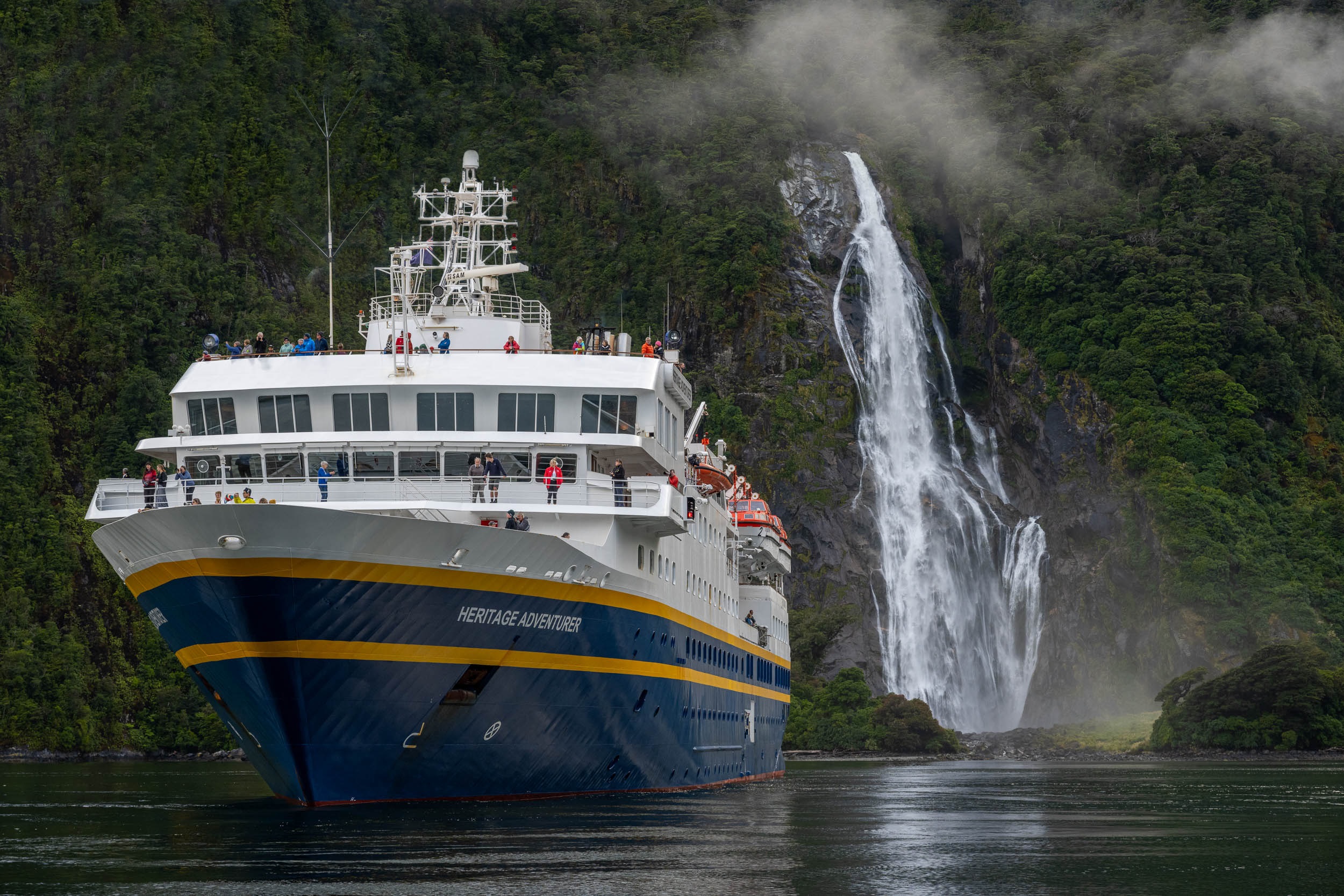
Ship Overview
Heritage Adventurer is a true pioneering expedition vessel of exceptional pedigree. Often referred to as the 'Grande Dame of Expedition Cruising' due to her celebrated history and refined design, she was purpose-built for adventure in 1991 at Finland's Rauma shipyard and specifically designed for Polar exploration.
Setting a peerless standard in authentic expedition travel, Heritage Adventurer (formerly known as MS Hanseatic) combines the highest passenger ship iceclass rating (1A Super) with an impressive history of Polar exploration. Having held records for the most northern and southern Arctic and Antarctic navigations, and for traversing both the Northwest and Northeast Passages, makes Heritage Adventurer perfect for pioneering New Zealand-based Heritage Expeditions signature experiential expedition travel.
Originally designed to accommodate 184 guests, Heritage Adventurer now welcomes just 140 expeditioners ensuring spacious, stylish and comfortable voyages, while a fleet of 14 Zodiacs ensures all guests are able to maximise their expedition adventure. Heritage Adventurer proudly continues our traditions of exceptional, personalised expedition experiences as Heritage Expeditions flagship.
Ship Details
Ship Name:
Heritage Adventurer
Draft:
4.97 metres
Shipyard:
Rauma, Finland
Year Built:
1991
Maximum Speed:
15 knots
Gross Tonnage:
8,378gt
Engines:
3,940 horsepower (x2)
Length:
124 metres
Zodiacs:
14
Beam:
18 metres
Classification:
Lloyds 1AS, GL E4
Cruising Speed:
12 knots
Accommodation:
140 guests
Range:
8,600 nautical miles
Deck Plans
Deck Plan
Deck Plan
Cabins
Deck 5 Superior
Superior Cabins on Deck 5 are a spacious 22m2 and feature large panoramic windows, king or two single beds, comfortable lounge, writing desk, private en-suite with shower, ample storage and a flat screen entertainment system.
Worsley Suite
Located on Deck 6, Worsley Suites are a spacious 22m2 and feature large panoramic windows, king or two single beds, comfortable chaise-style lounge suite, writing desk, private en-suite with shower, ample storage and a flat screen entertainment system. Receive complimentary in-room dining, minibar replenished daily, Heritage Expeditions keep cup, notebook and pen.
Main Deck Triple
Main Deck Triple Cabins on Deck 3 are a spacious 22m2 and feature two porthole windows, two single beds and one Pullman bed which folds down from the wall, comfortable lounge, writing desk, private en-suite with shower, ample storage and a flat screen entertainment system.
Main Deck Twin
Superior Single
Superior Single Cabins on Deck 5 are a spacious 22m2 and feature large panoramic windows, king bed, comfortable lounge, writing desk, private en-suite with shower, ample storage and a flat screen entertainment system.
Superior Triple
Superior Triple Cabins on Deck 5 are a spacious 22m2 and feature large panoramic windows, two single beds and one Pullman bed which folds down from the wall, comfortable lounge, writing desk, private en-suite with shower, ample storage and a flat screen entertainment system.
Deck 4 Superior
Superior Cabins on Deck 4 are a spacious 22m2 and feature large panoramic windows, king or two single beds, comfortable lounge, writing desk, private en-suite with shower, ample storage and a flat screen entertainment system.
Heritage Suite
Located on Deck 6, Heritage Suites are an expansive 44m2 and feature large double panoramic windows, king bed, large living area with a sofa, coffee table and chairs and grand marble bathroom with a double basin, bathtub and shower, large writing desk, floor to ceiling cabinetry for storage and a flat screen entertainment system. Receive complimentary in-room dining, minibar replenished daily, free laundry, US$100.00 per person SPA credit, Heritage Expeditions keep cup, notebook and pen.
Main Deck Single
Main Deck Single Cabins on Deck 3 are a spacious 22m2 and feature two porthole windows, king bed, comfortable lounge, writing desk, private en-suite with shower, ample storage and a flat screen entertainment system.
What's Included
-
Pre/Post cruise transfers
Pre and post-cruise transfers are included in the tour package.
-
One night hotel accommodation
One night hotel accommodation in a twin share room, including dinner and breakfast, is provided.
-
On board ship accommodation with meals
All on board ship accommodation with meals is included.
-
House beer, wine, and soft drinks
House beer, wine, and soft drinks with lunch and dinner are included.
-
Shore excursions and activities
All shore excursions and activities are included.
-
Programme of lectures
A programme of lectures by noted naturalists is included.
What's Not Included
-
Items of a personal nature
All items of a personal nature are not included.
-
Laundry
Laundry services are not included.
-
Drinks
Drinks other than house beer, wine, and soft drinks with meals are not included.
-
Gratuities and flights
Gratuities and international/domestic flights are not included.
-
Visas and travel insurance
Visas and travel insurance are not included.
Mode of Transport
The tour includes pre/post cruise transfers and embarks from the Port of Bluff. Guests will travel aboard a ship, with opportunities for Zodiac cruising along the coastlines of various islands.
Accommodation
Enjoy one night in a twin share hotel room with dinner and breakfast included, followed by all onboard ship accommodation with meals, house beer, wine, and soft drinks during lunch and dinner.
Check out our Q&As
-
What kind of wildlife can I expect to see on the Birding Down Under tour?
During the Birding Down Under tour, you can expect to see a wide variety of wildlife, including numerous bird species such as the Snares Crested Penguin, Southern Royal Albatross, and the Chatham Island Petrel. You will also have the opportunity to observe Hooker's or New Zealand Sea Lions, Southern Elephant Seals, and possibly Orcas. The tour visits several Subantarctic islands, each with its unique wildlife, including endemic species like the Antipodes Parakeet and the Royal Penguin. ...more ...less
-
Are there any landings on the Subantarctic Islands during the tour?
Yes, there are landings on some of the Subantarctic Islands during the tour, such as Enderby Island in the Auckland Islands and Campbell Island. However, landings are not permitted on The Snares, Antipodes, or Bounty Islands. Instead, the tour offers Zodiac cruises around these islands to observe the wildlife and natural scenery. ...more ...less
-
What activities are included during the days at sea on the Birding Down Under tour?
During the days at sea on the Birding Down Under tour, there are opportunities for pelagic birding, where you can spot various seabird species such as albatrosses and petrels. The tour also includes lectures by noted naturalists, providing insights into the flora and fauna of the regions visited. Additionally, you can enjoy the ship's amenities, catch up on photos and journaling, or simply relax and unwind. ...more ...less
-
Will there be opportunities to meet scientists or researchers during the tour?
Yes, during the visit to Macquarie Island, the tour plans a landing at the Australian Antarctic Research Base at Buckles Bay, where you will have the opportunity to meet with scientists and base staff. This provides a unique chance to learn about the research and conservation efforts taking place on the island. ...more ...less
-
What is the significance of Macquarie Island in terms of conservation?
Macquarie Island is significant in terms of conservation as it was one of the first Subantarctic Islands to obtain World Heritage Status due to its unique geology. The island has undergone successful eradication programs to remove introduced predators, making it predator-free. This has allowed the native bird and plant populations to recover and thrive, making it an important site for observing the regeneration of wildlife. ...more ...less
-
What fitness level is required?
Guests are required to have a reasonable level of fitness in order to participate in landings. While not strenuous, travellers who participate on excursions must be able to climb a ship-side gangway, get in and out of Zodiacs and be able to stand unaided. Each landing and excursion caters to all fitness levels ranging from easy to challenging, ultimately each guest is able to decide how active or relaxing their voyage is.
-
Is any clothing included?
Thermally-insulated Muck Boots are provided for use on all our Southern Ocean voyages while guests travelling to the Ross Sea are supplied with an Antarctic grade jacket during their time in Antarctica.
-
What policies are in place for Covid-19?
Please contact us for our latest Covid-19 policies
-
Is there a doctor on board?
Yes, on Heritage Adventurer there is an on board doctor with a small infirmary and on many voyages a First Responder will travel with guests on excursions. Heritage Explorer does not have a doctor on board, however our crew are trained in first aid.
-
Are drinks included?
Yes, house wine, beer and soft drinks are included with lunch and dinner on all Heritage Expeditions voyages. Complimentary drinks can also be enjoyed during special events on board while bar purchases can also be charged to your stateroom.
-
What Ethical Travel credentials does the tour company have?
Travelling with Heritage Expeditions is to travel responsibly. As biologists and ornithologists, we are intimately aware of the many issues that confront animals and their habitats, the world's oceans and isolated ethnic groups. We also take action: we actively contribute to the conservation of the places we visit in several ways; we 'buy local' and employ locally; we make sure that travellers are respectful of local customs and traditions; and we dispose of waste responsibly.
-
Is there a gym on board?
Yes, Heritage Adventurer has a gym, pool, sauna, Jacuzzi and Spa on Deck 7. While there is no gym on Heritage Explorer, guests have plenty of opportunity to stretch their legs on shore or take the kayaks out, weather permitting.
-
What is the onboard currency?
Heritage Adventurer operates in US$ while Heritage Explorer is NZ$.
-
Does a single supplement apply?
Heritage Adventurer has 20 dedicated single cabins (12 x Main Deck Single Staterooms on Deck 3 and 8 x Superior Single Staterooms on Deck 5). Heritage Adventurer also has the option of guests sharing in our Main Deck Triple (Deck 3) and Superior Triple (Deck 5) Staterooms. There may also be the option to share a Deck 4 or Deck 5 Superior Stateroom with another solo-travelling guest of the same gender. Heritage Explorer has 2 dedicated single cabins, Wandering, and if these are booked there may be availability to book a Salvin’s Twin/Double or Buller’s as a single at 1.8 times the published per person rate.
-
How long has the tour company been trading?
Heritage Expeditions was formed in 1985.
-
Is there Wi-Fi on board?
Yes, there is Wi-Fi available on both ships. Heritage Adventurer has a connection via satellite and vouchers can be purchased from reception. Wi-Fi is included on Heritage Explorer.
-
Are all excursions included?
Yes, all standard excursions are included in the voyage cost. All you will need to pay for on board is anything of a personal nature, laundry, drinks and gratuities.
Reviews of this operator
1 Select your preferred date
Saturday - Monday
Dec 06, 2025 - Dec 22, 2025Wednesday - Friday
Dec 02, 2026 - Dec 18, 2026Book with Confidence
-
Low Deposit
Heritage Expeditions requires a minimum deposit of 25% or the full booking value, whichever is less, with the final balance not due until 90 days before departure.
-
Cancellation Policy
We don't charge a cancellation fee, here is a summary of heritage expeditions charges.
Up to 91 days before tour starts: Forfeit 100% of deposit.
At 90 days before tour starts: Forfeit 100% of booking price.
Birding Down Under
17 Days Starting and ending in Queenstown, New Zealand
Visiting: Queenstown, Port of Bluff, The Snares, Auckland Islands, Enderby Island, Sandy Bay, Derry Castle Reef, Macquarie Island, Buckles Bay, Campbell Island, Perseverance Harbour, Northwest Bay, Col Lyall Saddle, Antipodes Islands, Bounty Islands, Chatham Islands, Chatham Archipelago, Pyramid Rock, South East Island, Waitangi, Chatham Islands, Chatham Rise, Bluff, Invercargill ...more ...less
Tour operator:
Ship Name:
Heritage AdventurerGuide Type:
Fully Guided
Ship Capacity:
Age range:
18-99
kovsyanikova_galapagos_of_the_southern_ocean_(10).jpg)

.jpg)
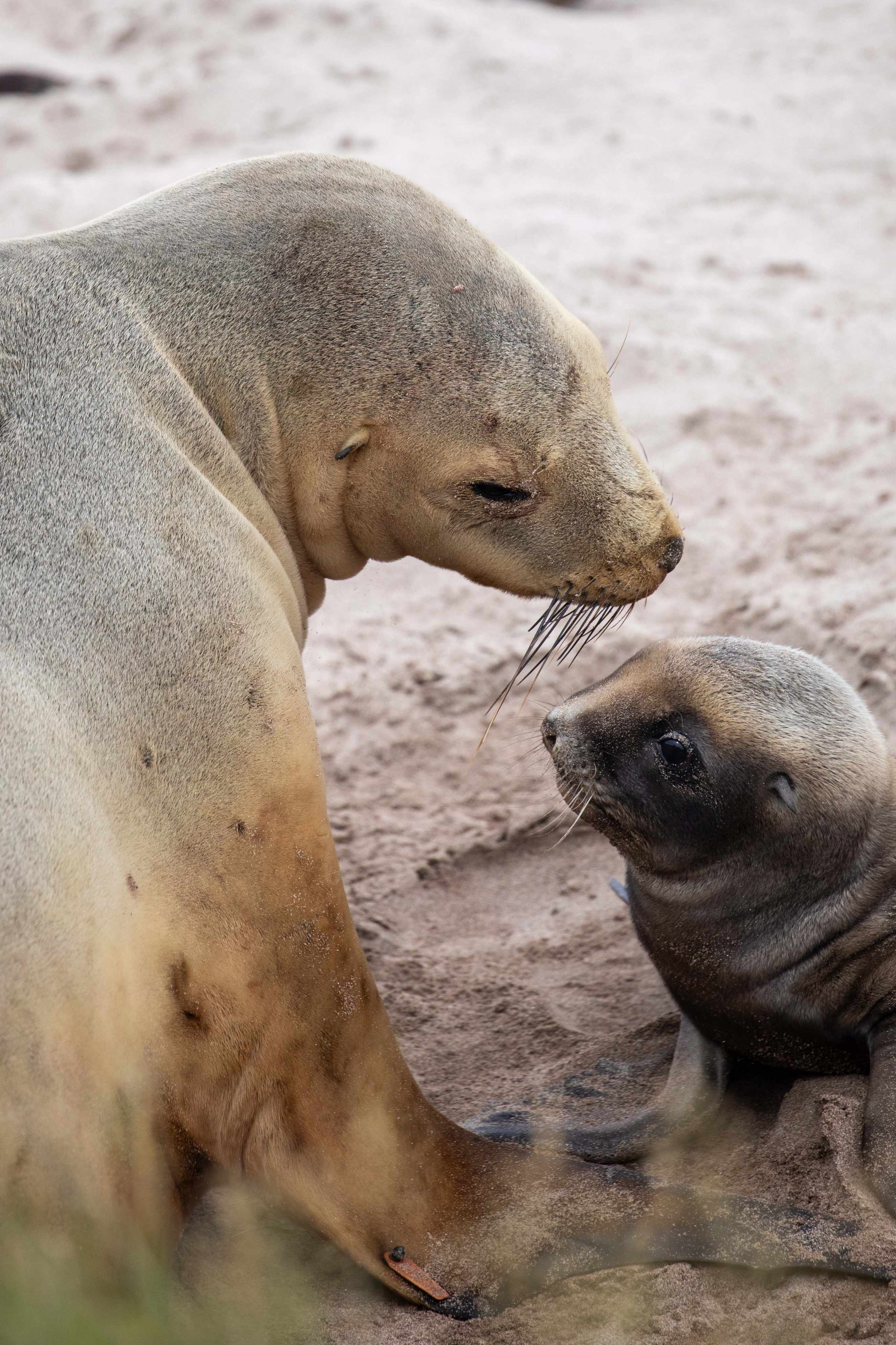
.jpg)
.jpg)
kovsyanikova_galapagos_of_the_southern_ocean_(4).jpg)
_a.woods.jpg)
.jpg)
kovsyanikova_galapagos_of_the_southern_ocean_(6).jpg)
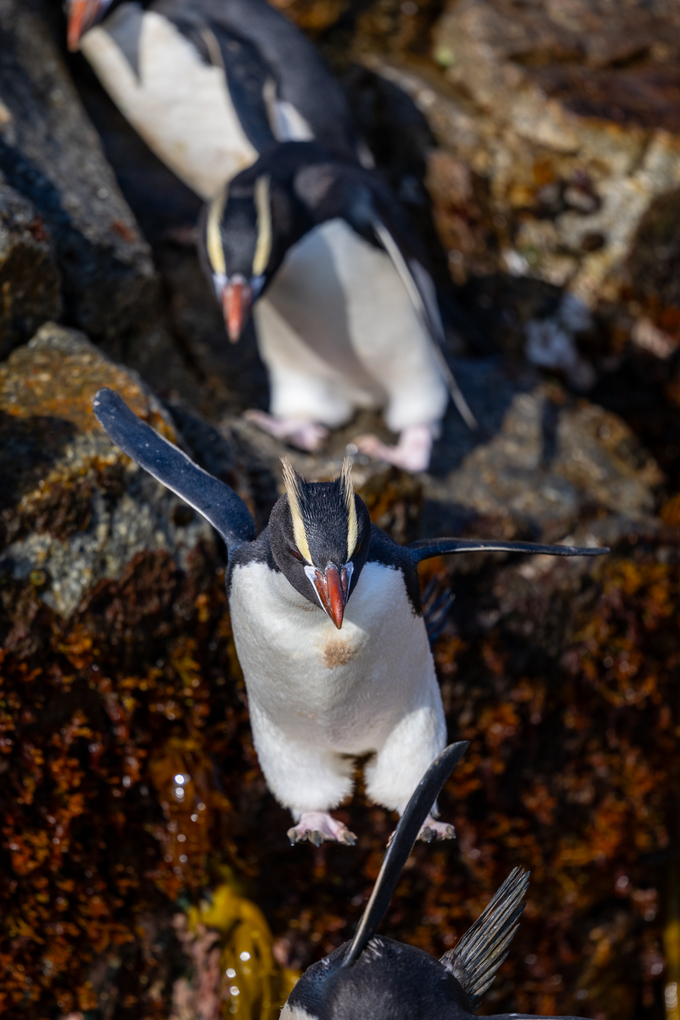
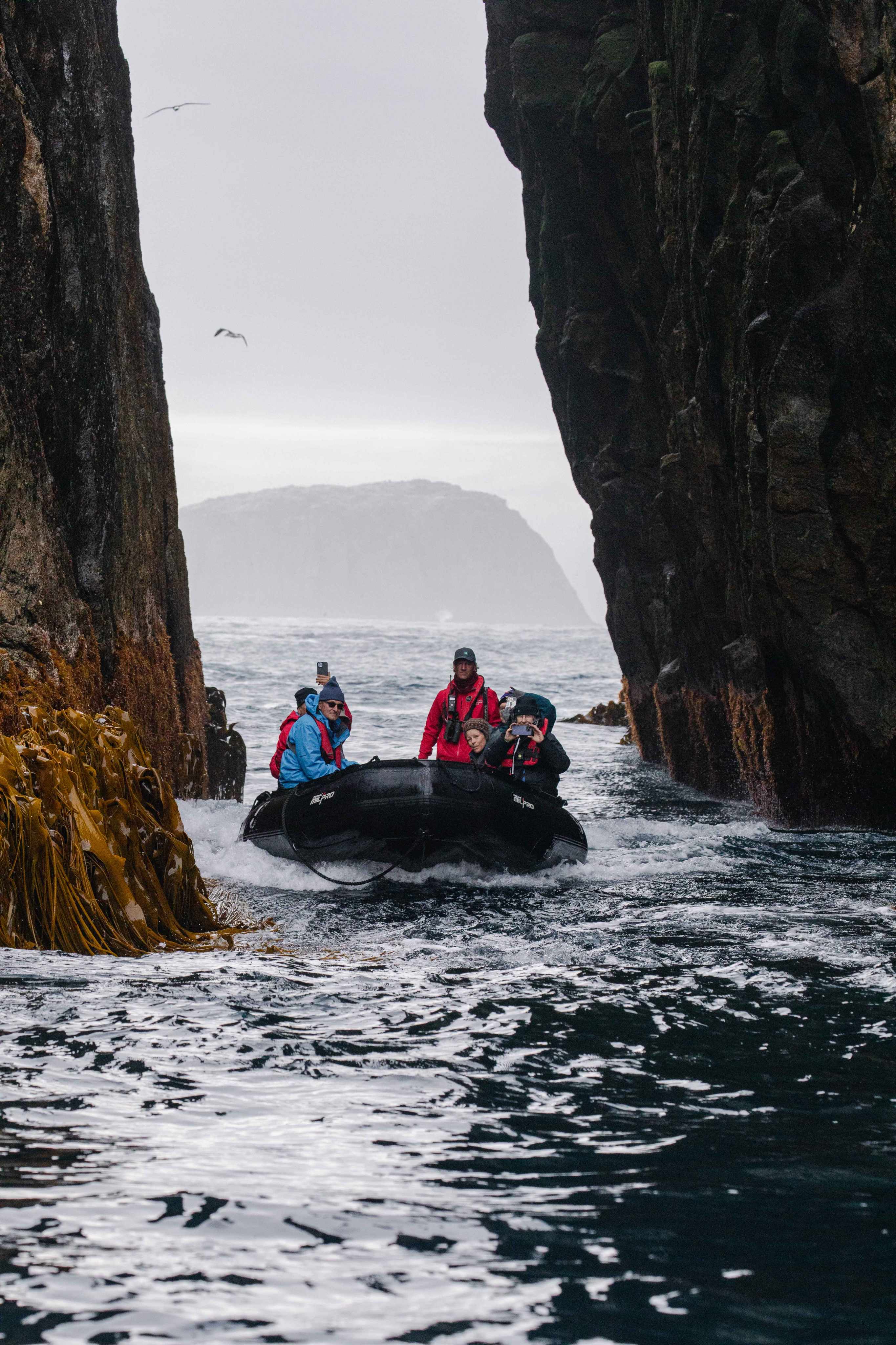
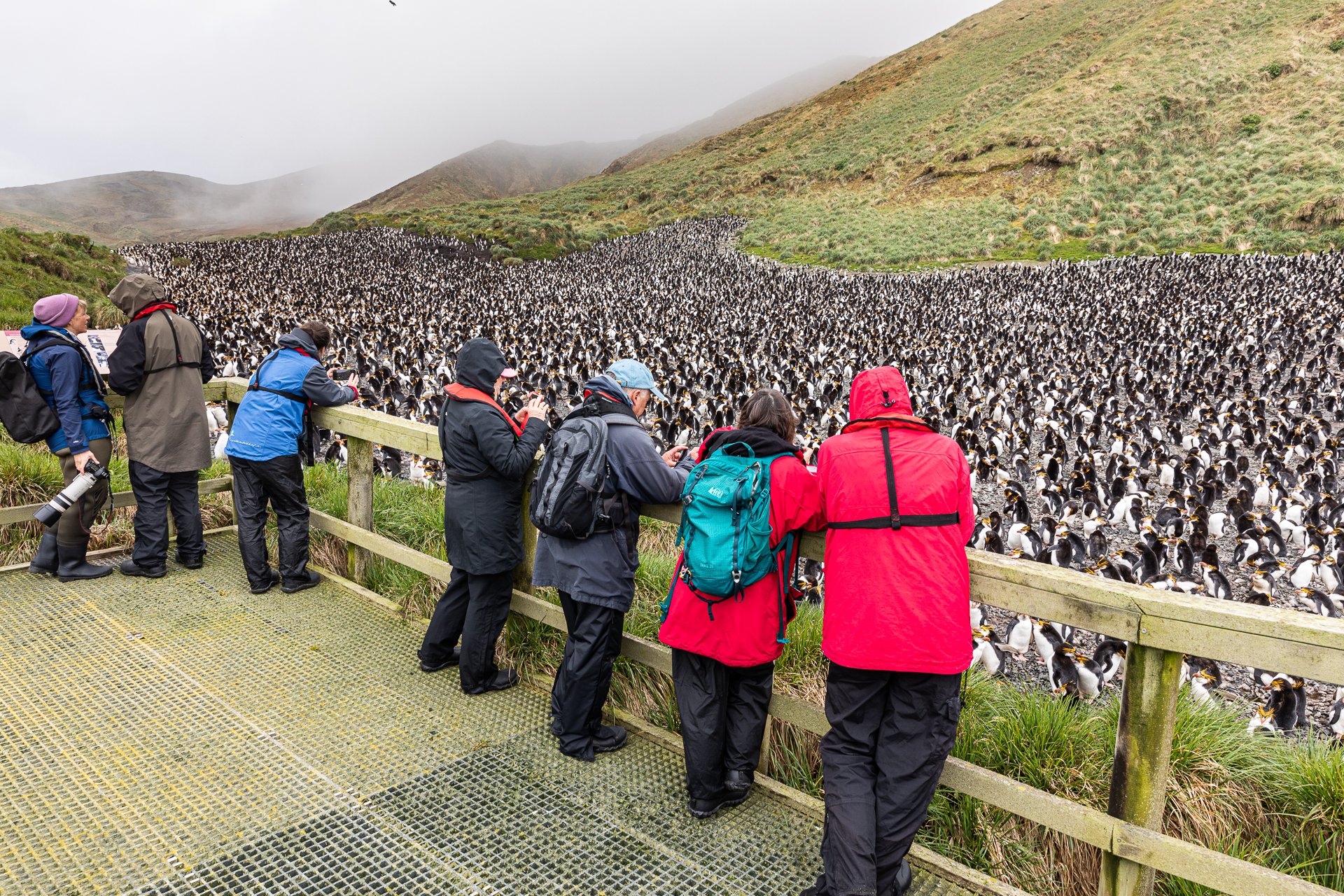
.jpg)
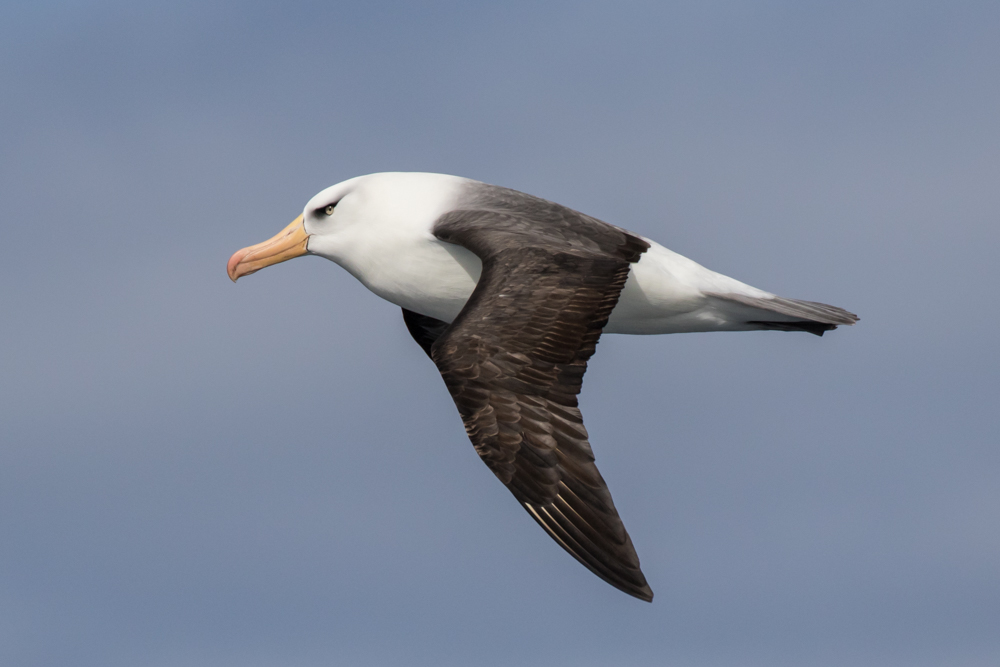

.jpg)
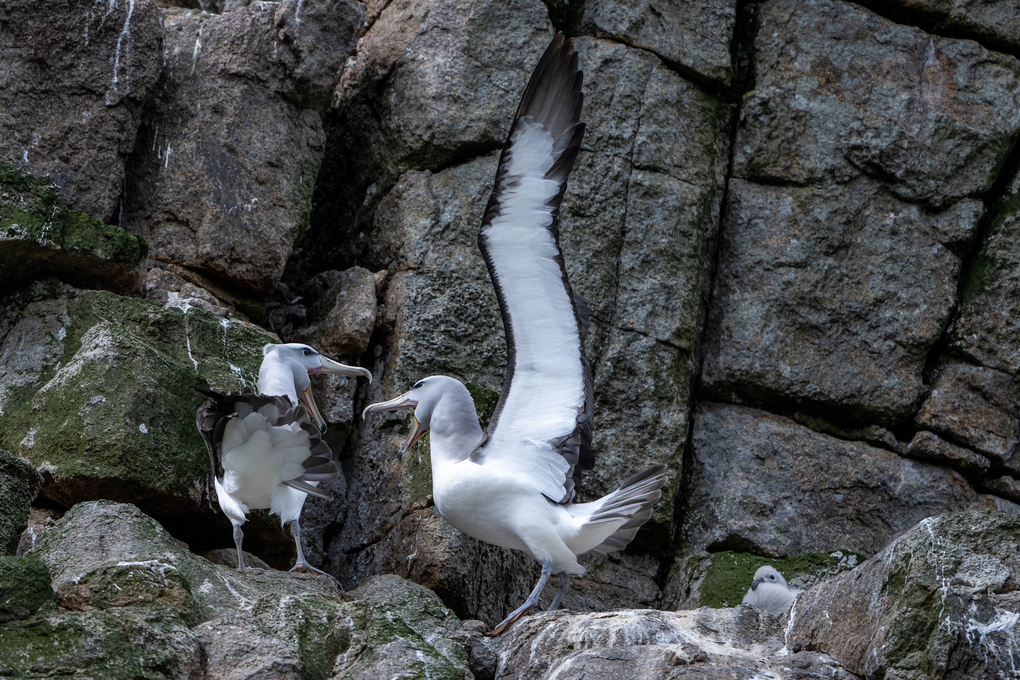

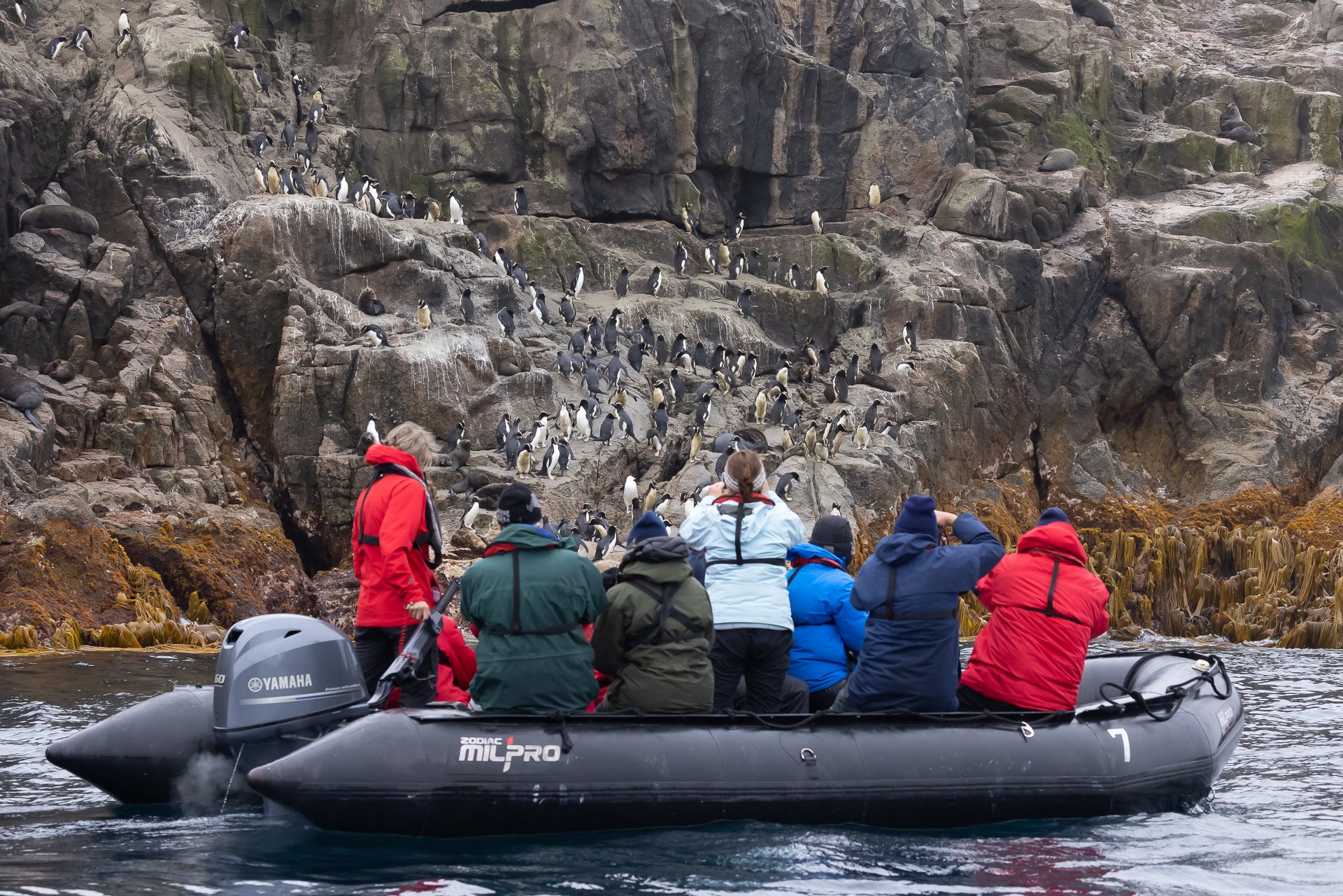
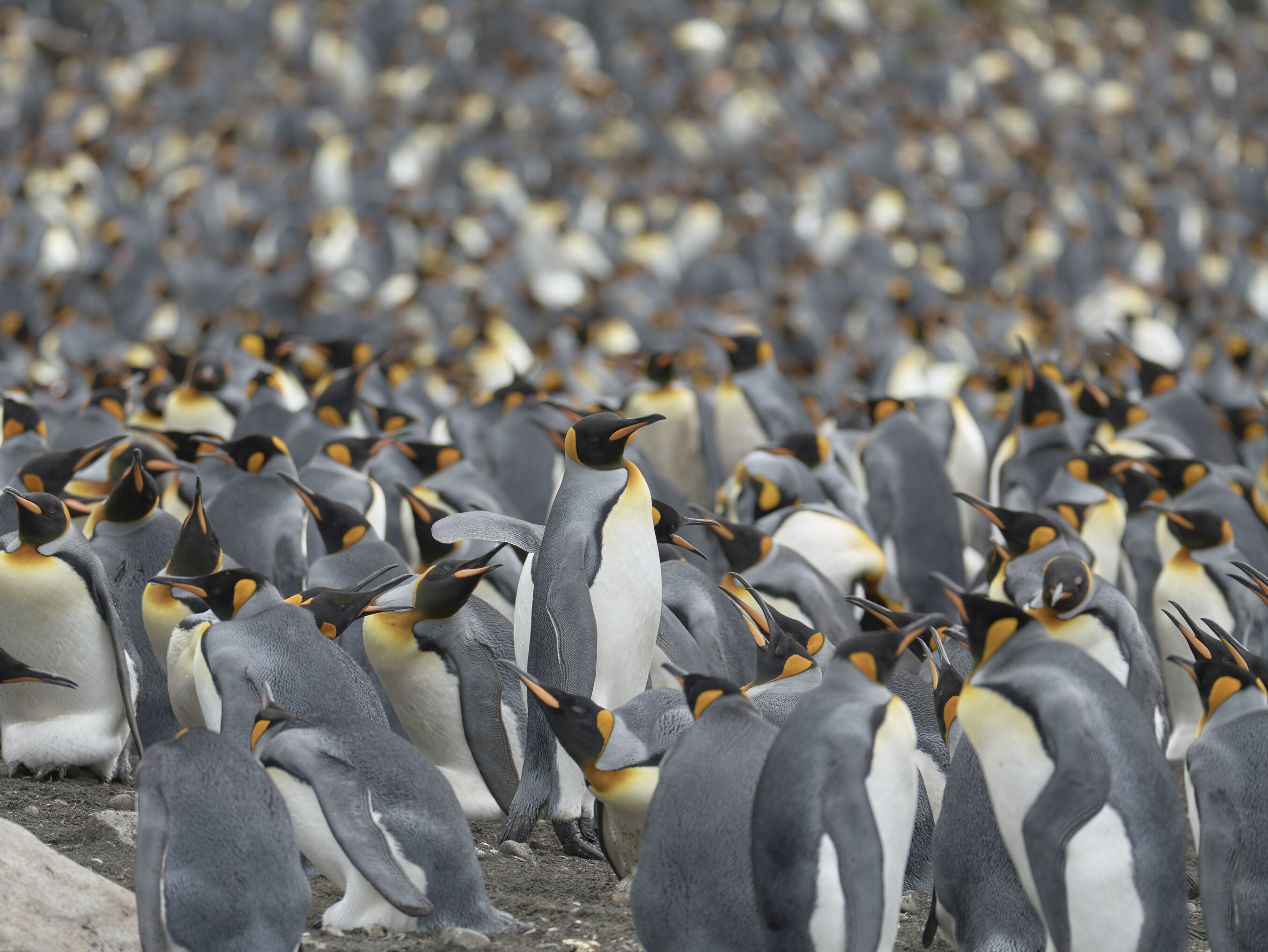
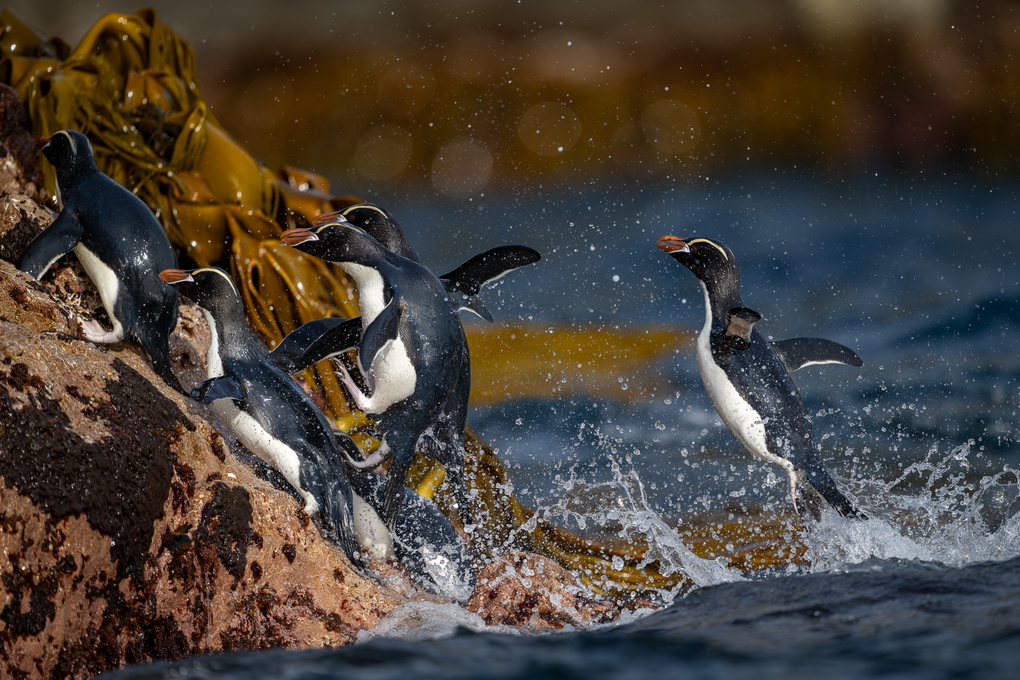
_a.woods.jpg)
ebell_campbell_albatross_off_campbell_island_during_chumming.jpg)
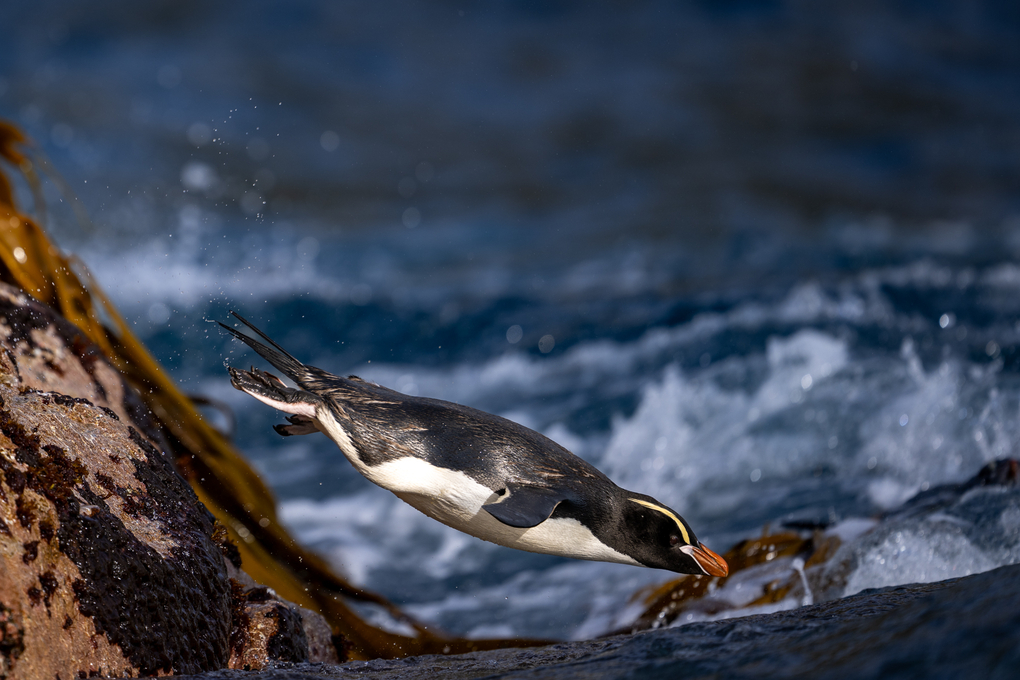
.jpg)
.jpg)
.jpg)
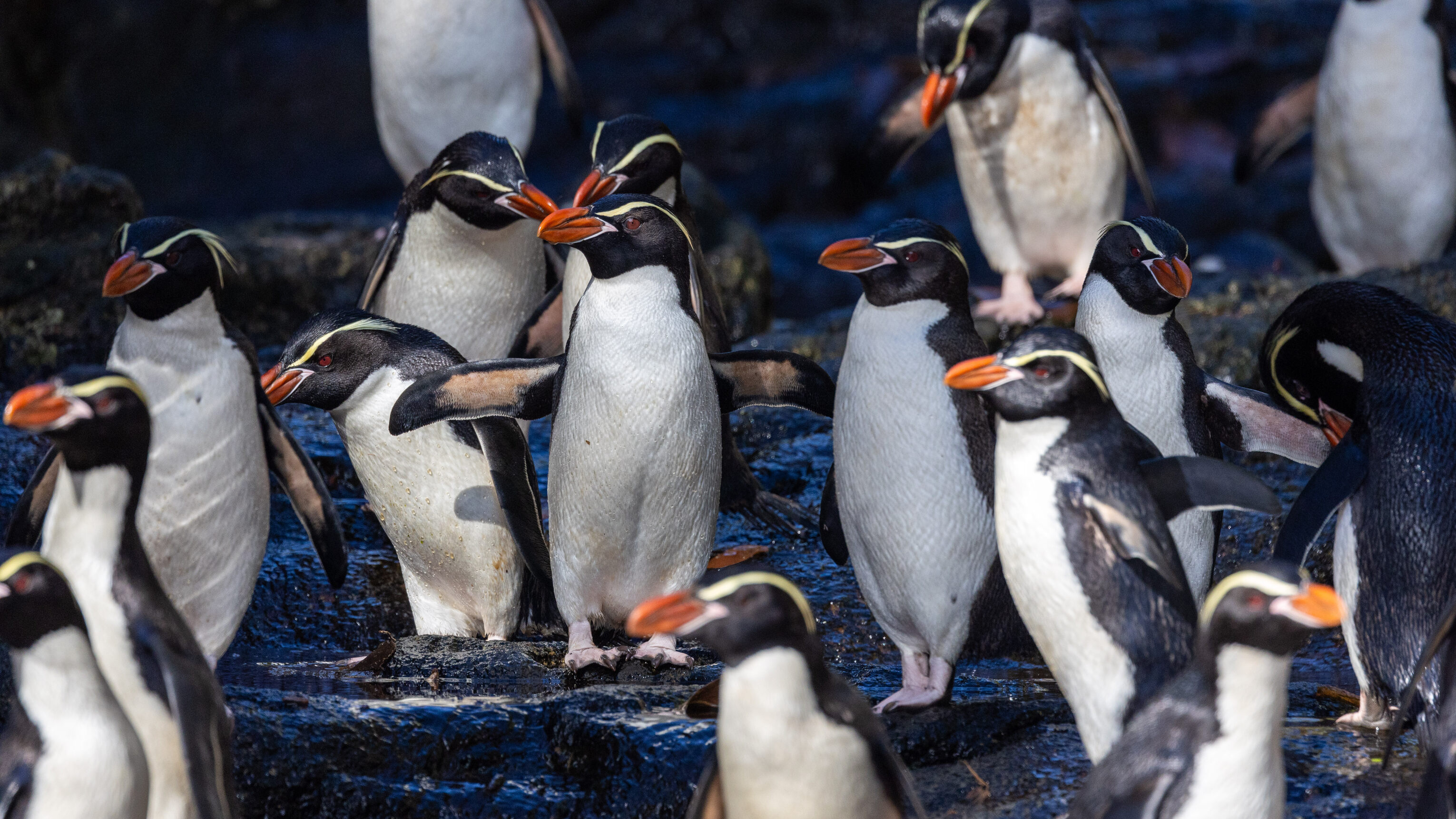
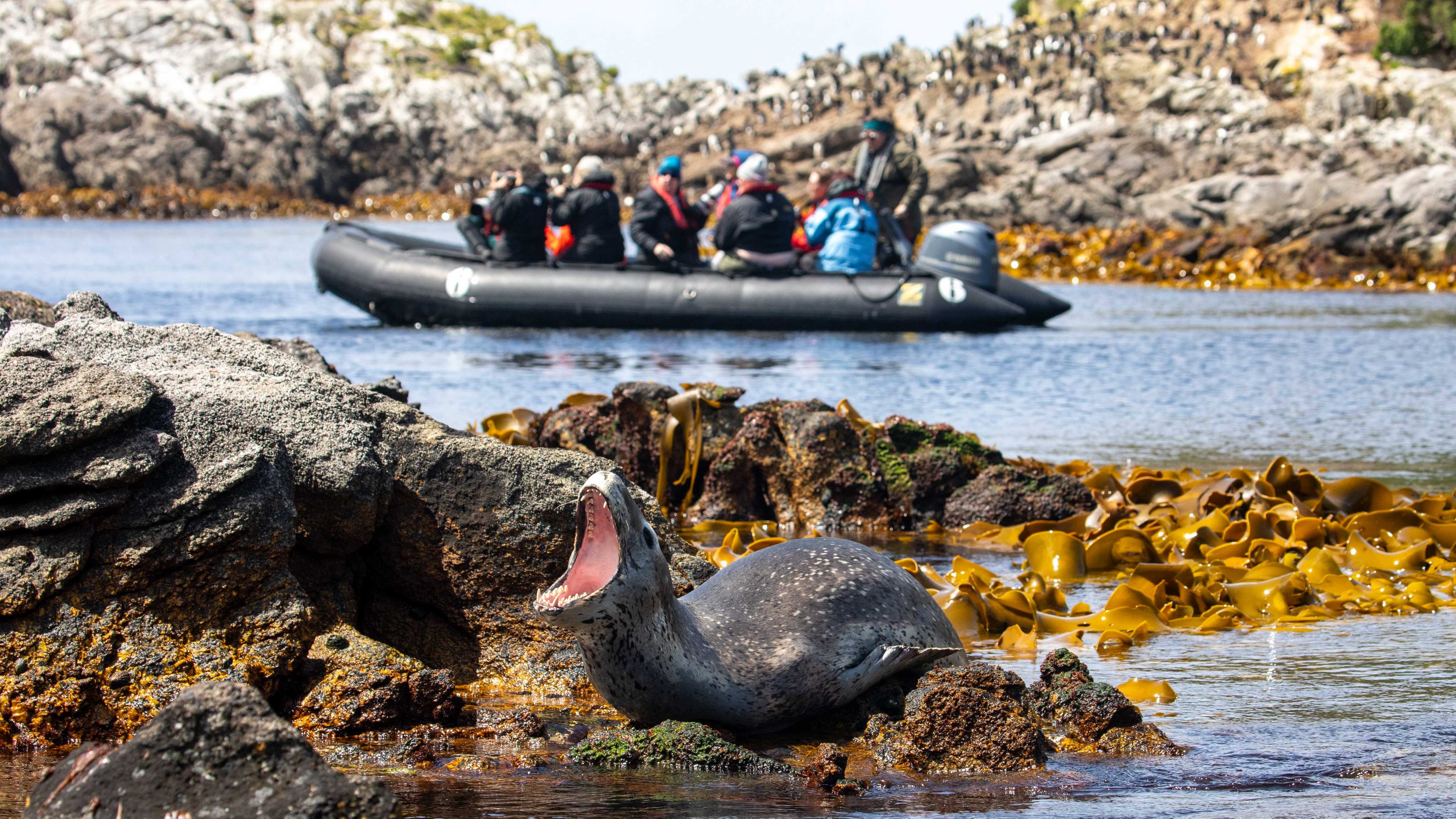
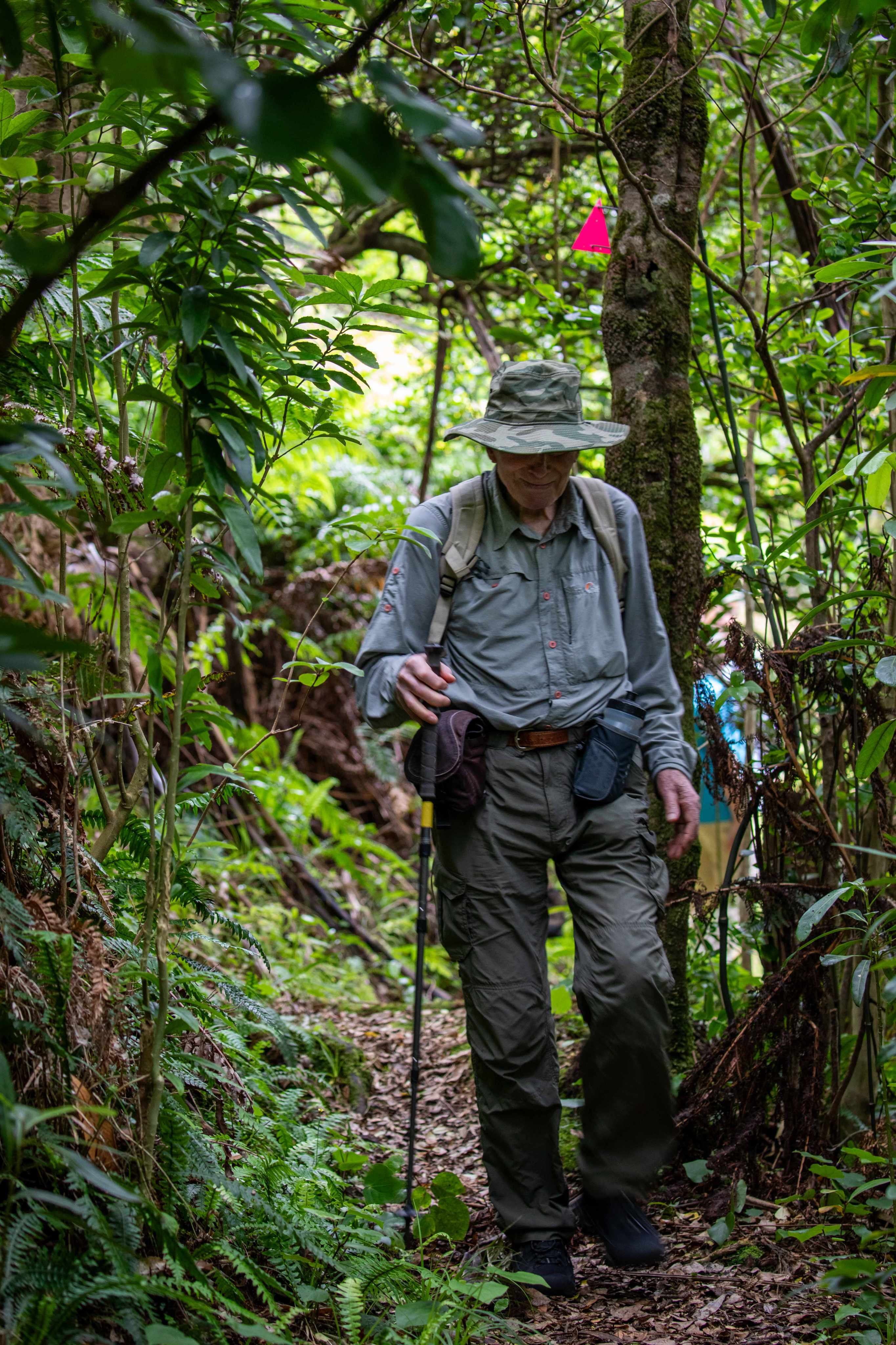
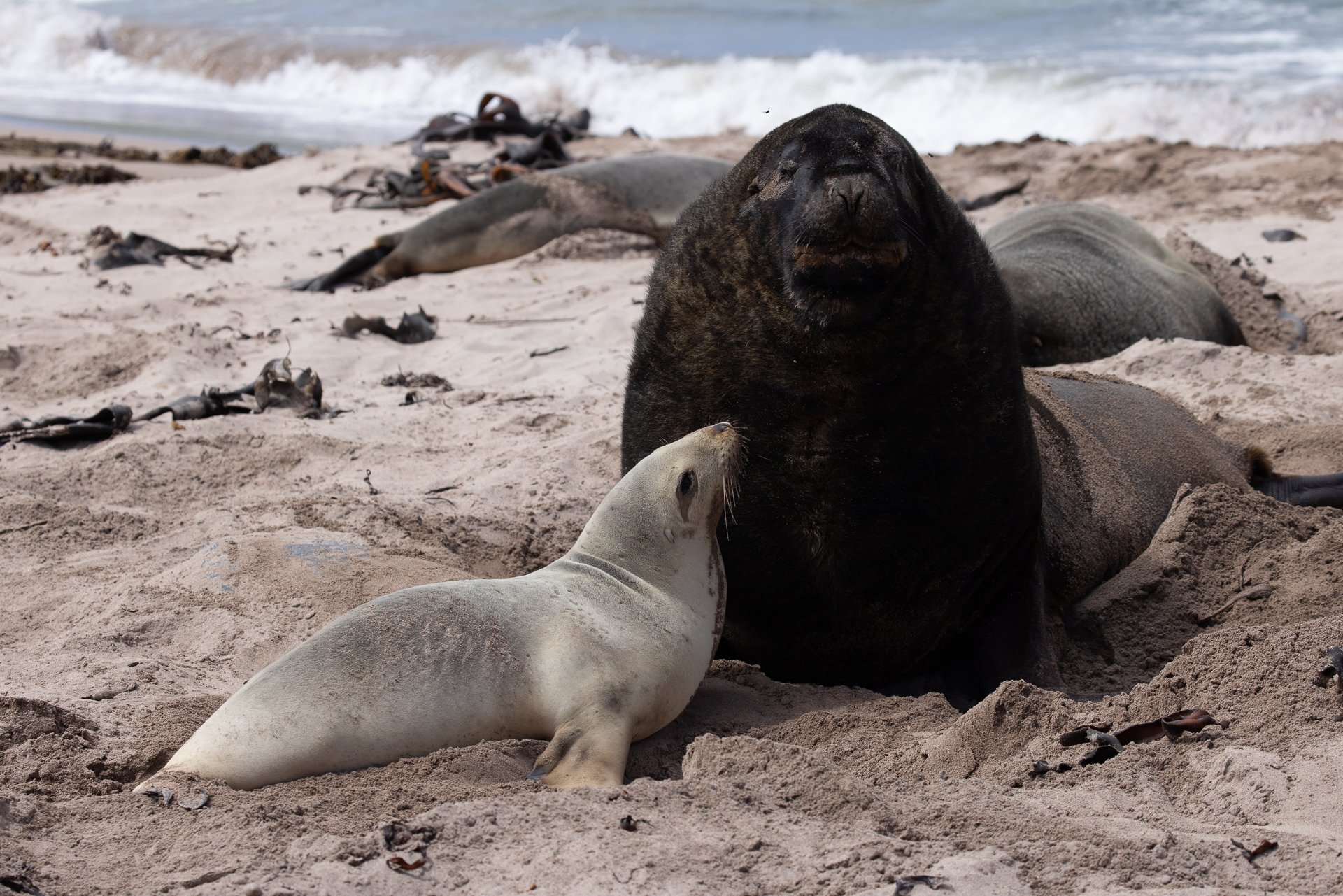
kovsyanikova_galapagos_of_the_southern_ocean_(13).jpg)
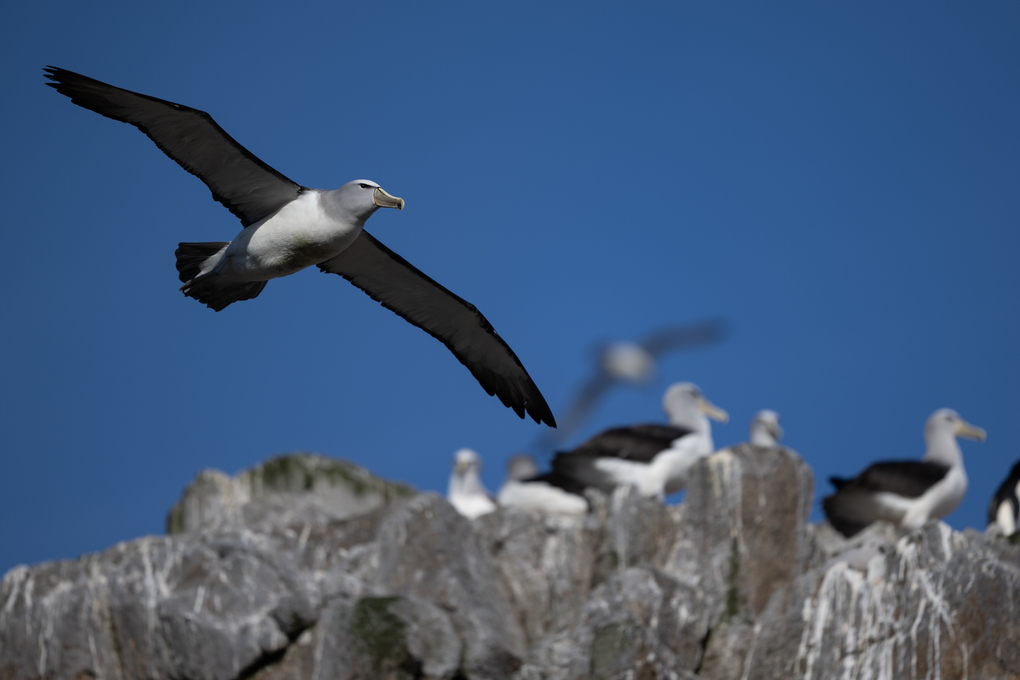
.jpg)

_ebell_shy_albatross_at_the_auckland_islands.jpg)
.jpg)
kovsyanikova_galapagos_of_the_southern_ocean_(1).jpg)
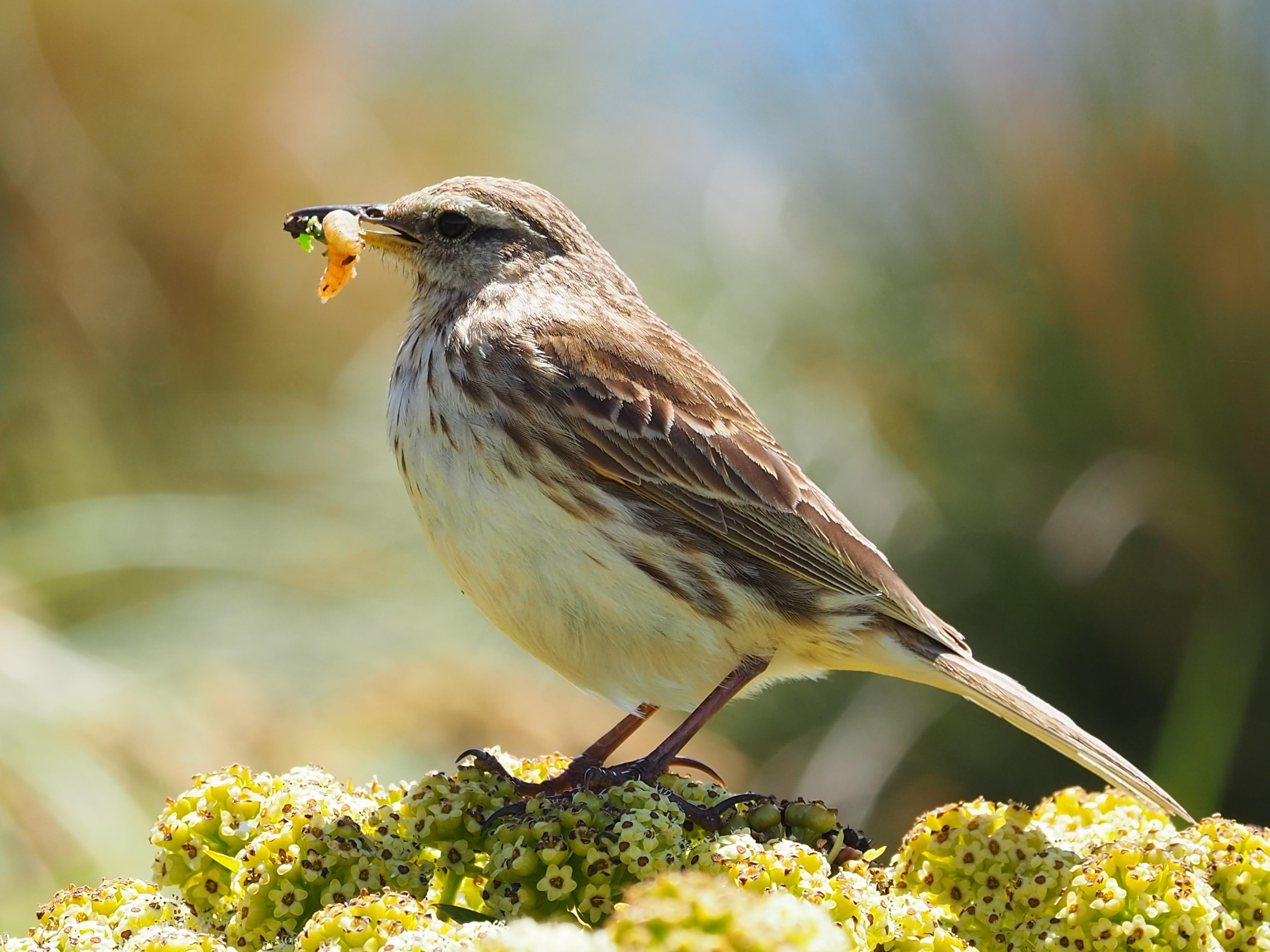
.jpg)
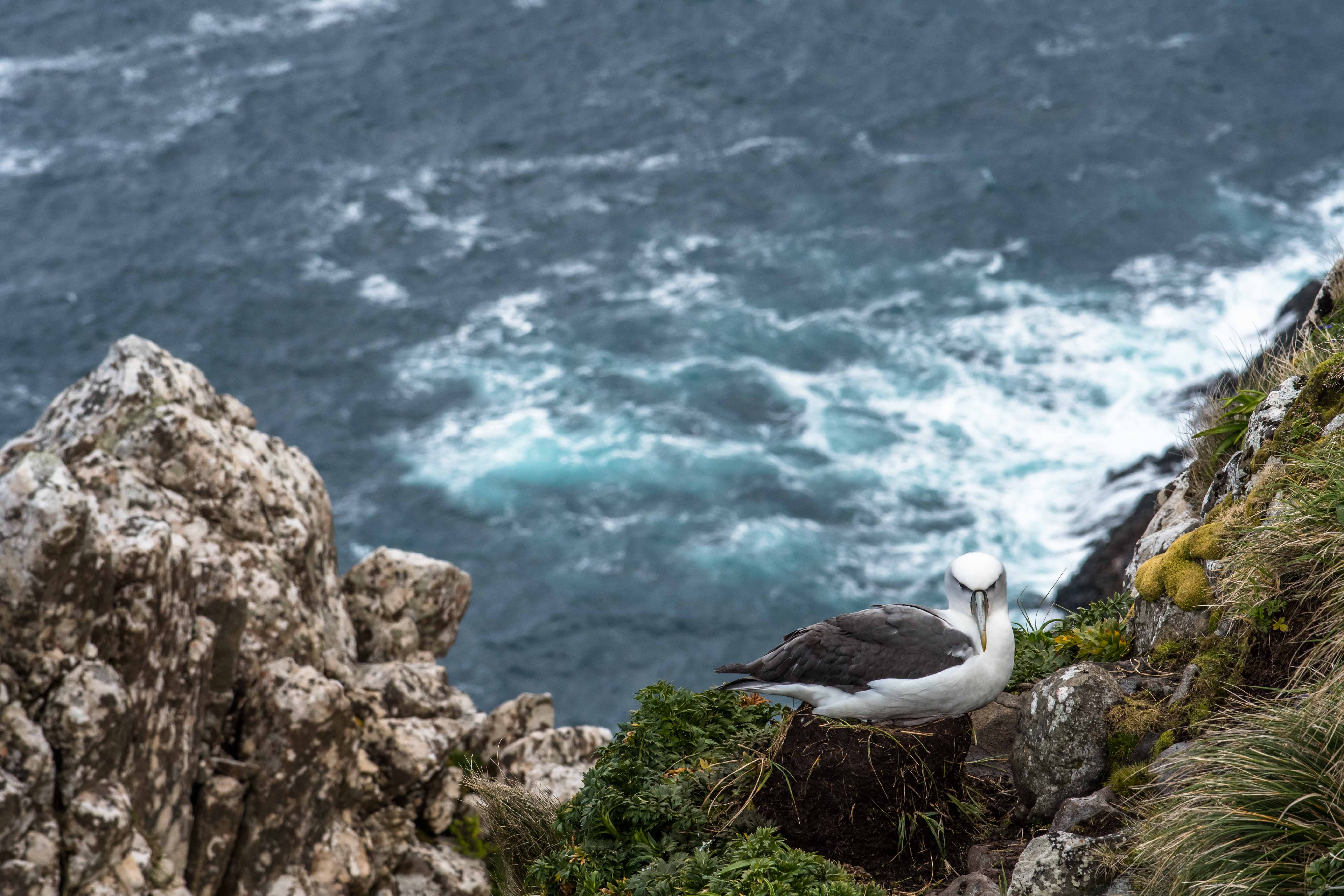
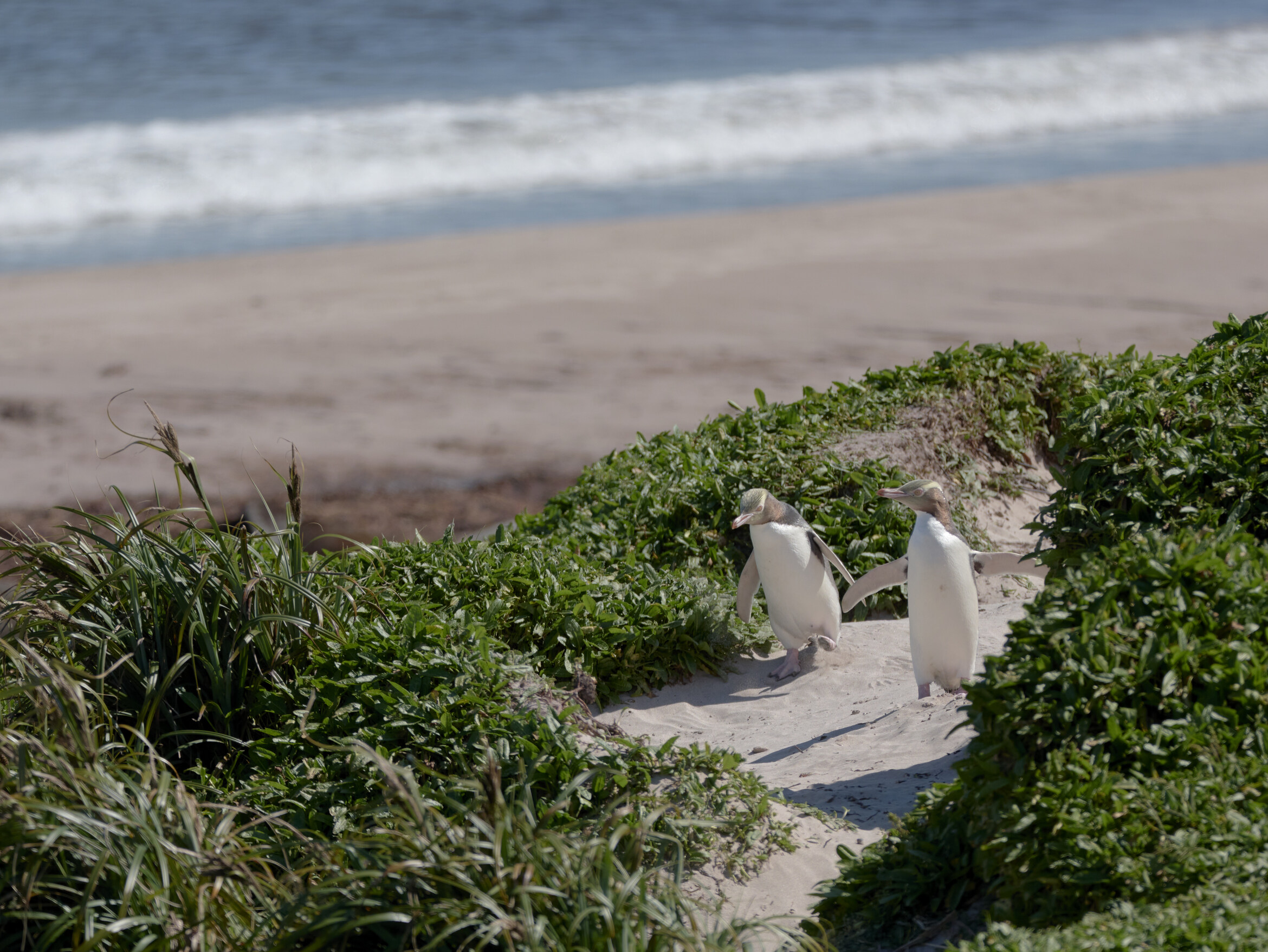
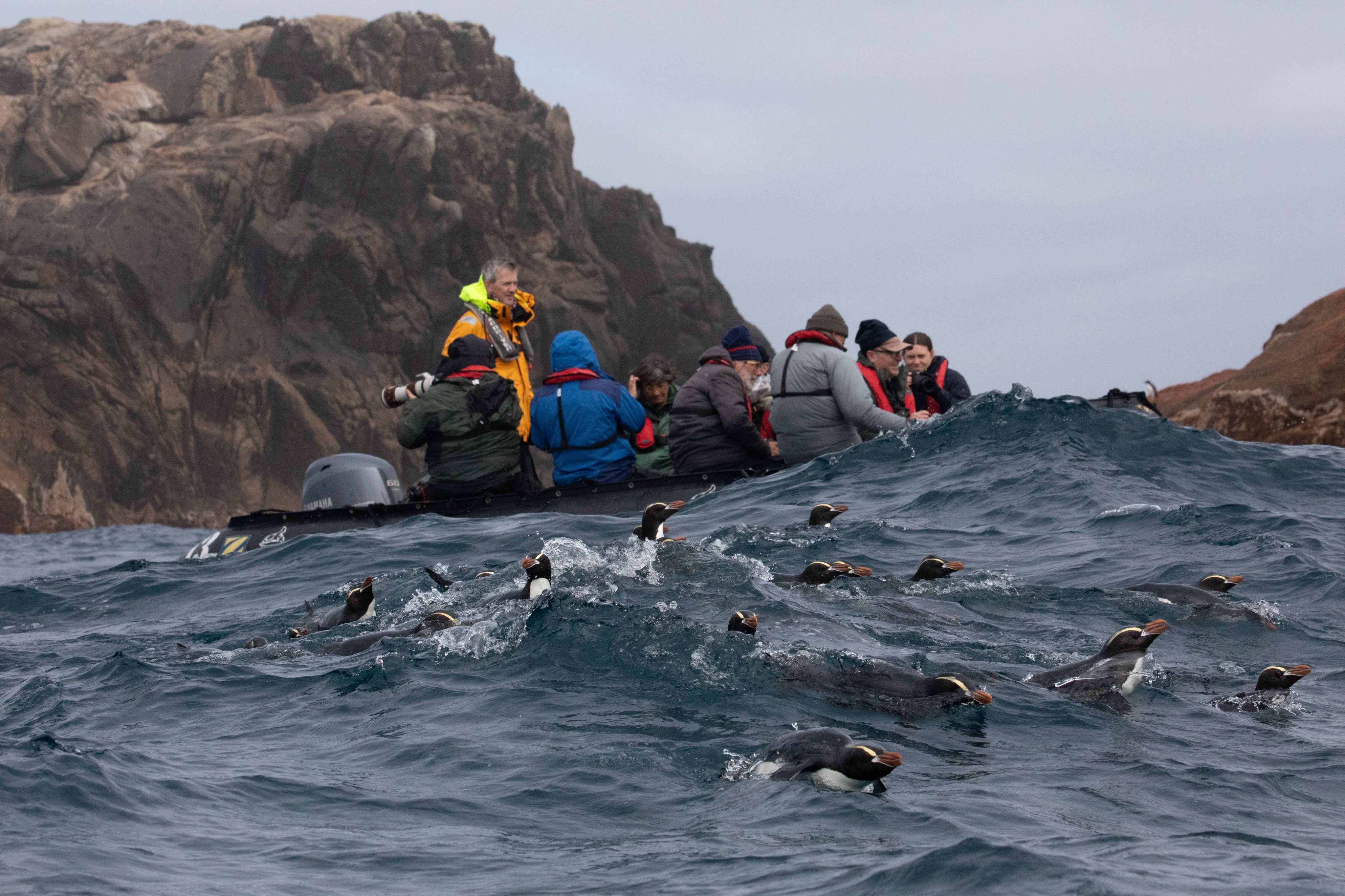

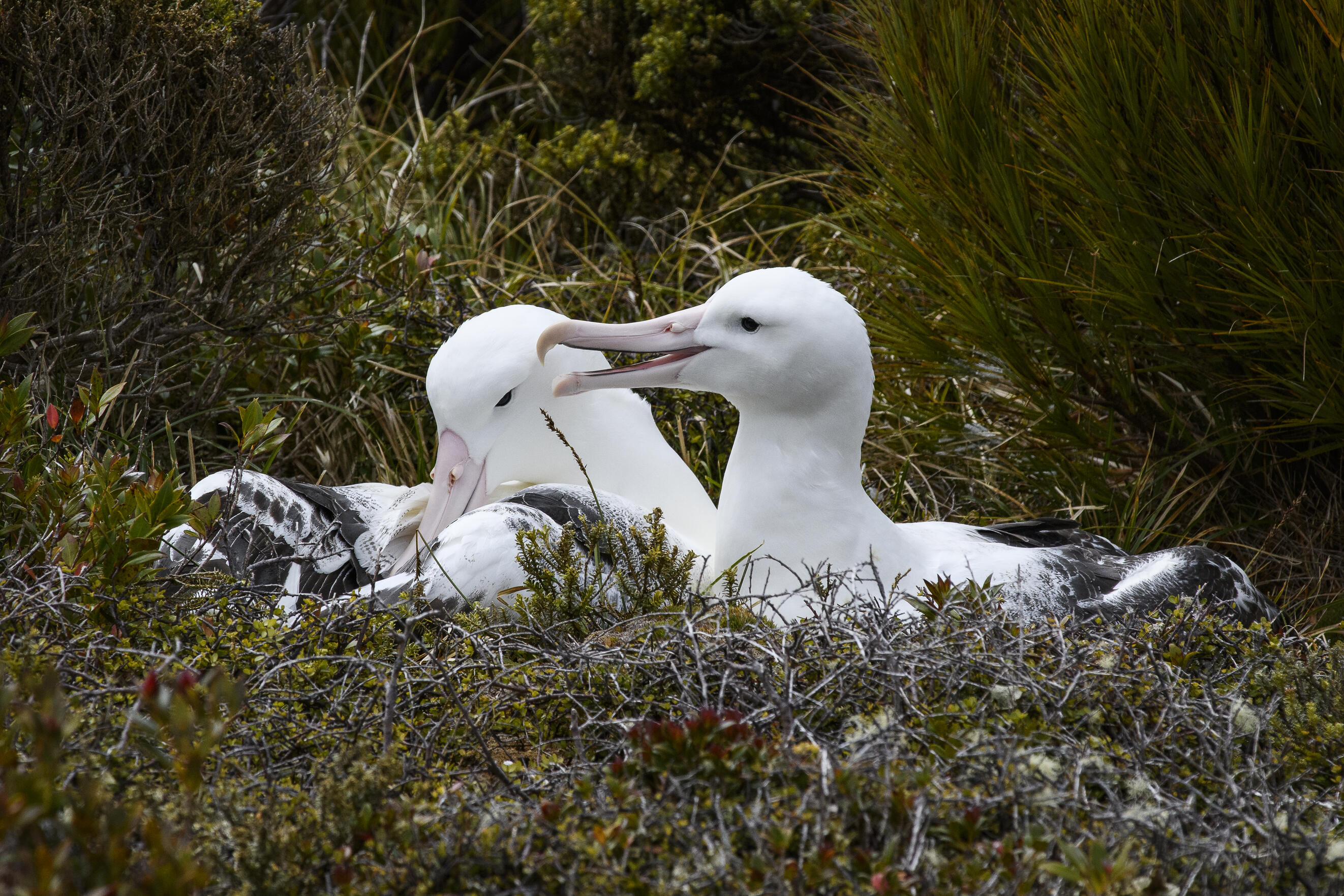
kovsyanikova_galapagos_of_the_southern_ocean_(12).jpg)
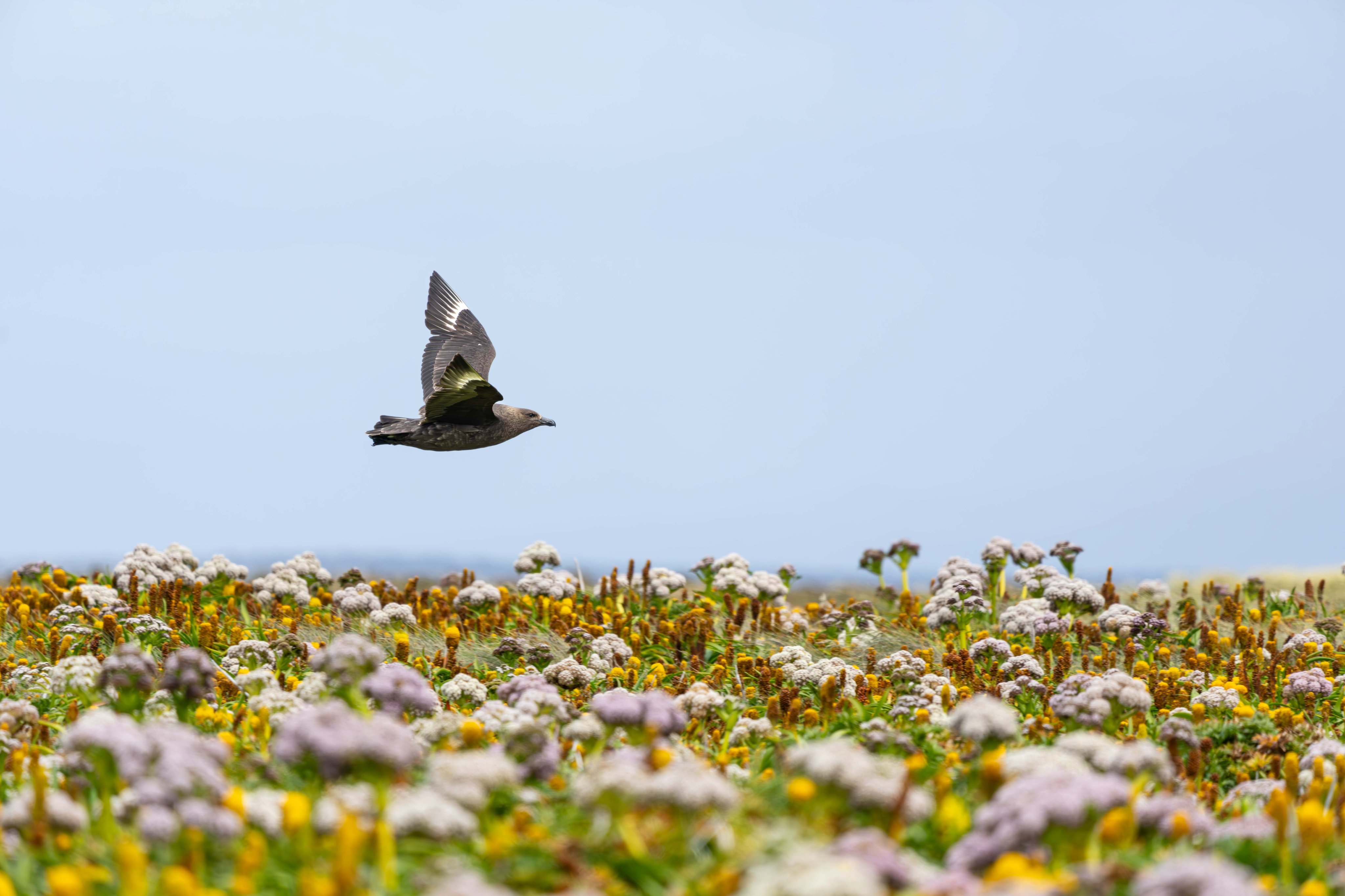
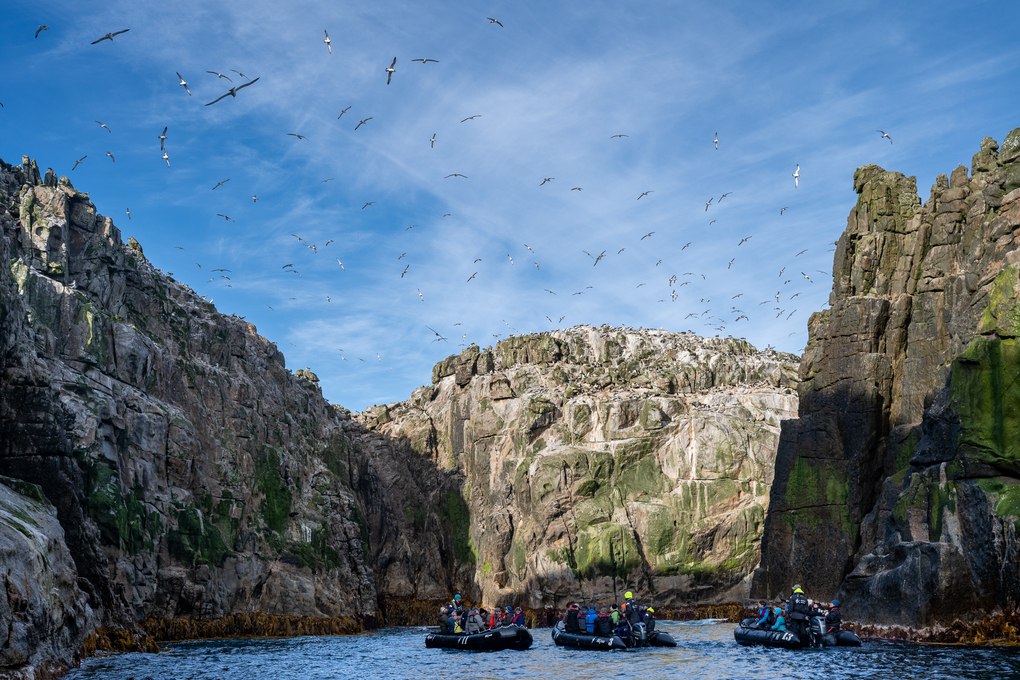
_ebell_auckland_island.jpg)
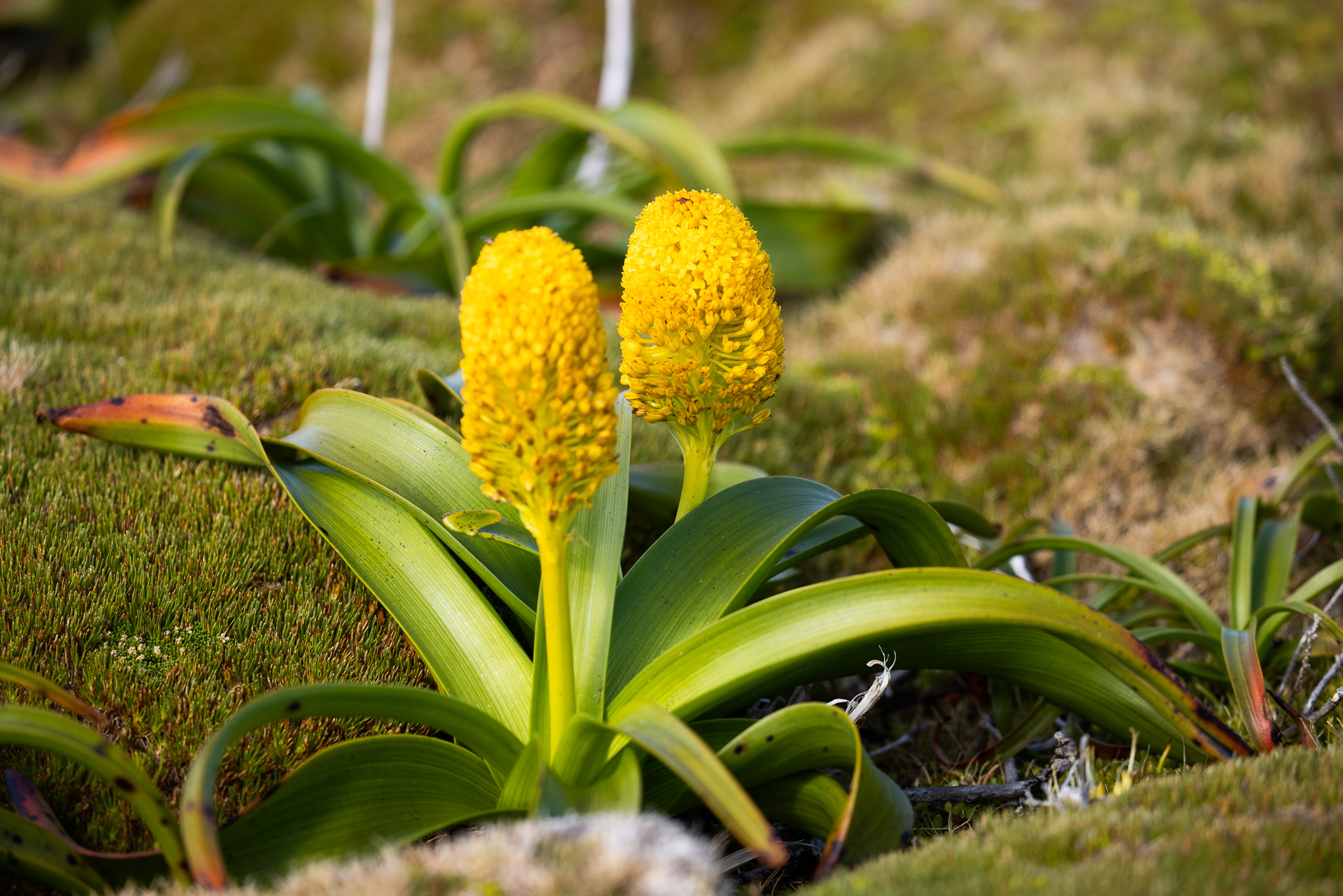
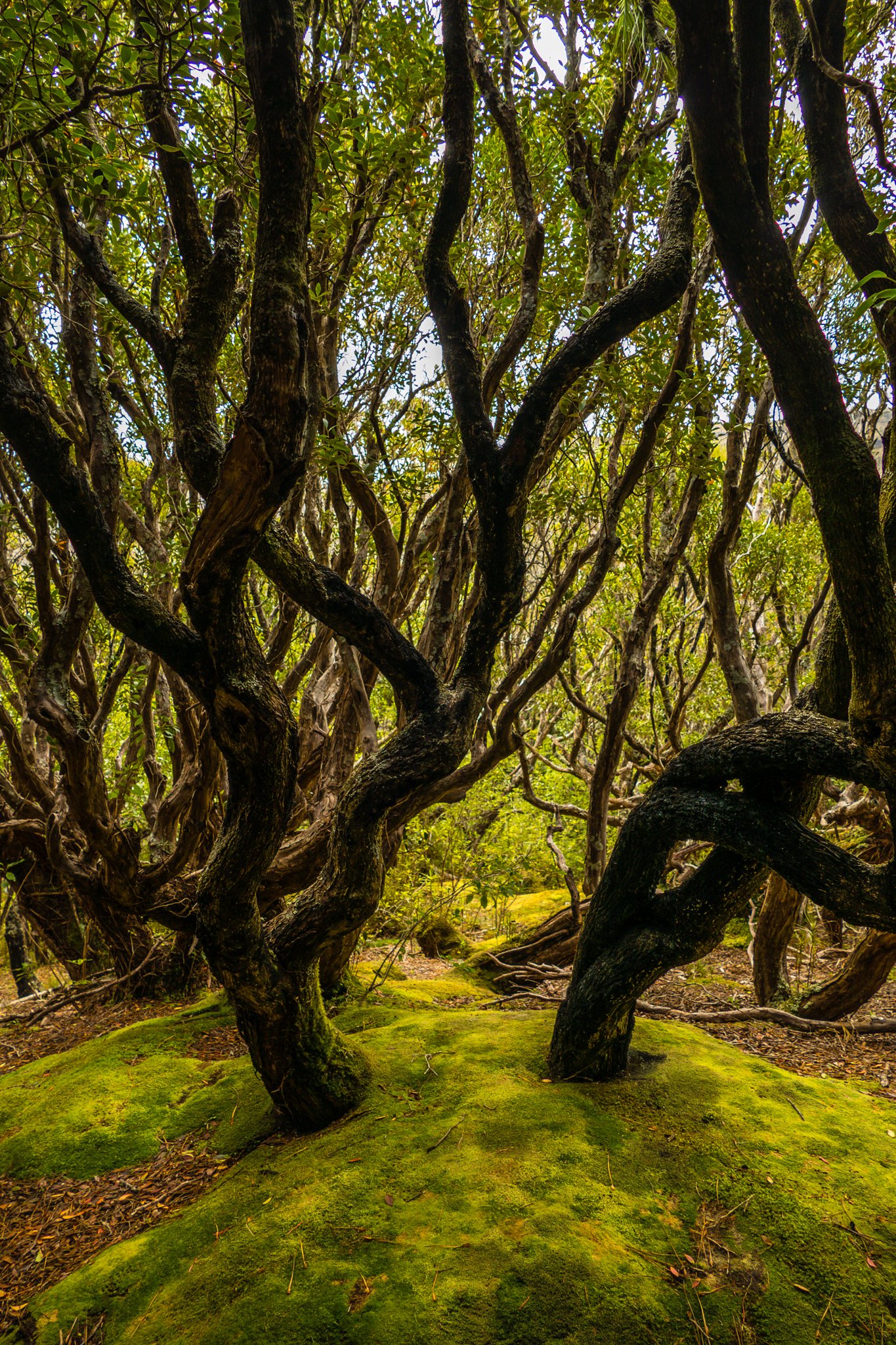
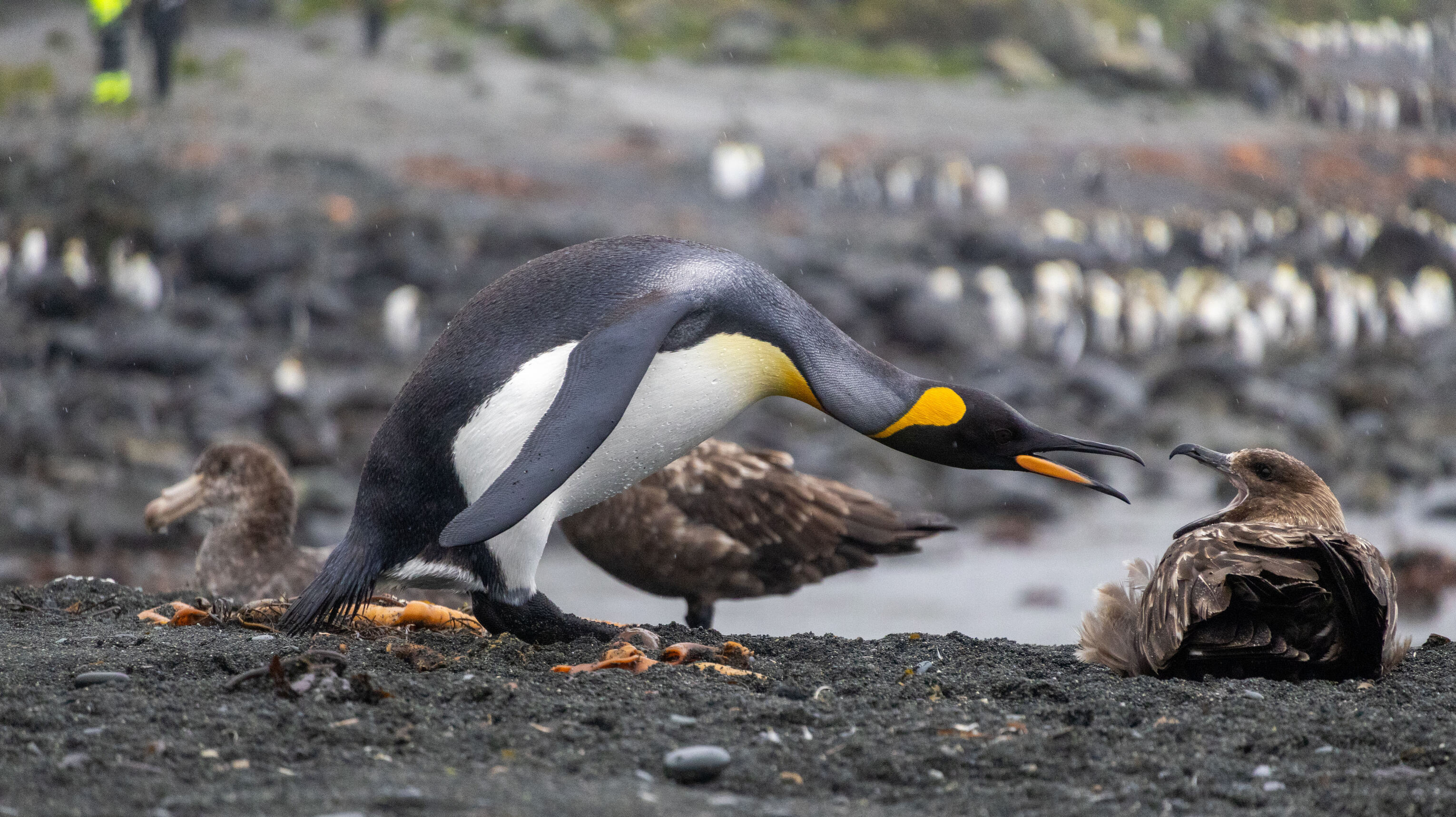
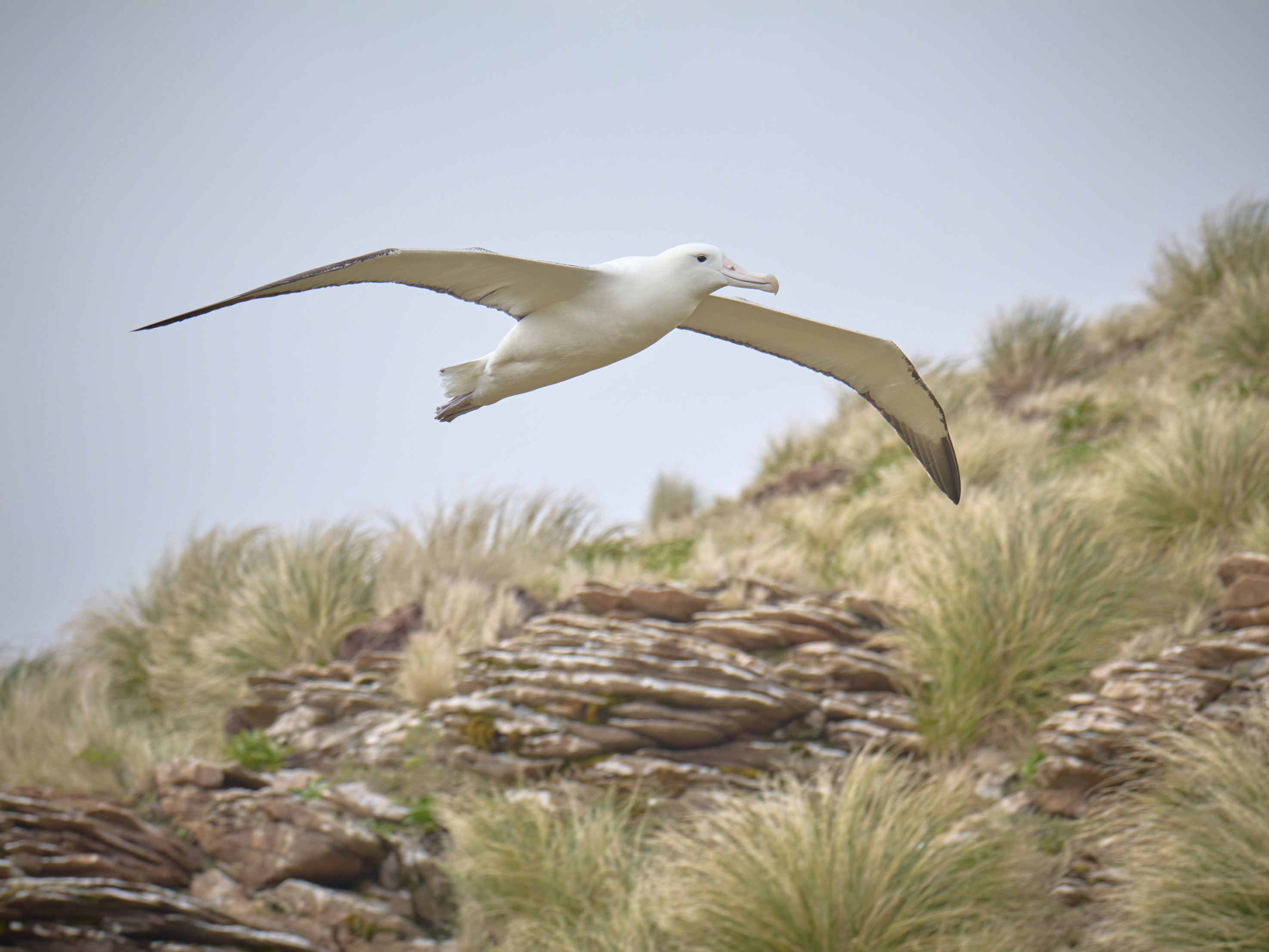
.jpg)
_ebell_stretching_royal_albatross.jpg)
.jpg)

.jpg)

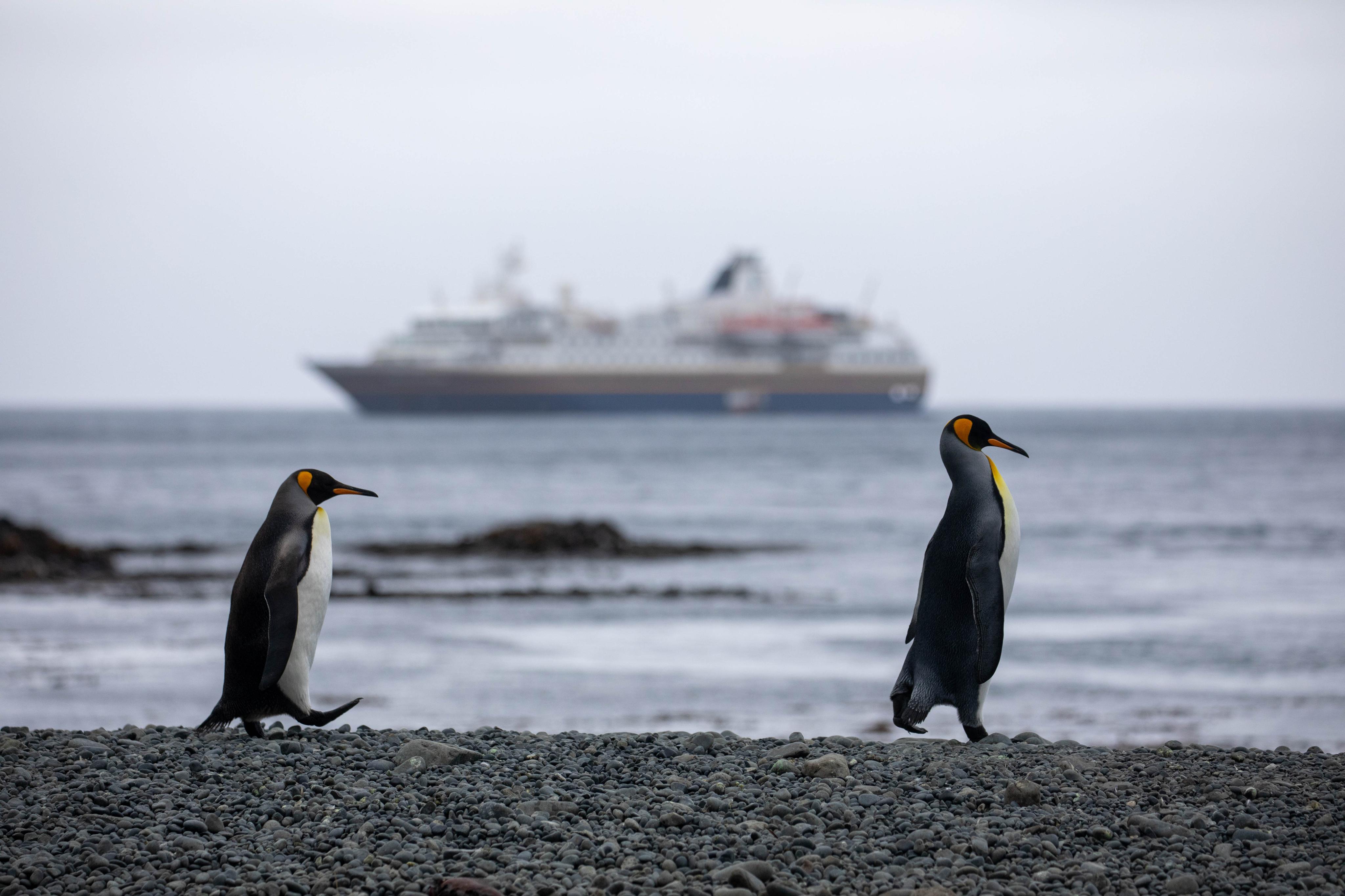
_ebell_sub-antarctic-islands-the-snares.jpg)
.jpg)
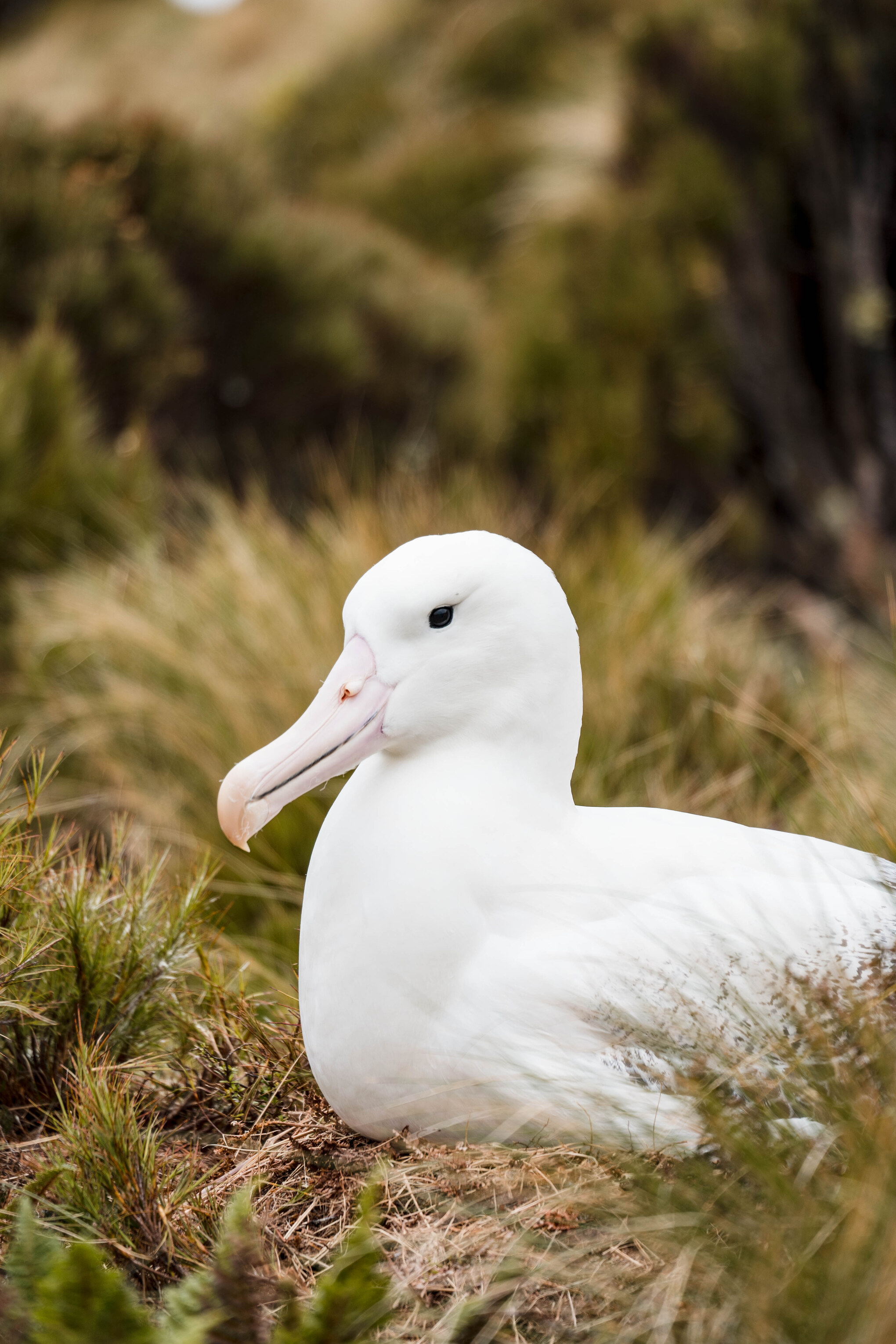
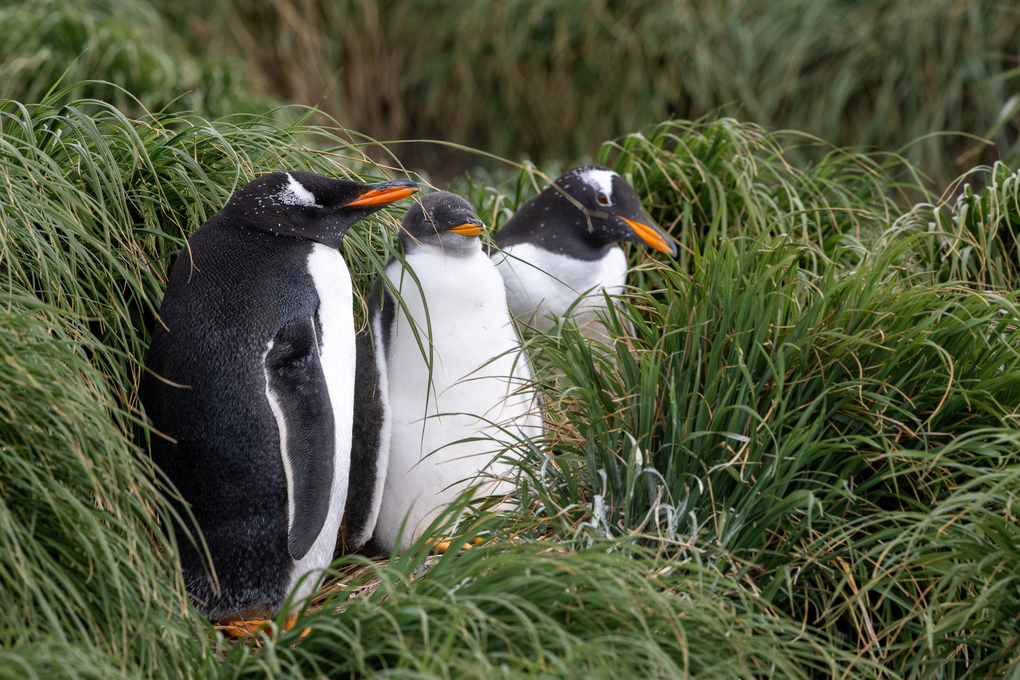
.jpg)
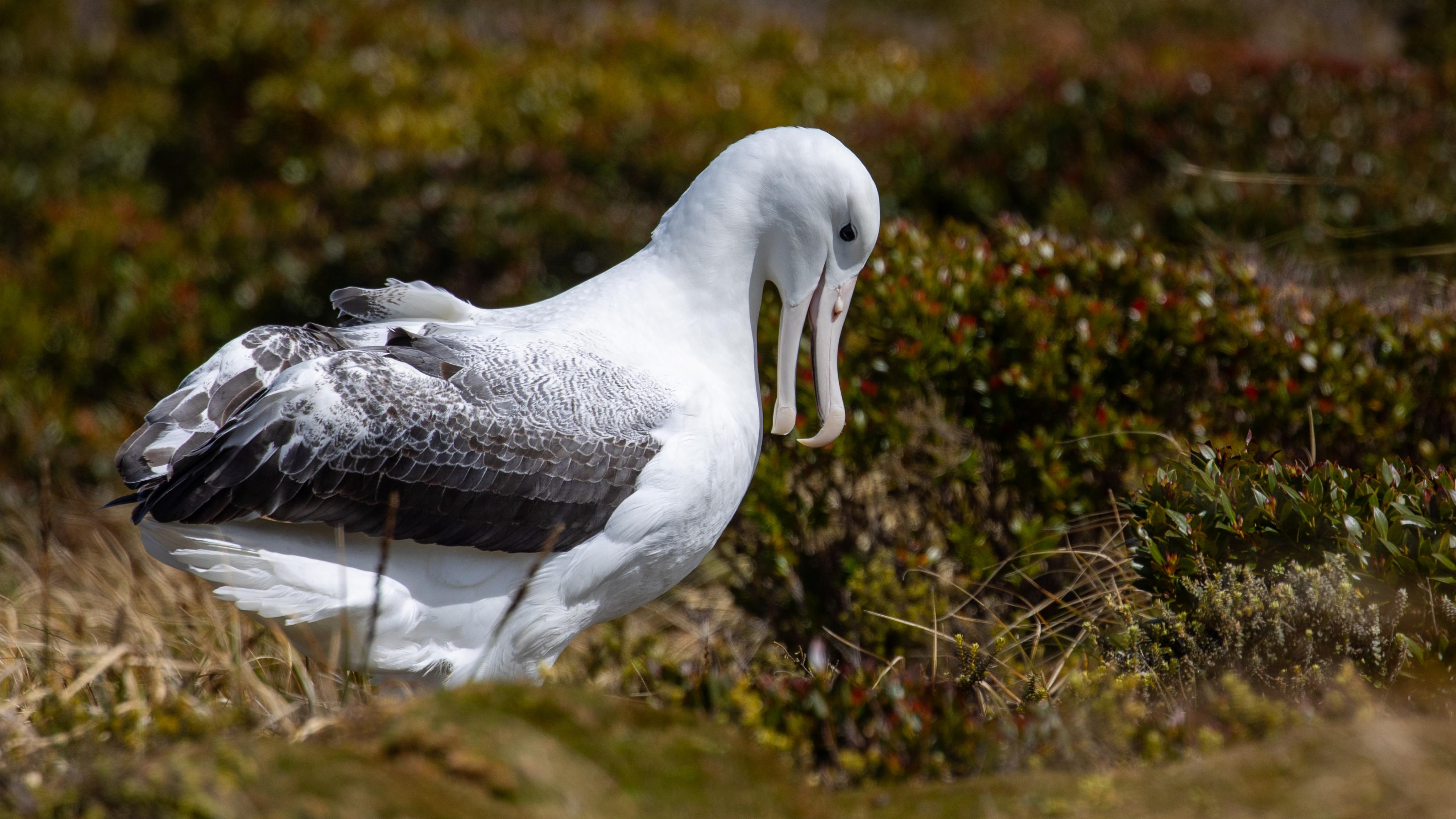
.jpg)
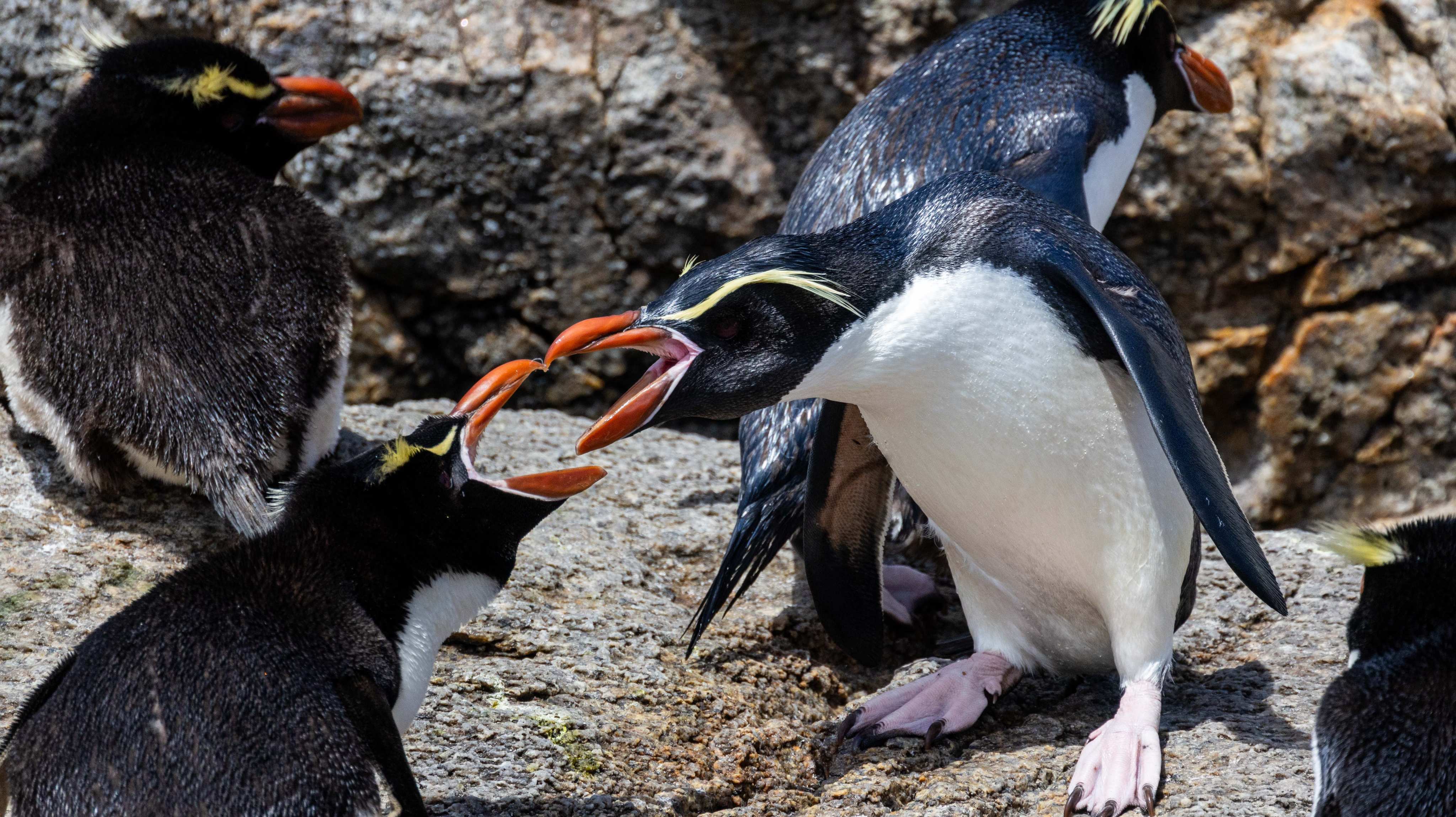
.jpg)
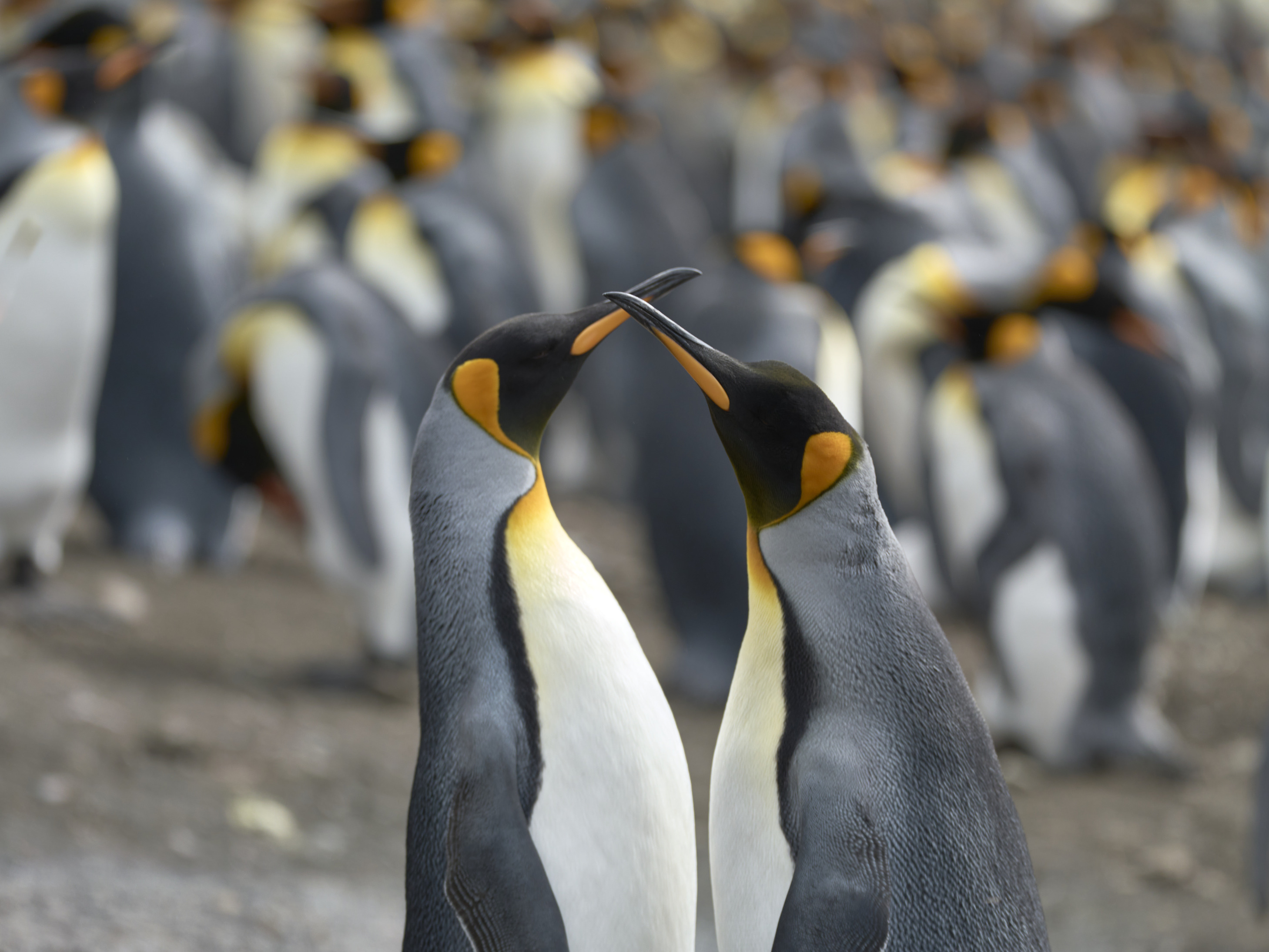
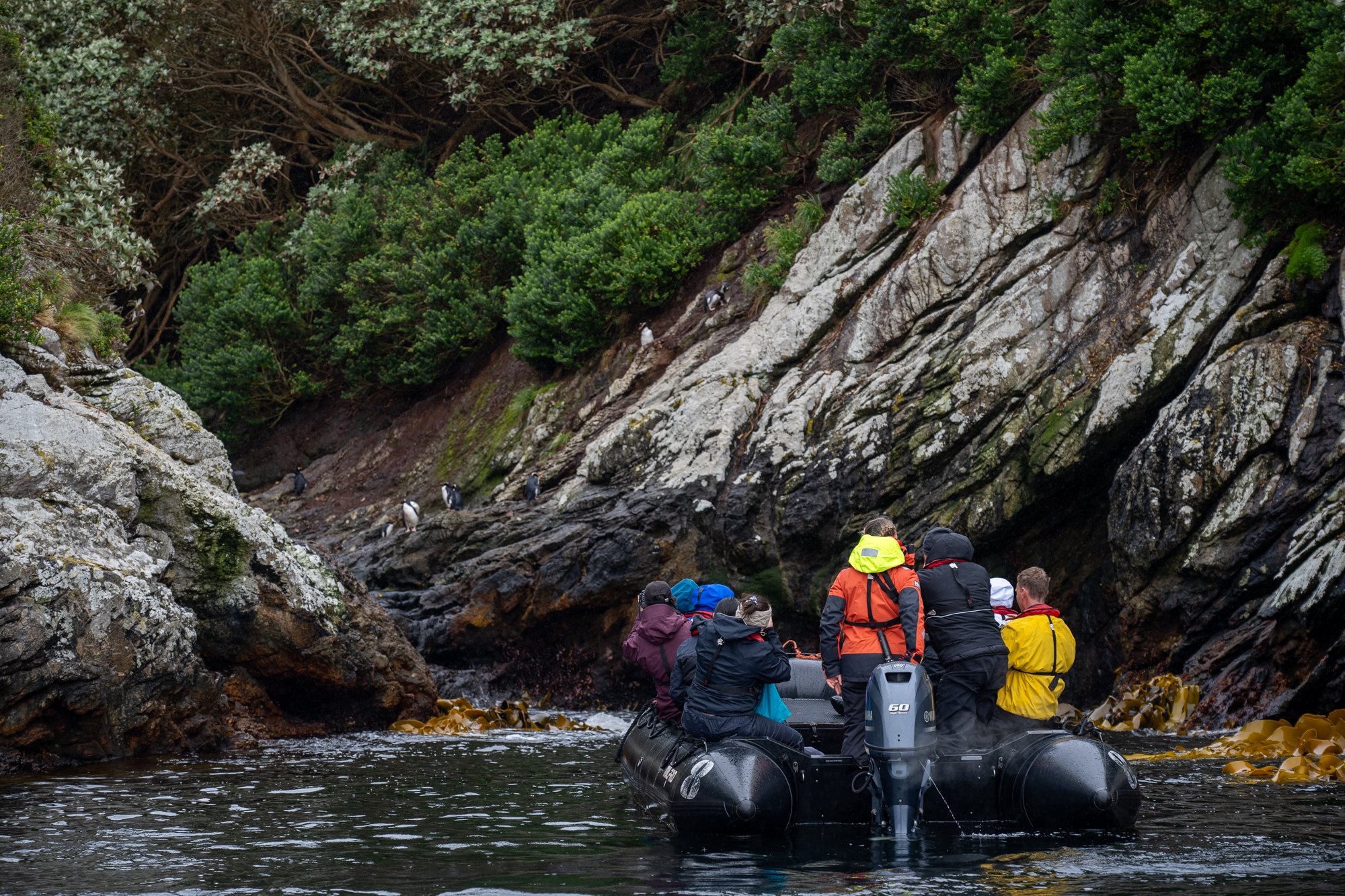
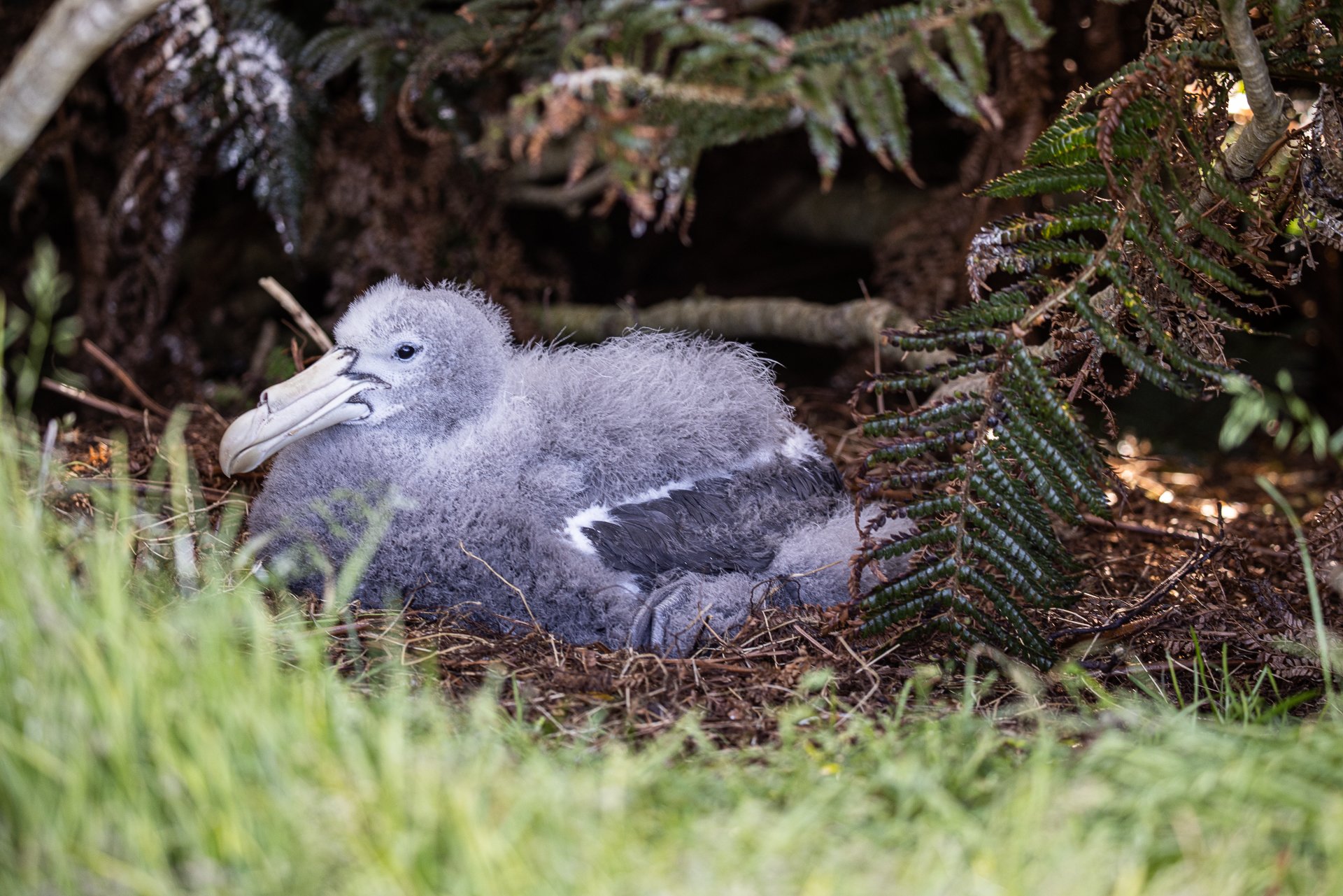
.jpg)
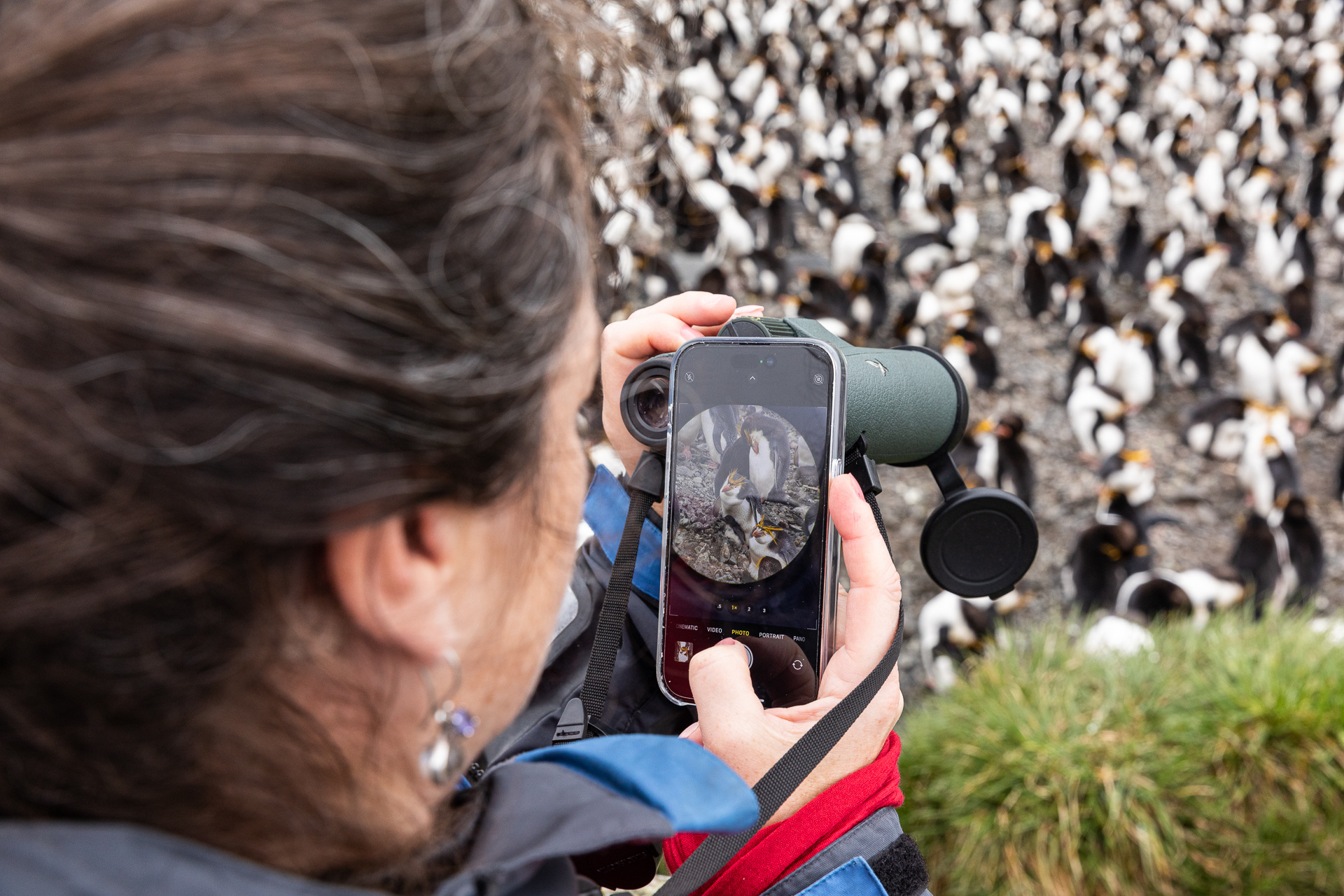
.jpg)

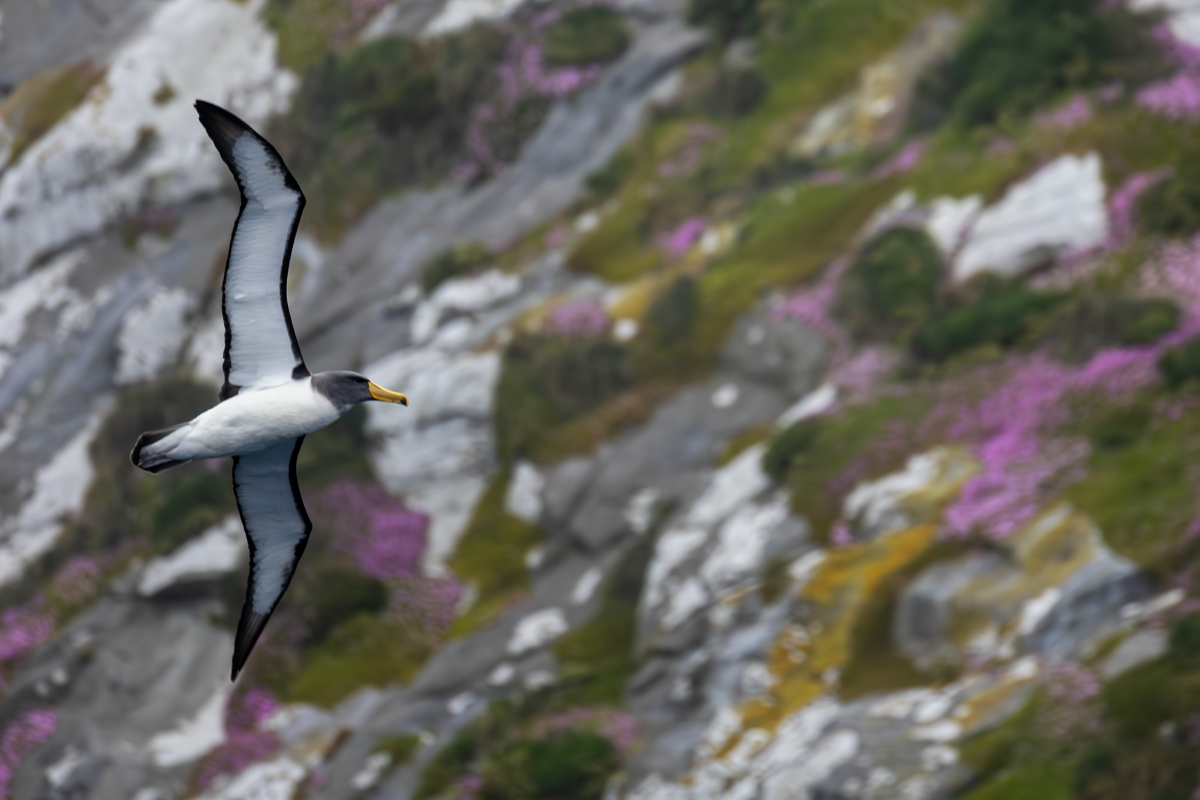
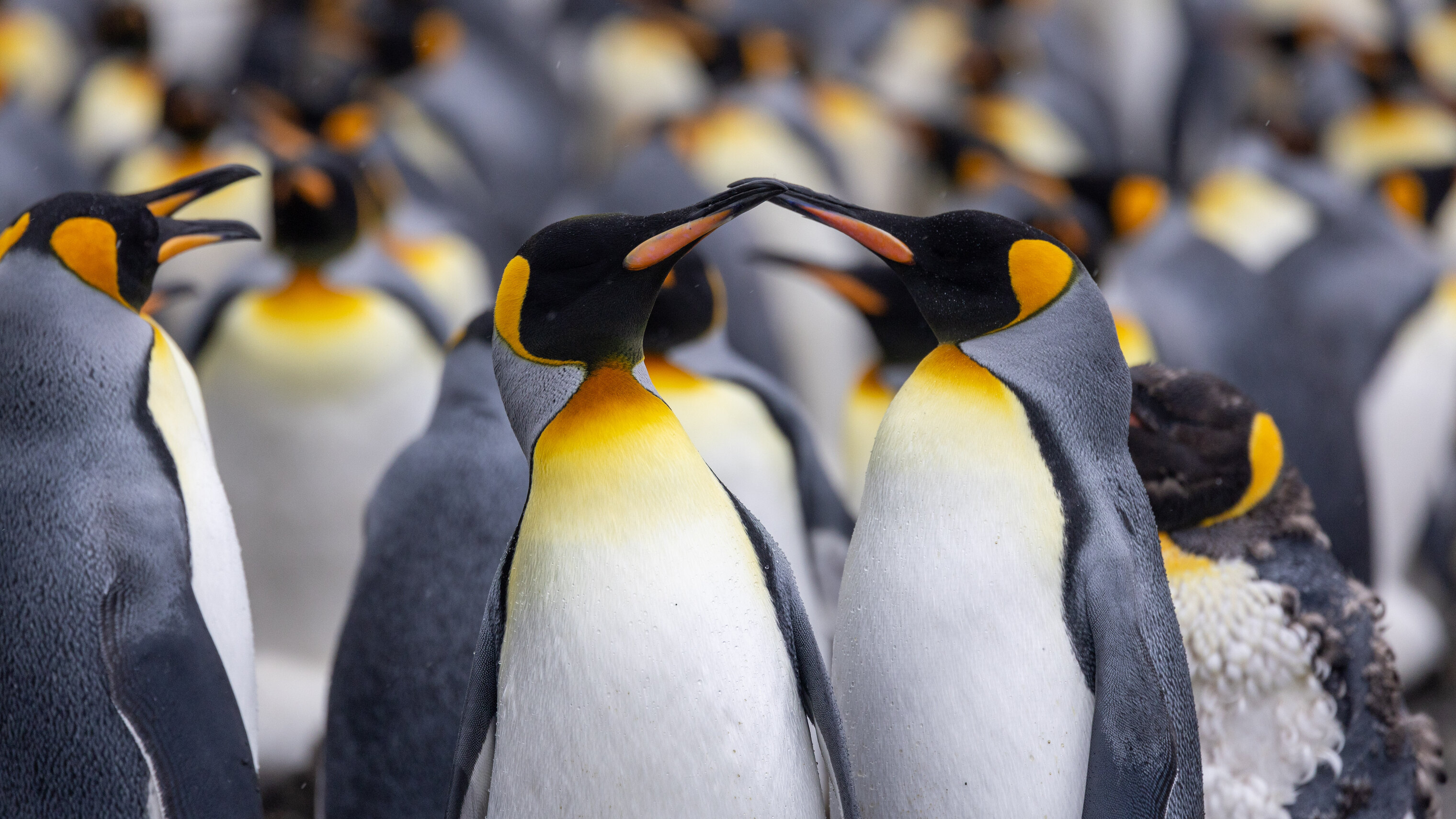
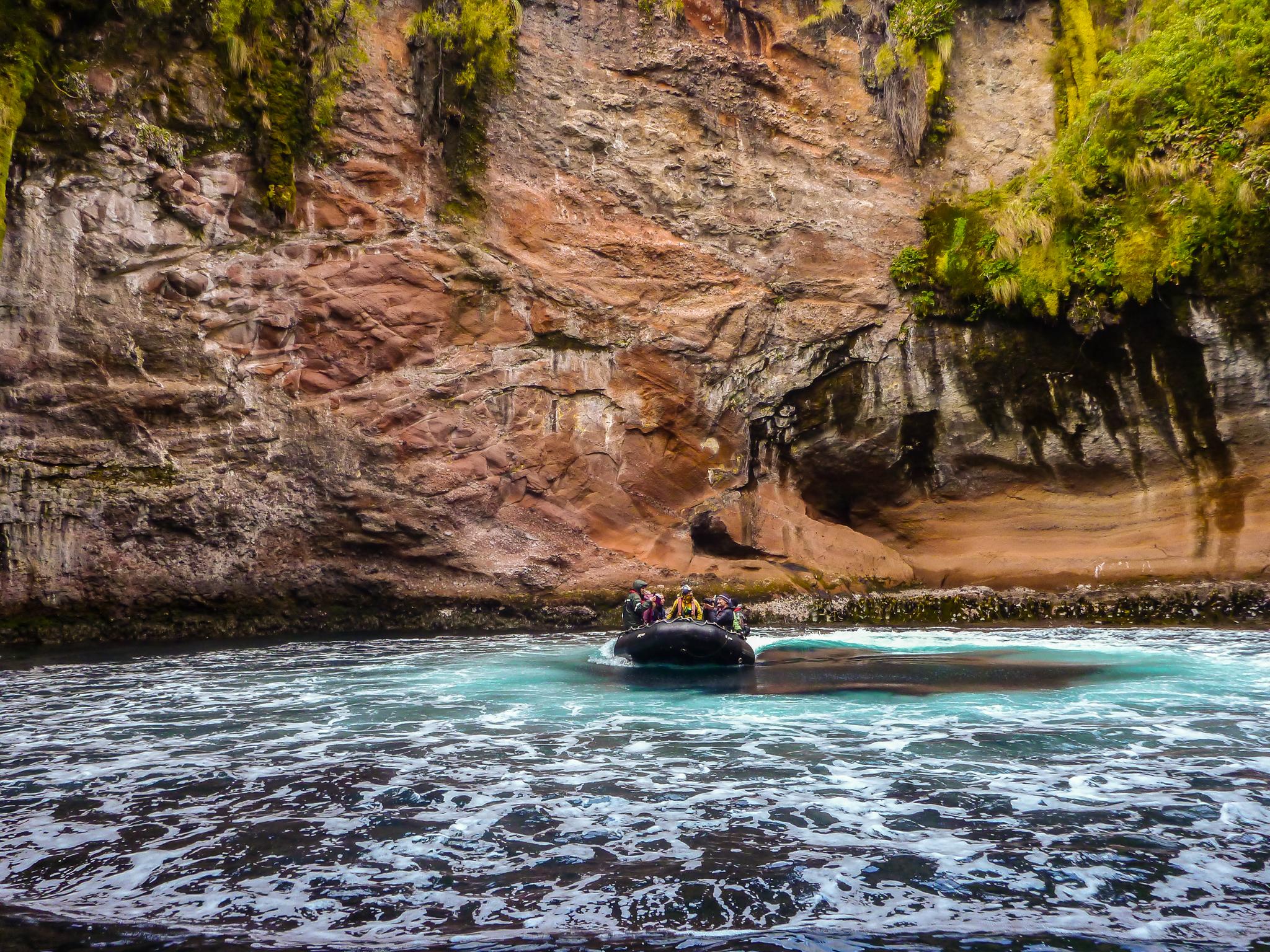
.jpg)
.jpg)
_ebell_royal_albatross.jpg)
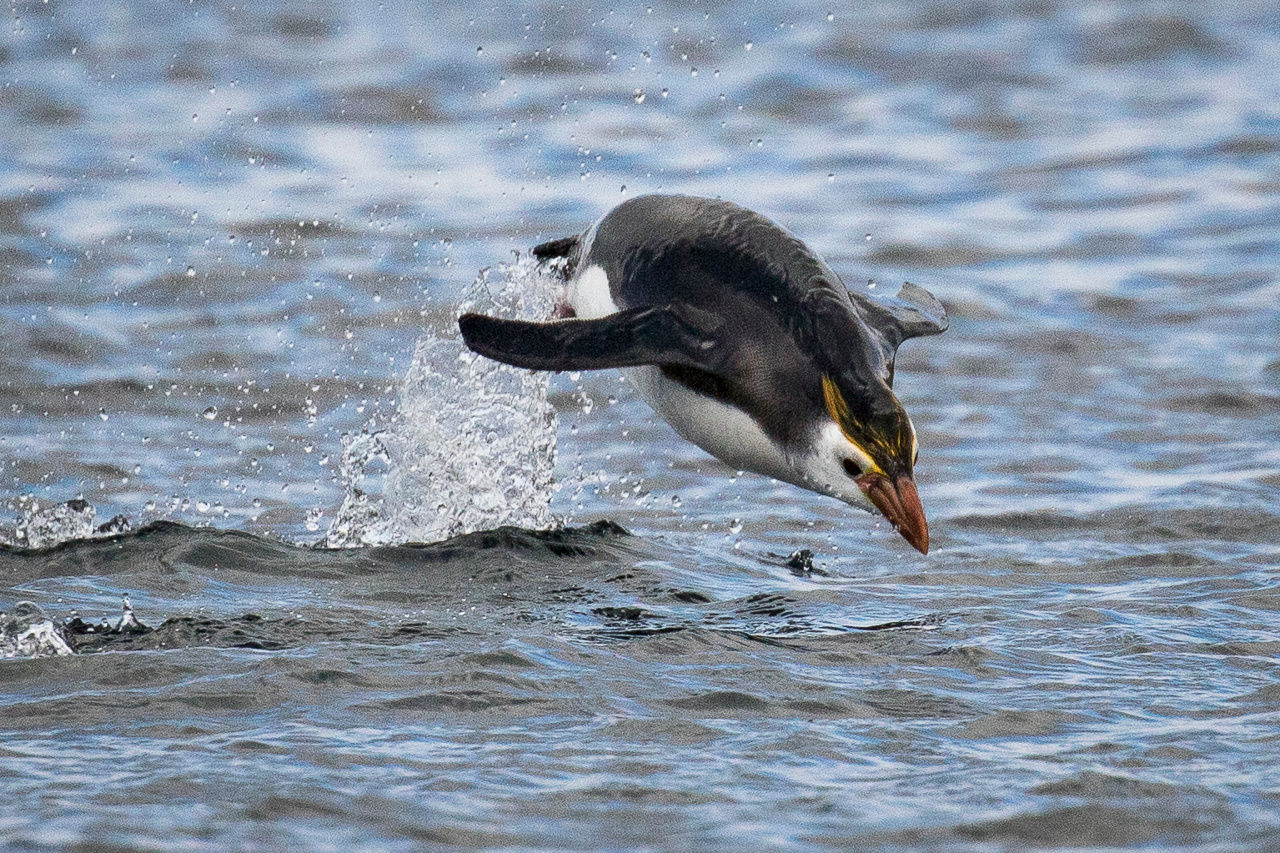
ebell_campbell_albatross_slow_motion_flying_(custom).jpg)
.jpg)
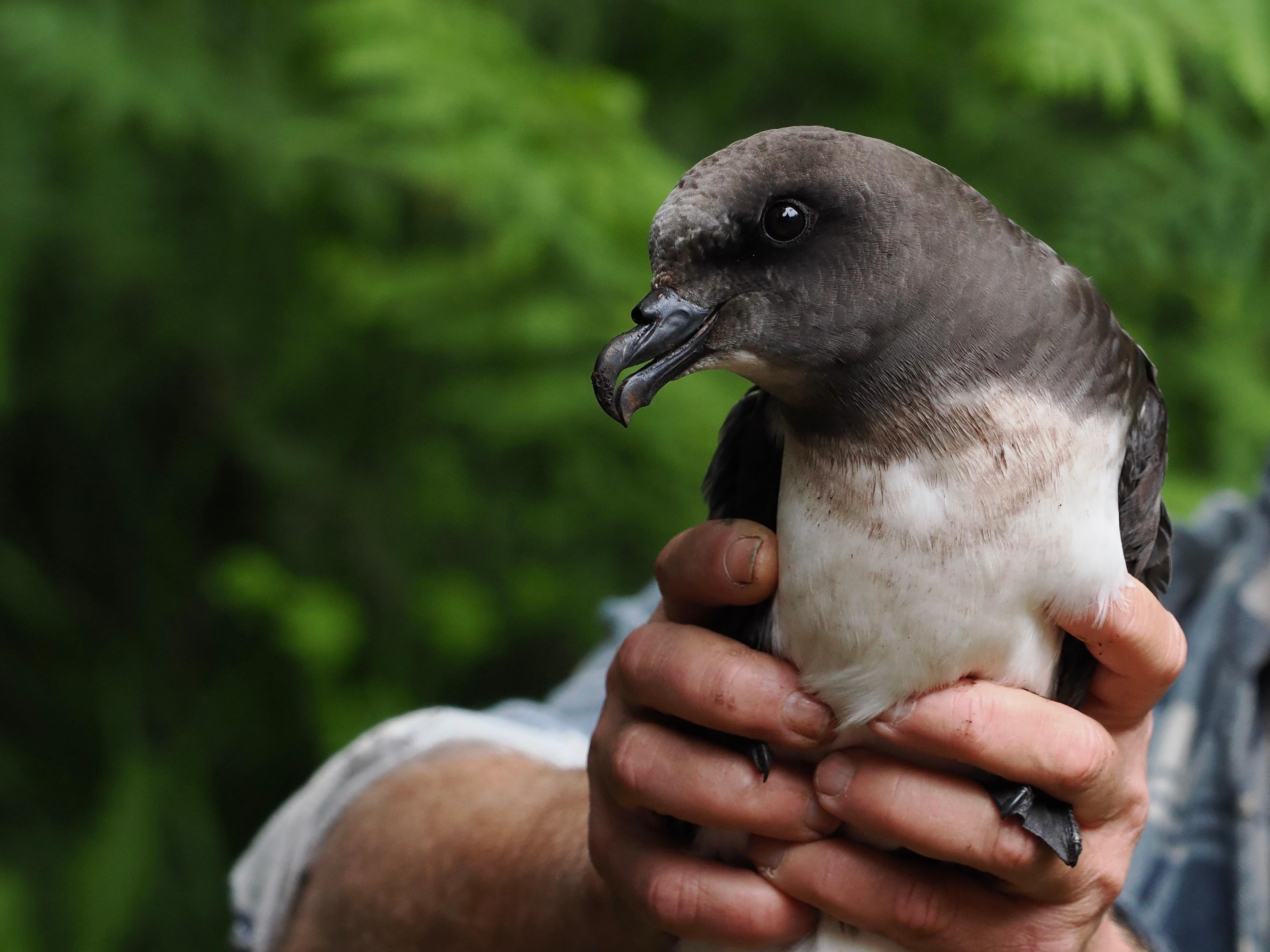
.jpg)
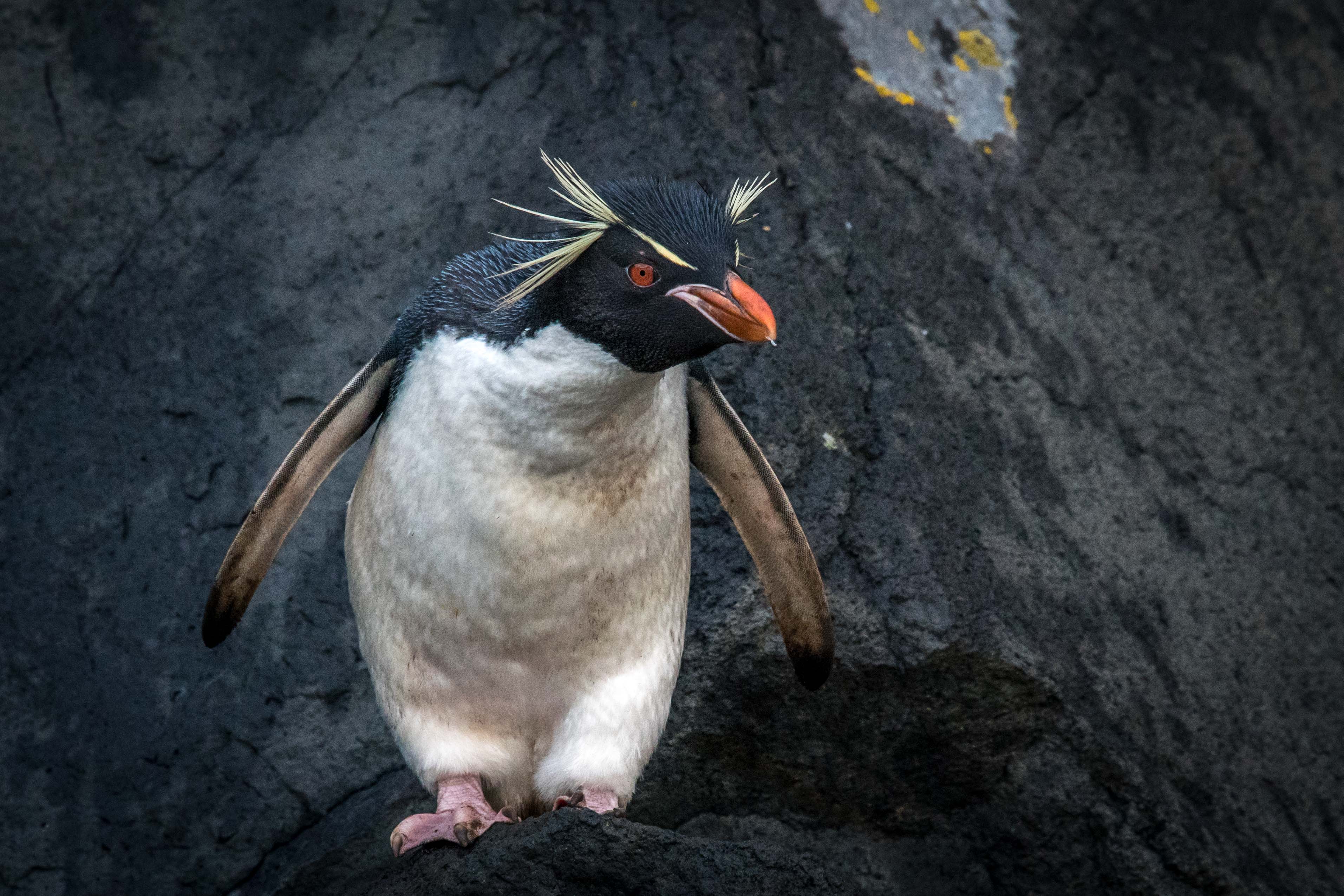
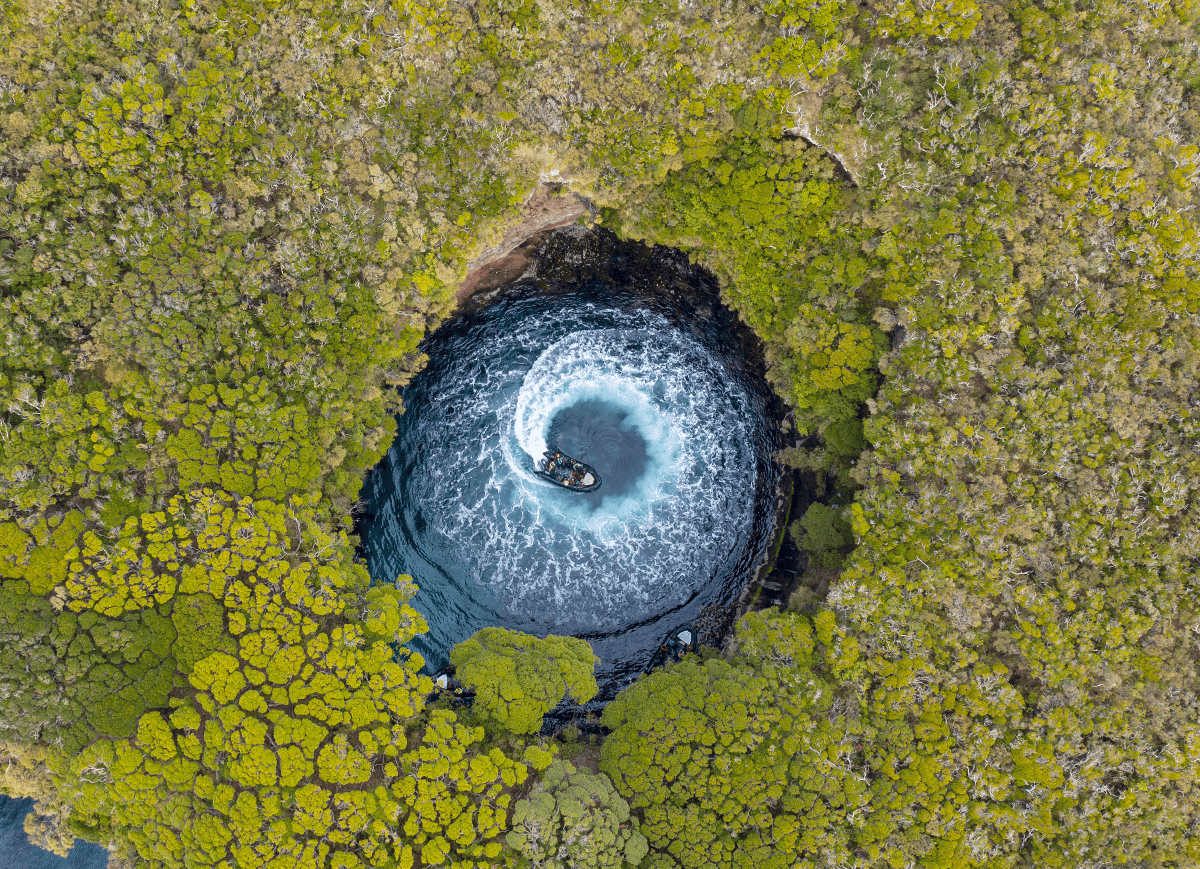
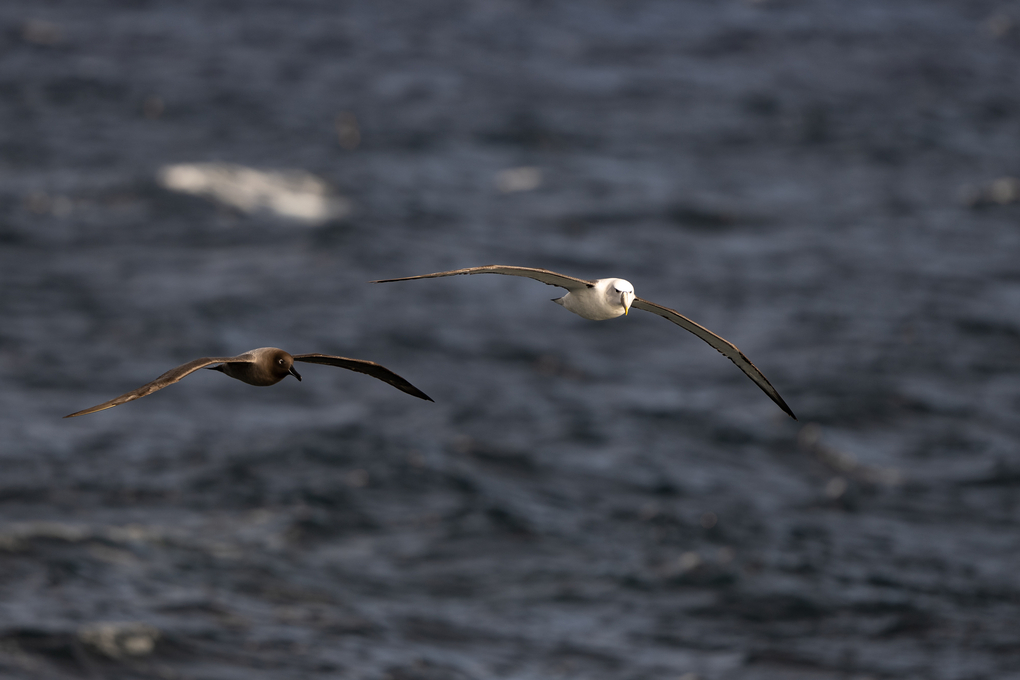
.jpg)
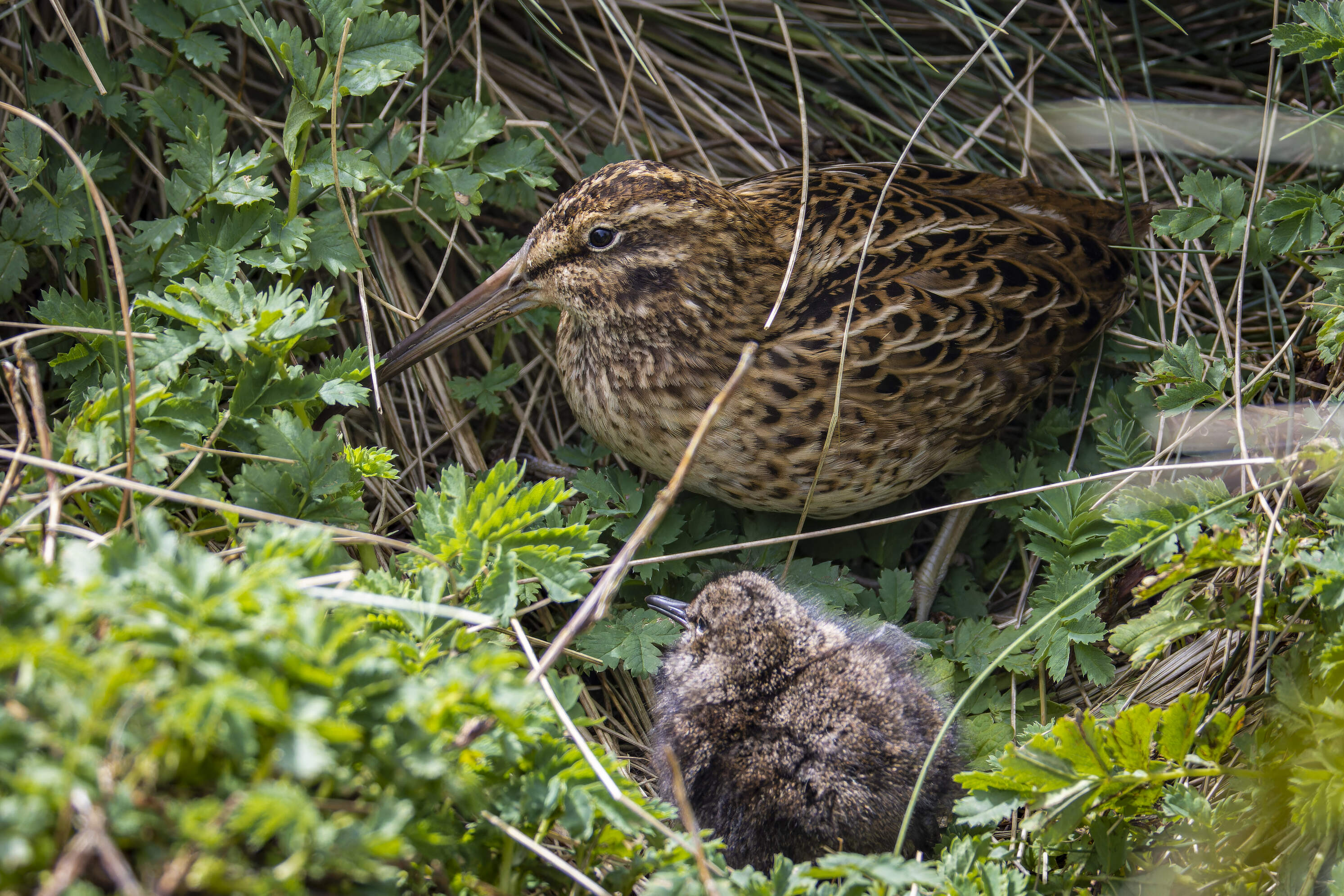
_(custom).jpg)

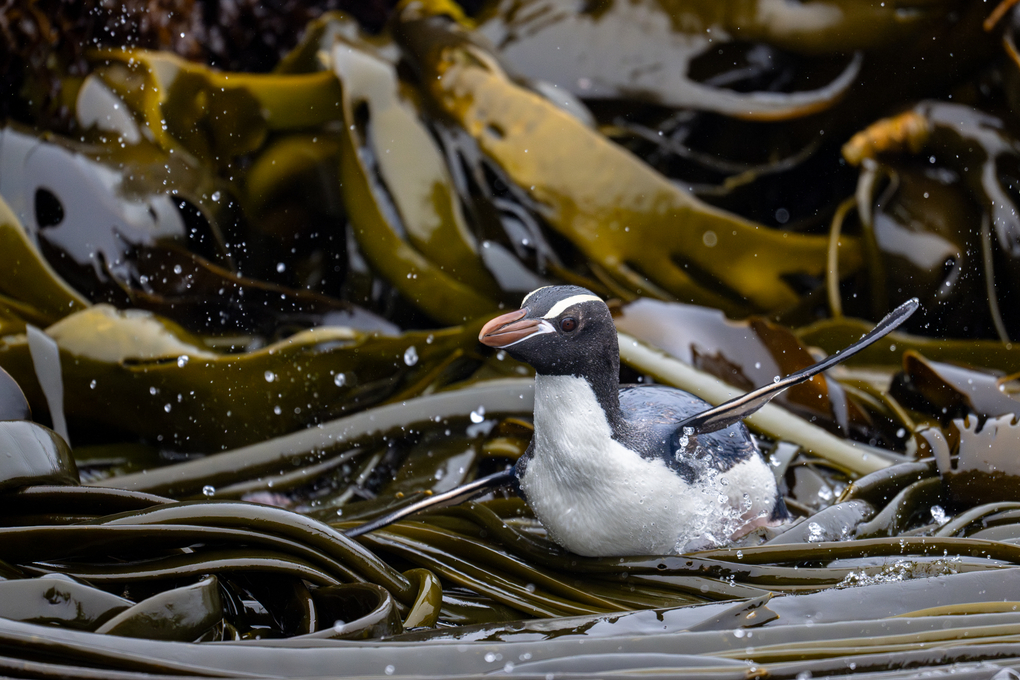
.jpg)
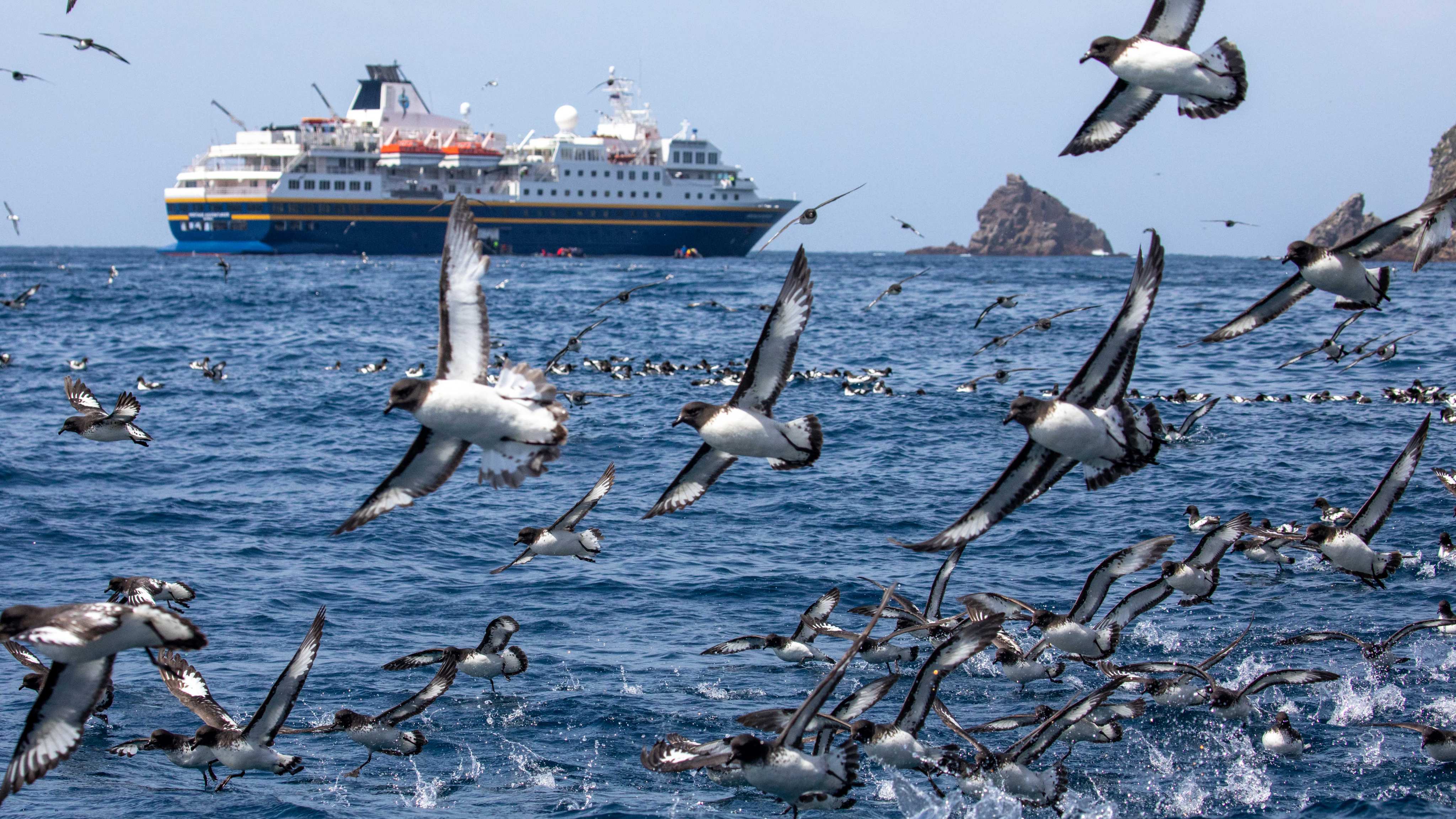
.jpg)
_a.woods.jpg)
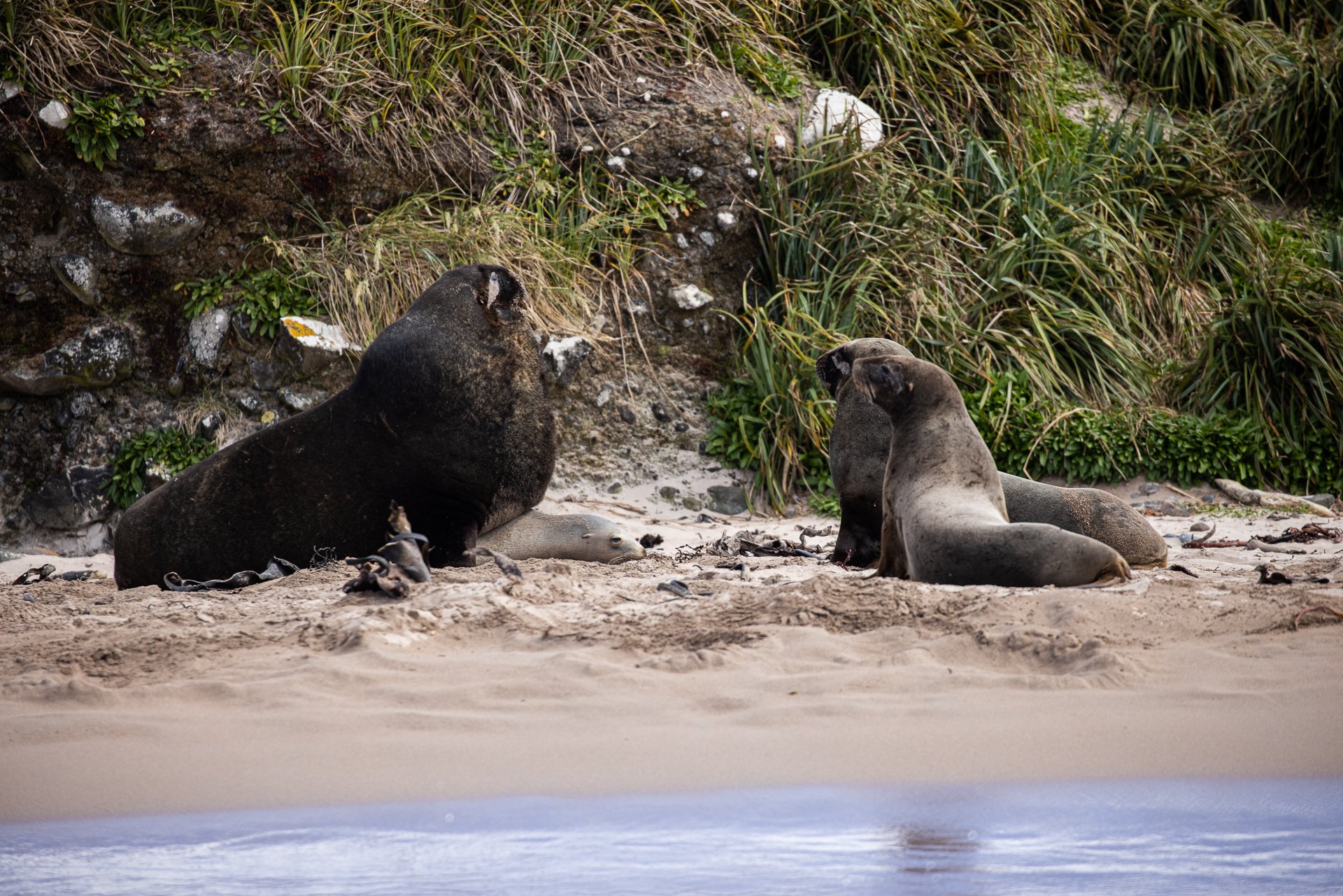
.jpg)
(1).jpg)
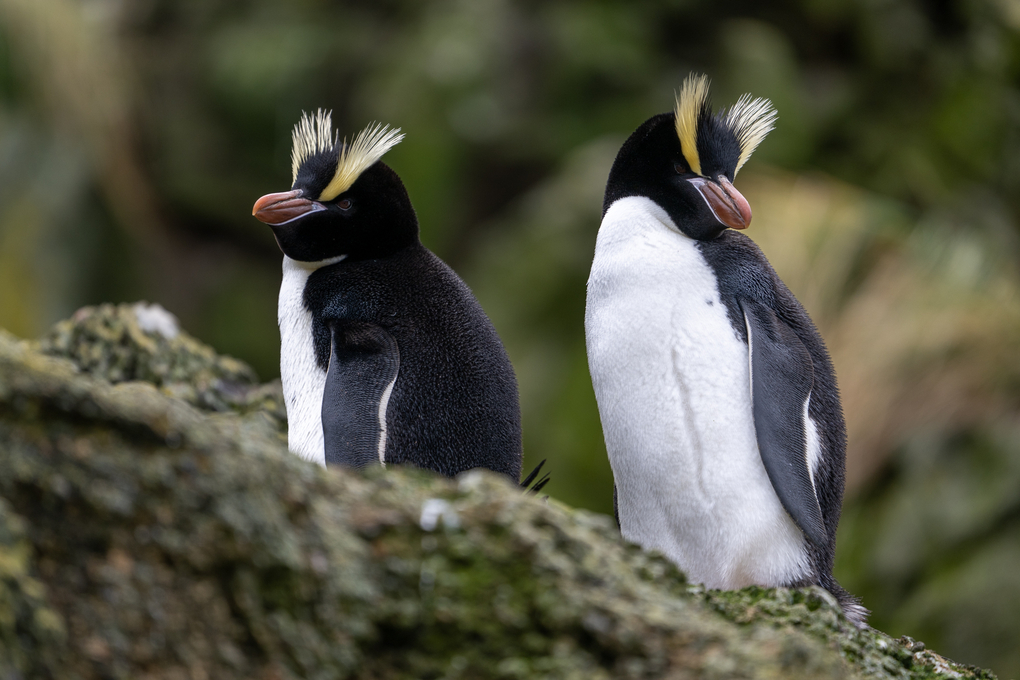
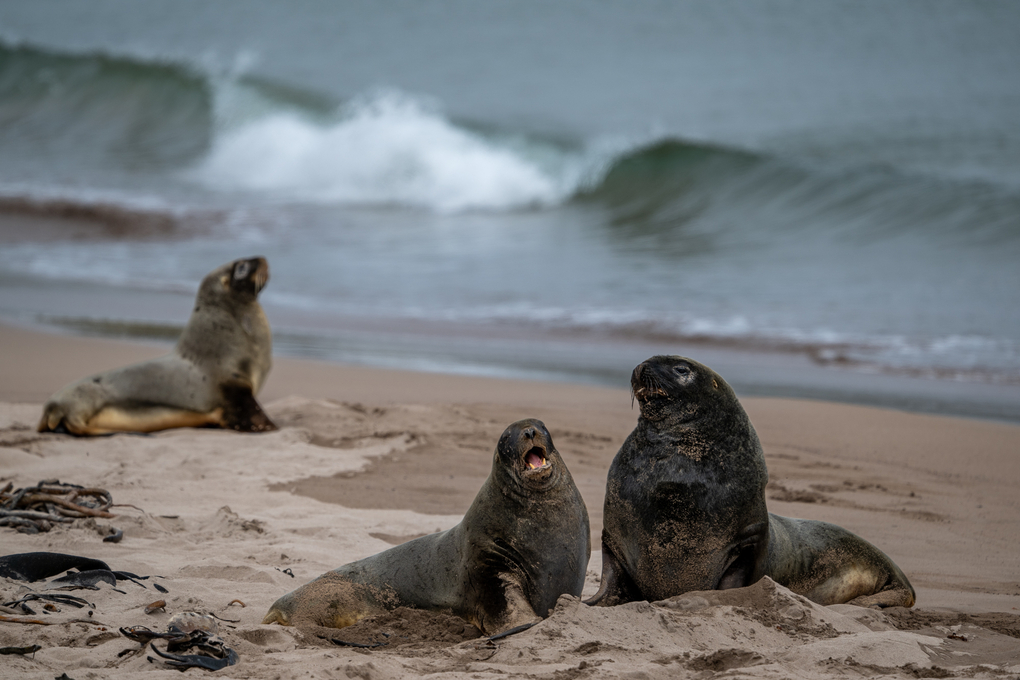
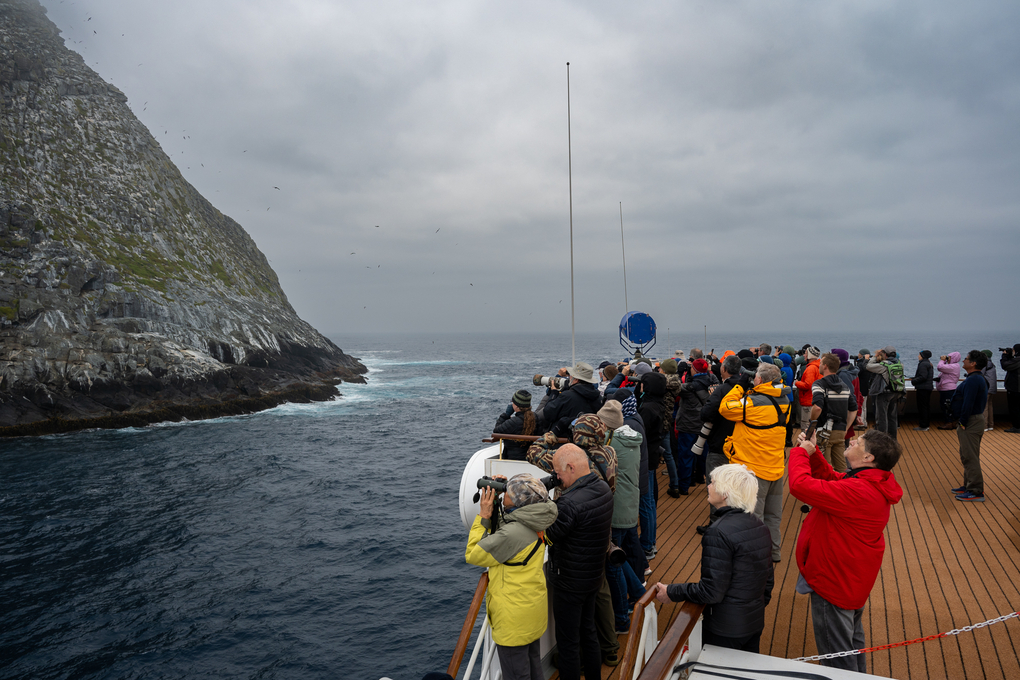
.jpg)
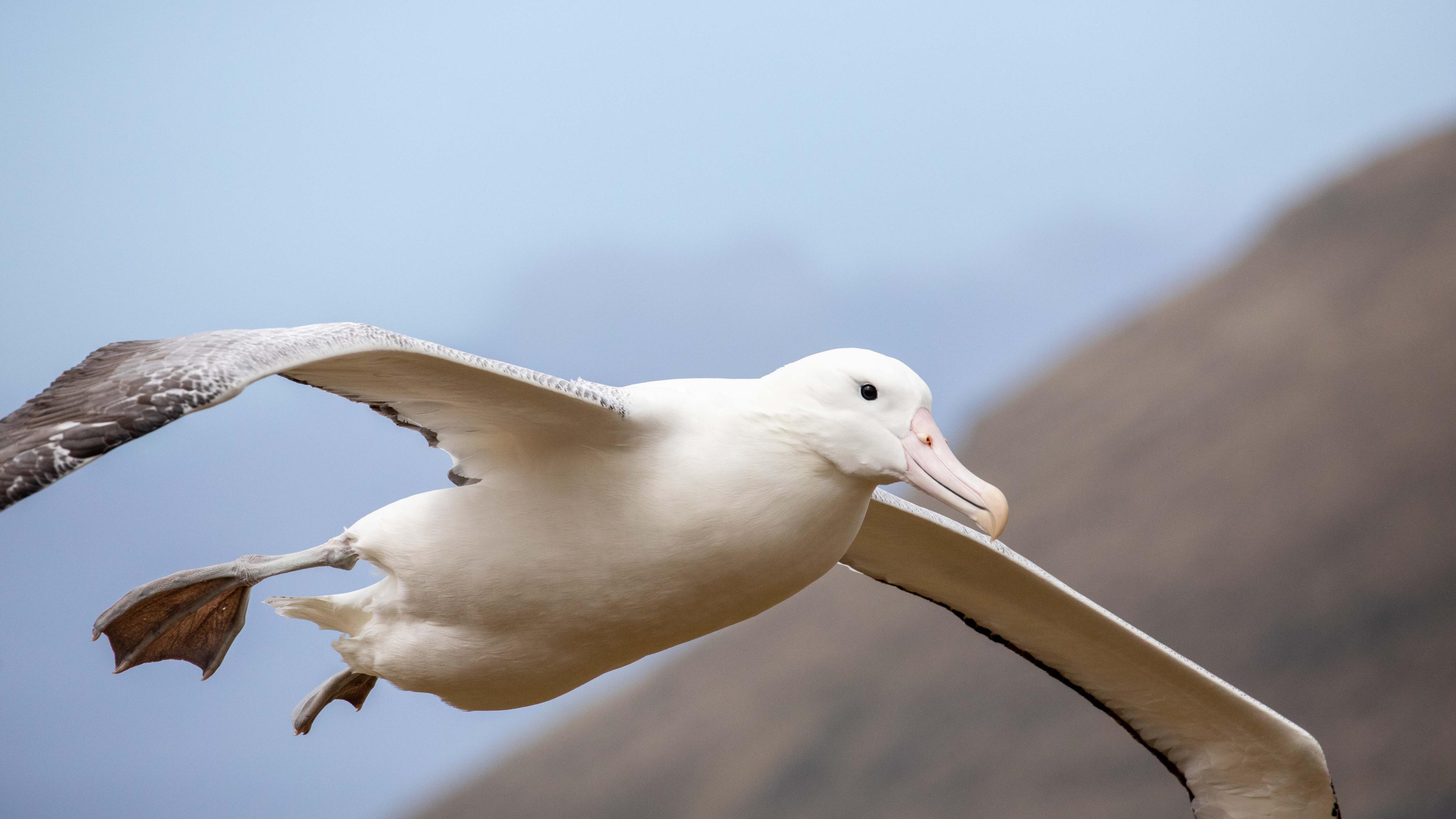

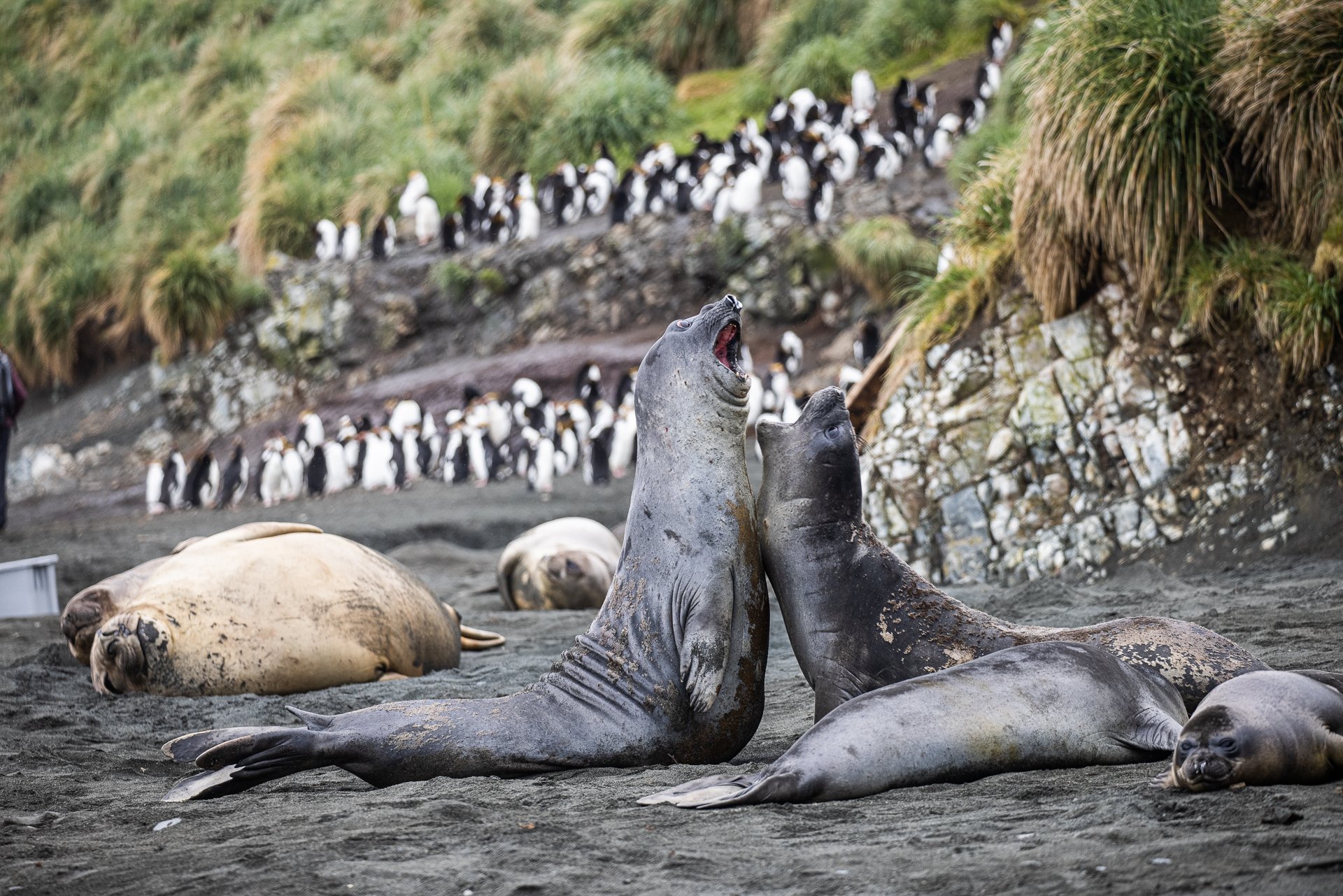
_j.mishina.jpg)
.jpg)
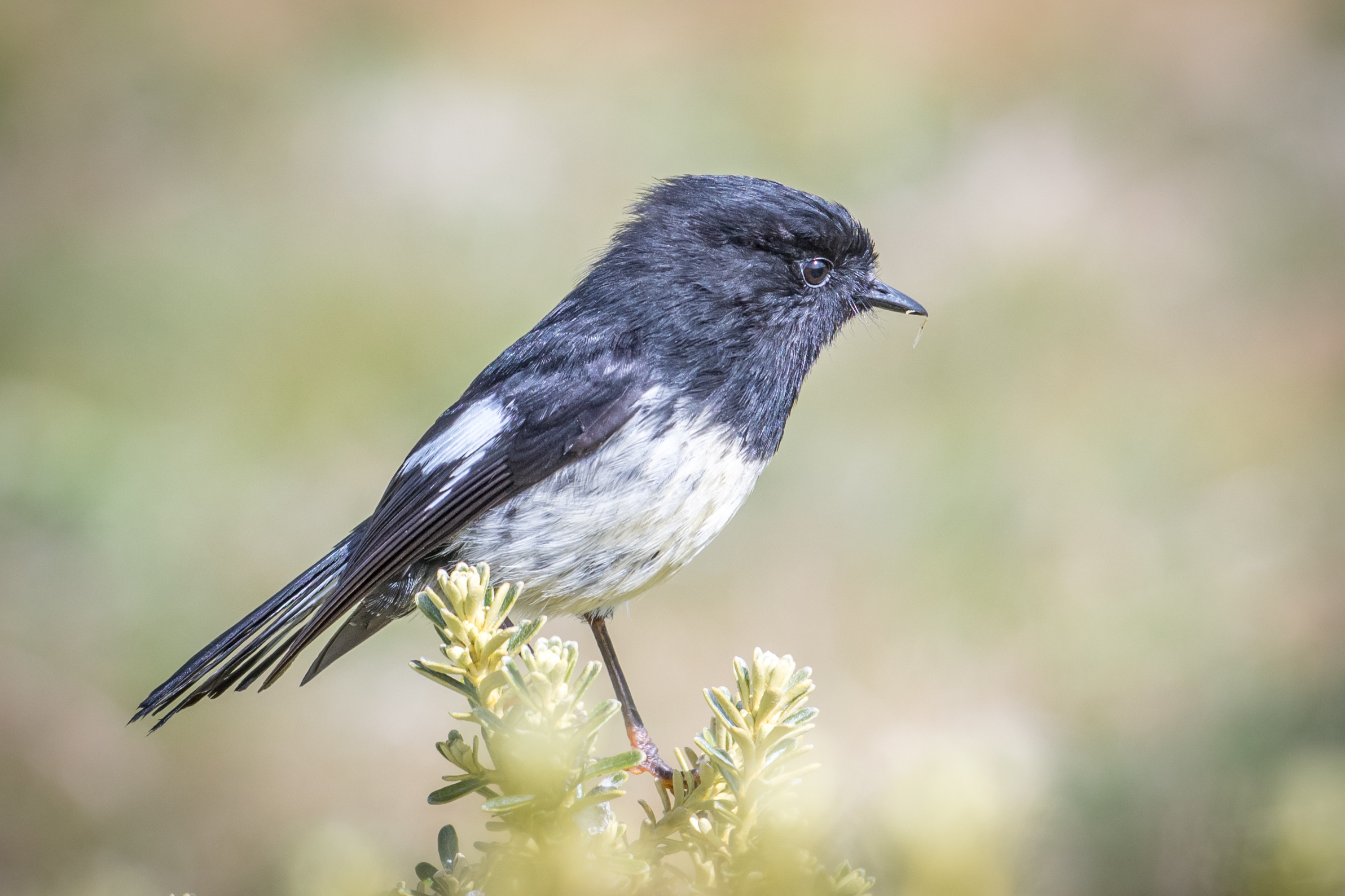
kovsyanikova_galapagos_of_the_southern_ocean_(11).jpg)
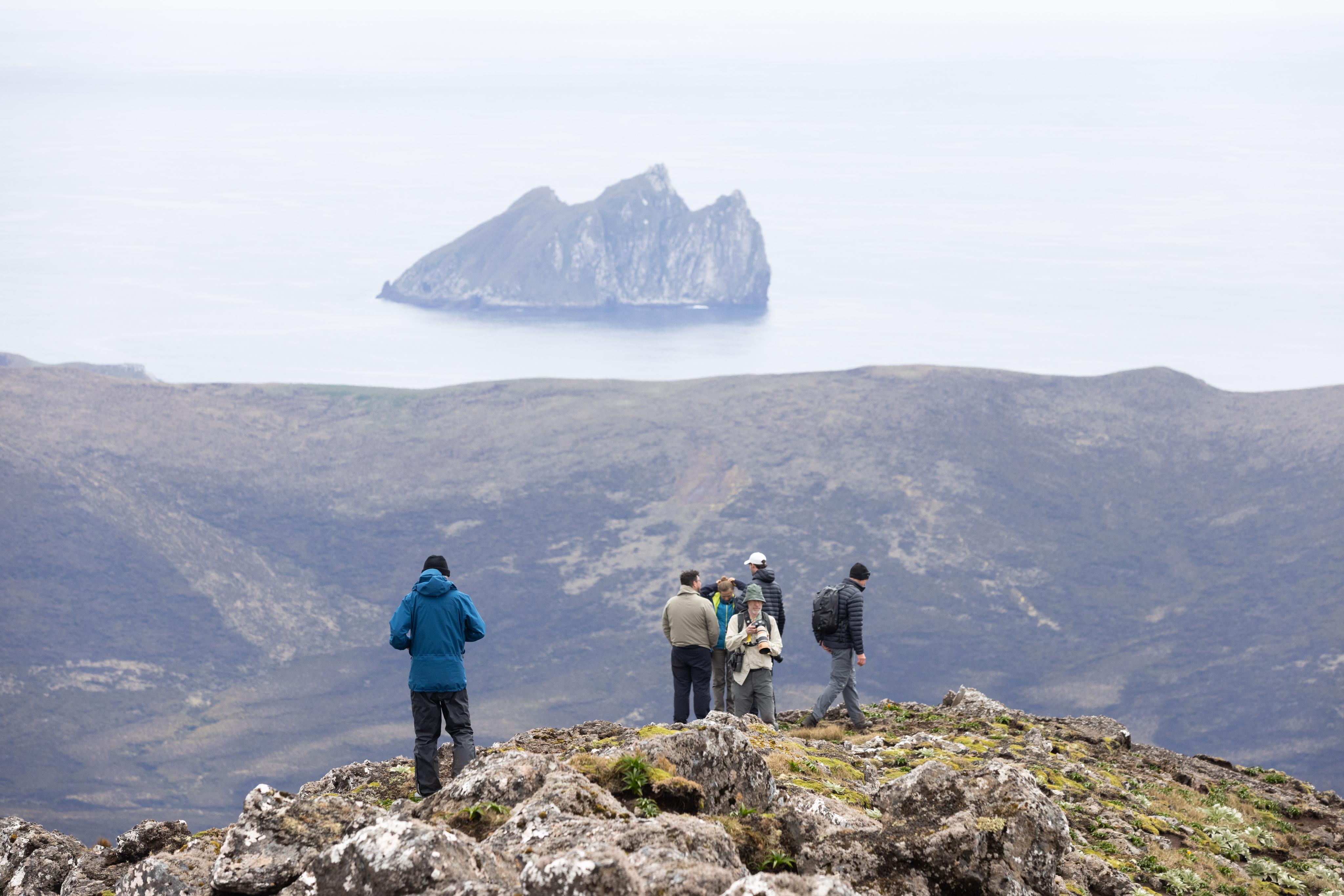
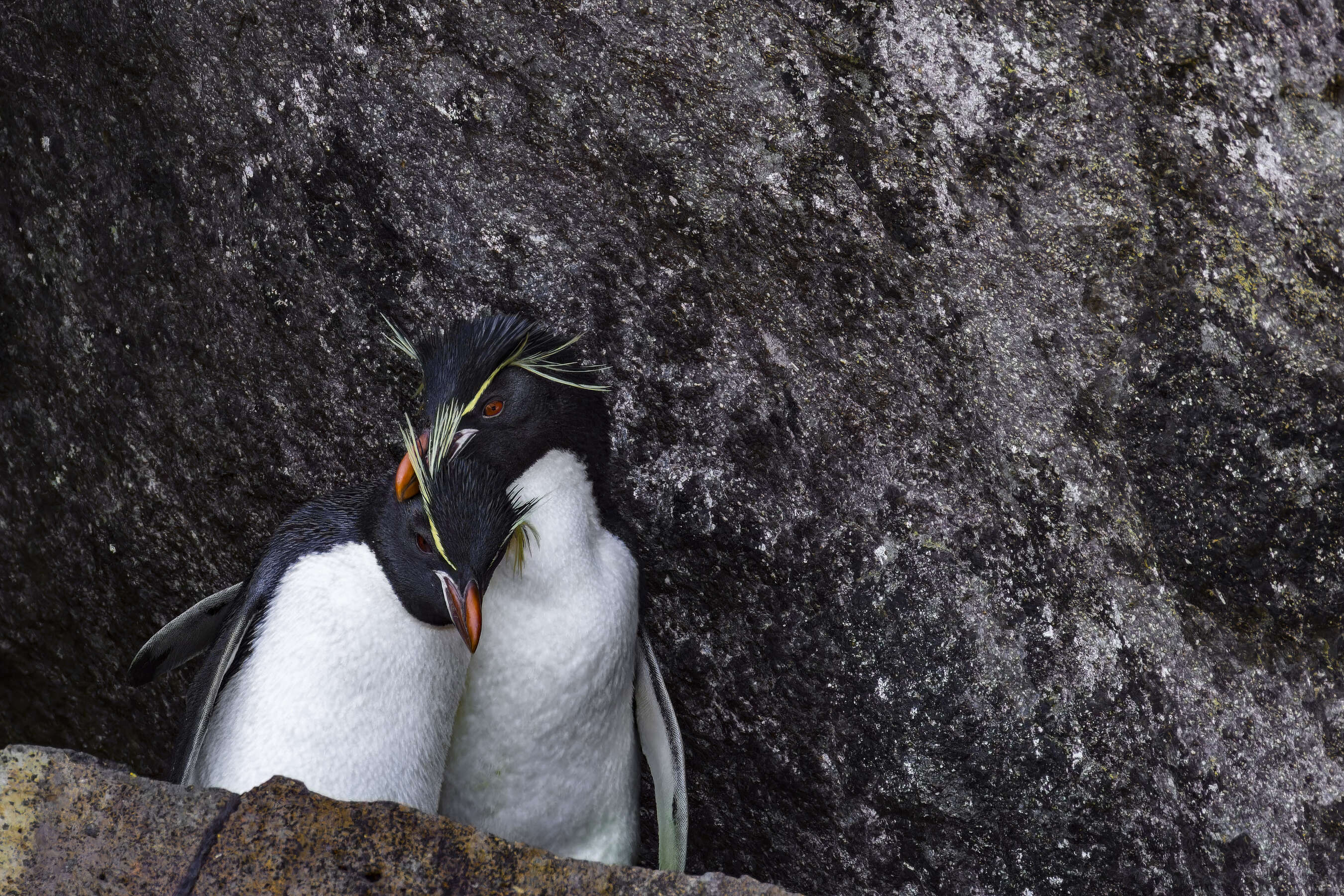
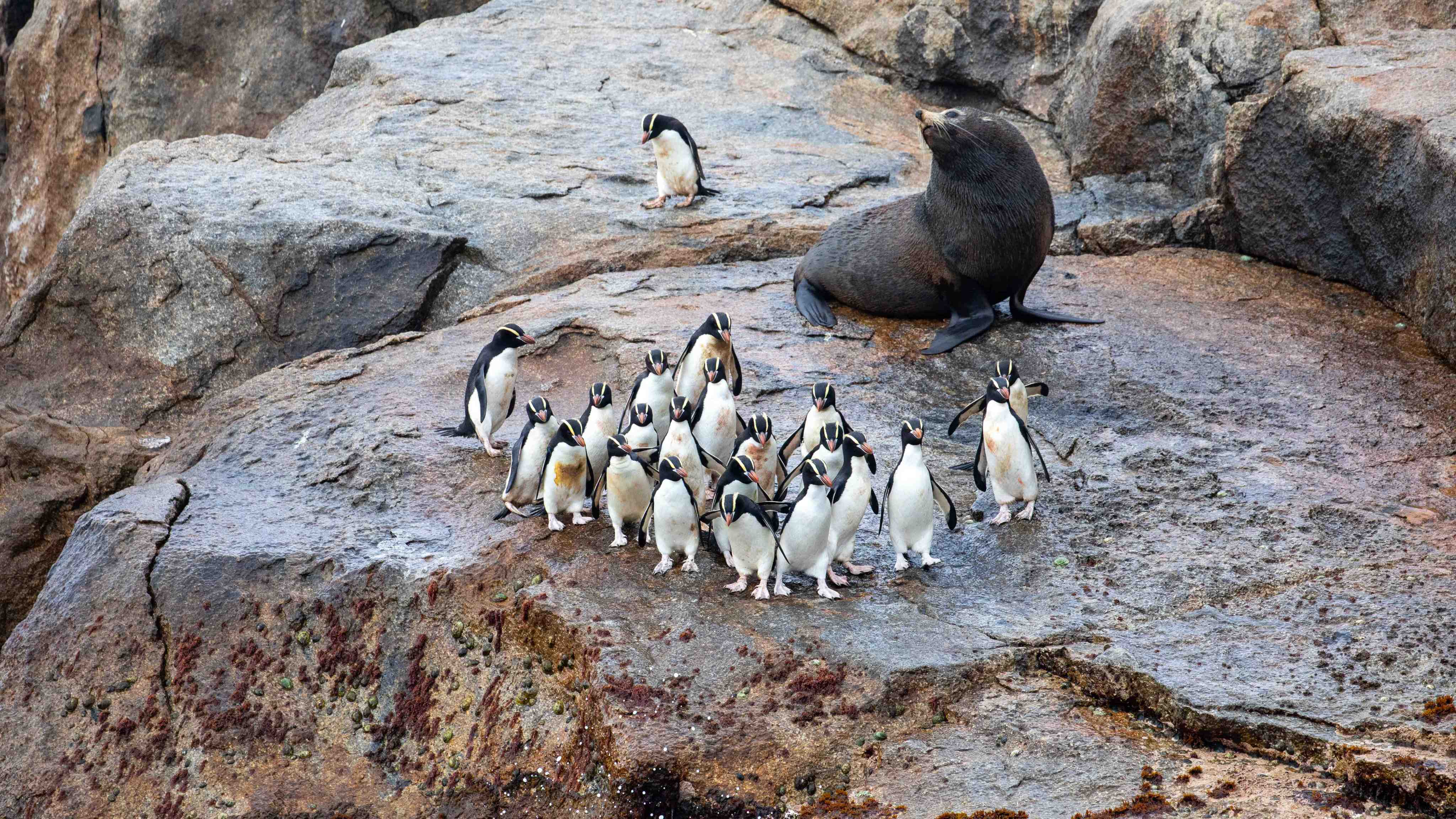
kovsyanikova_galapagos_of_the_southern_ocean_(15).jpg)
_ebell_auckland_islands.jpg)
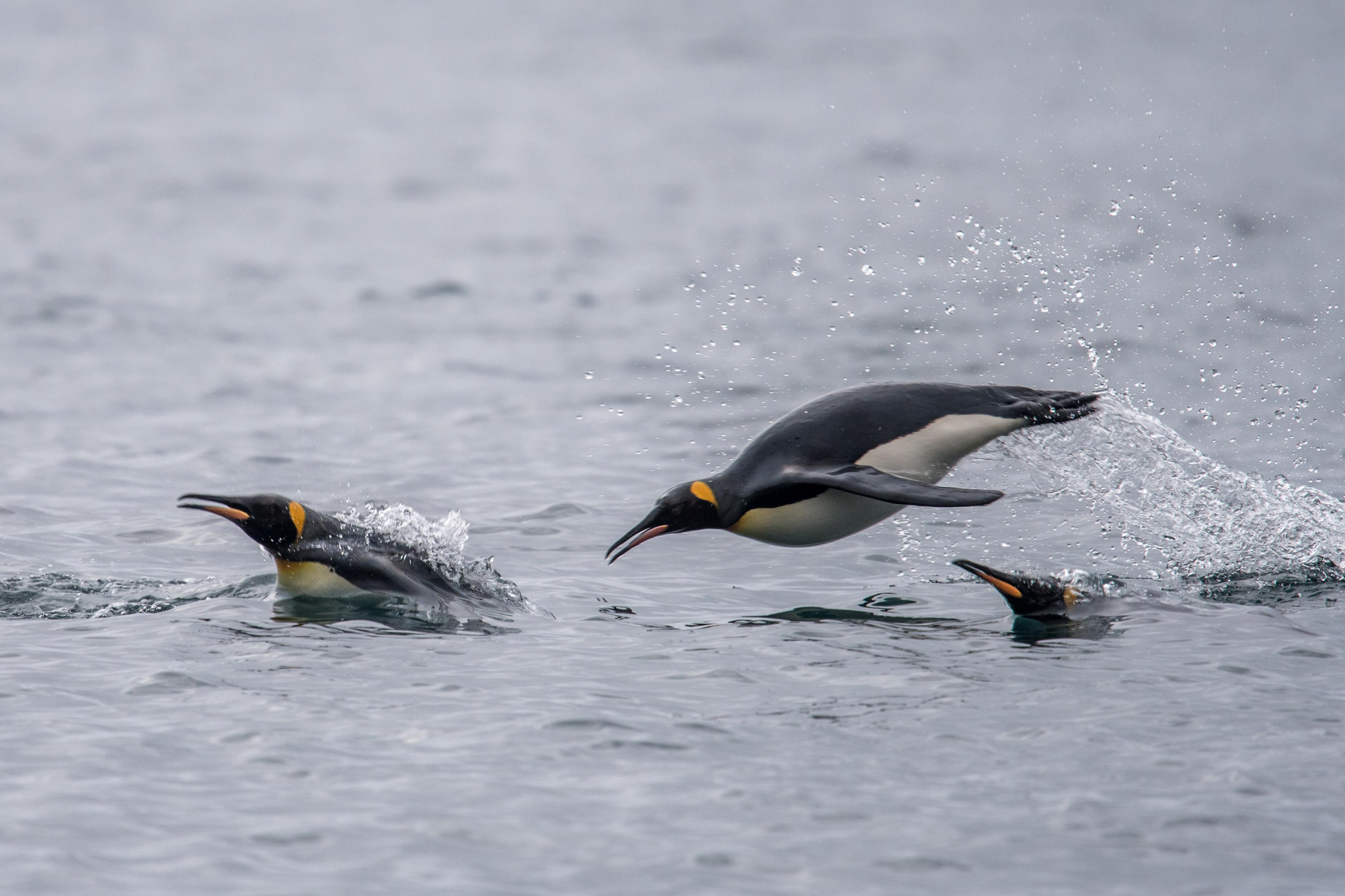


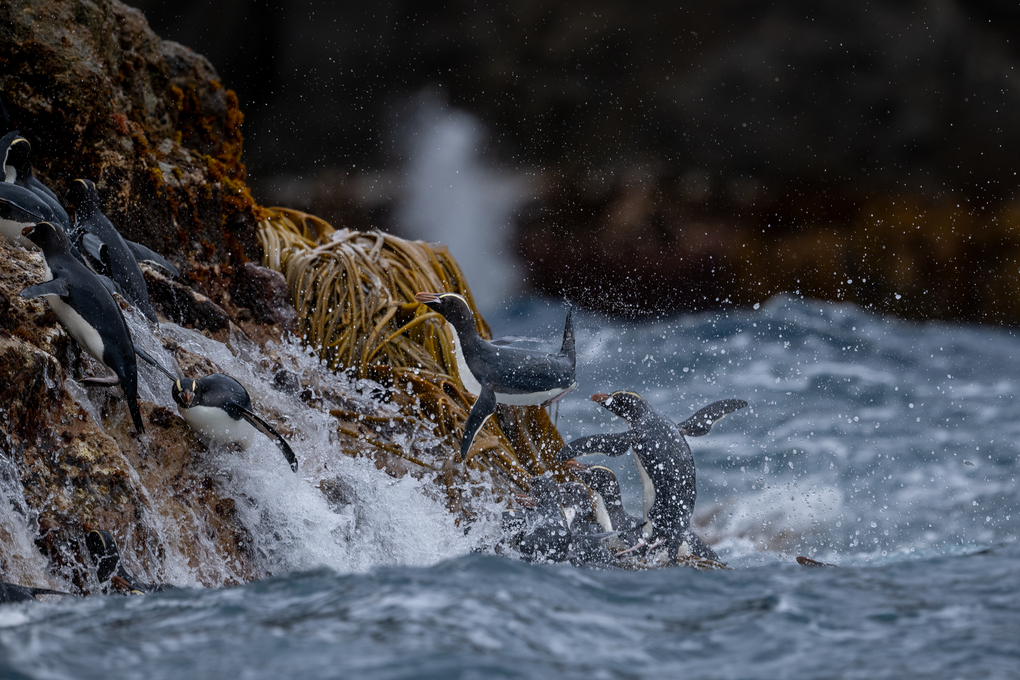

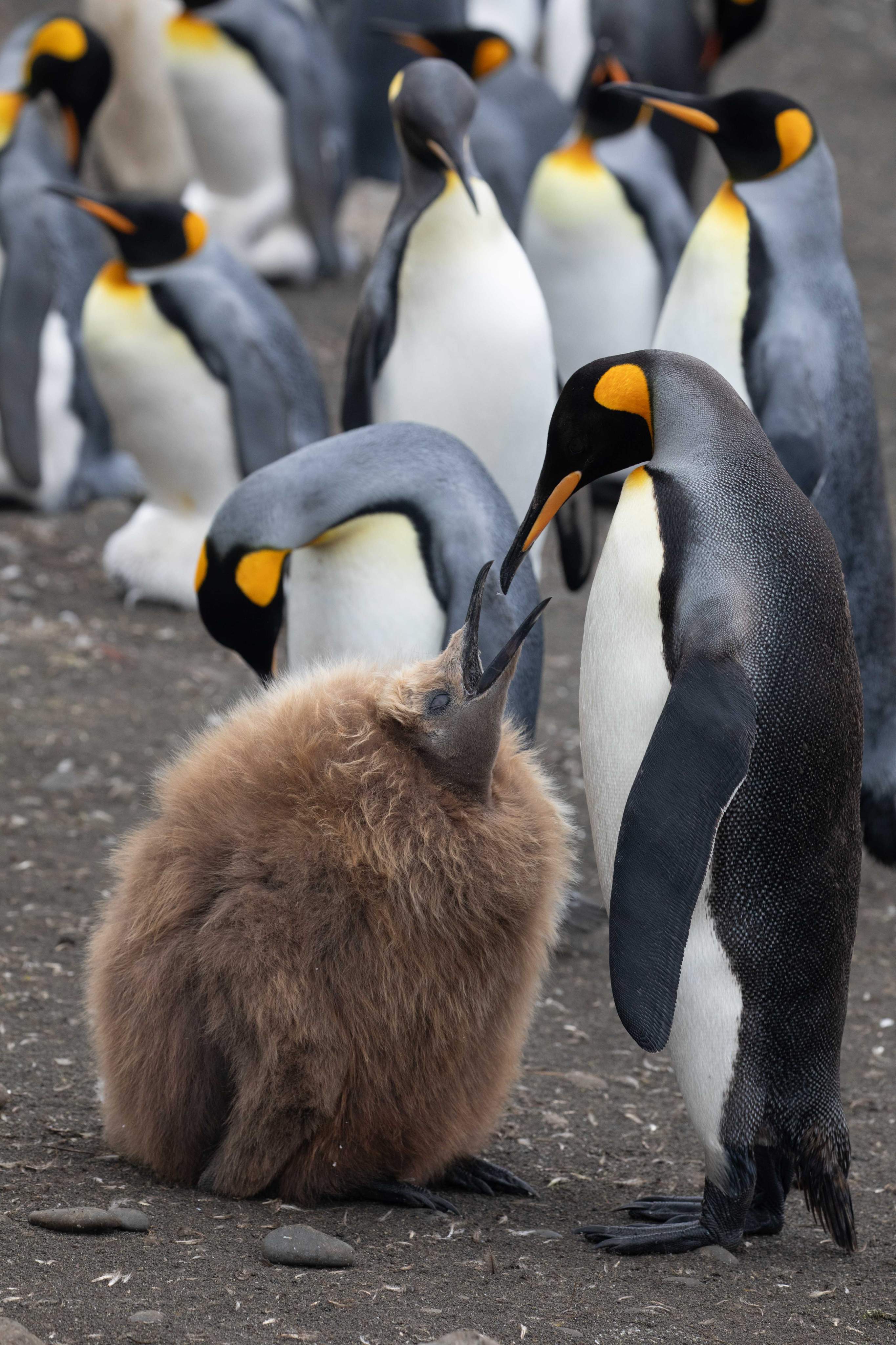
.jpg)
.jpg)
kovsyanikova_galapagos_of_the_southern_ocean_(7).jpg)
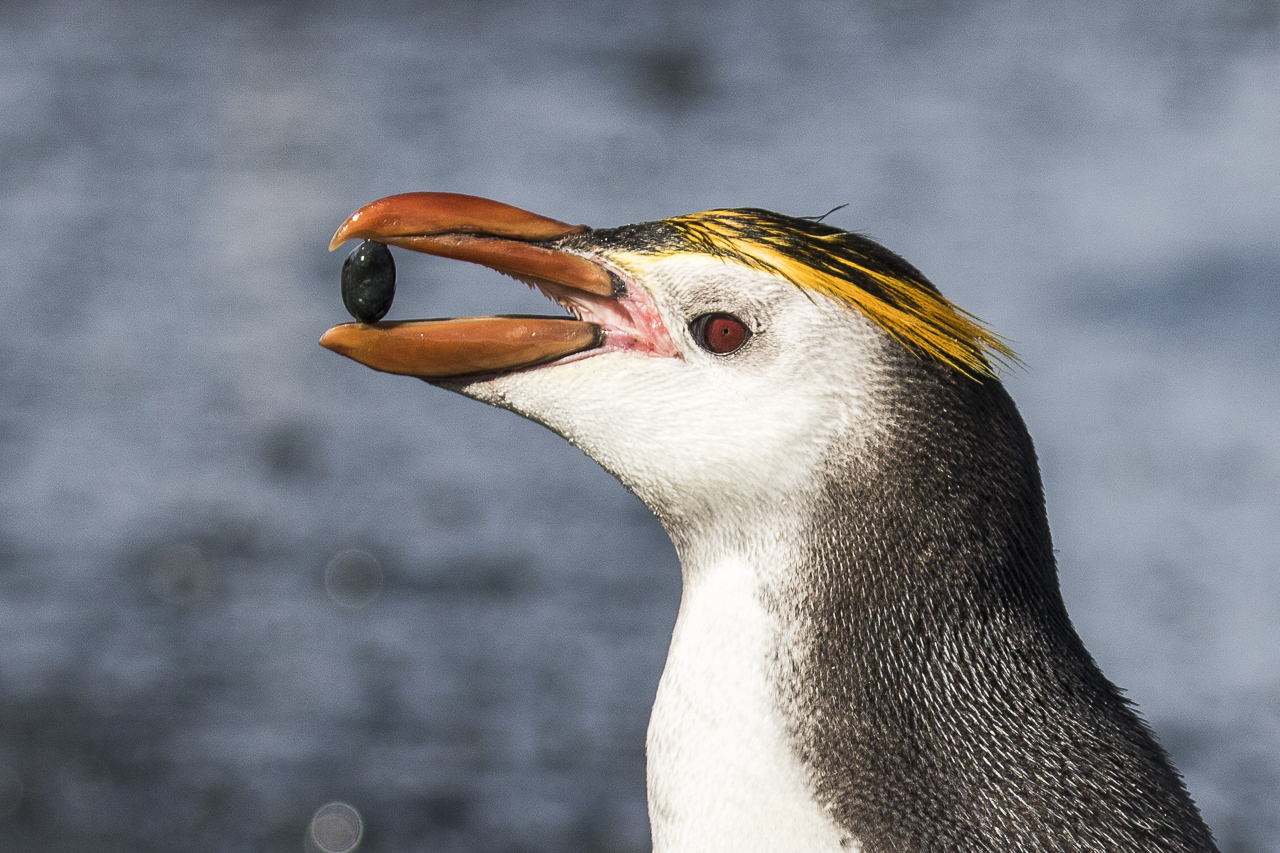
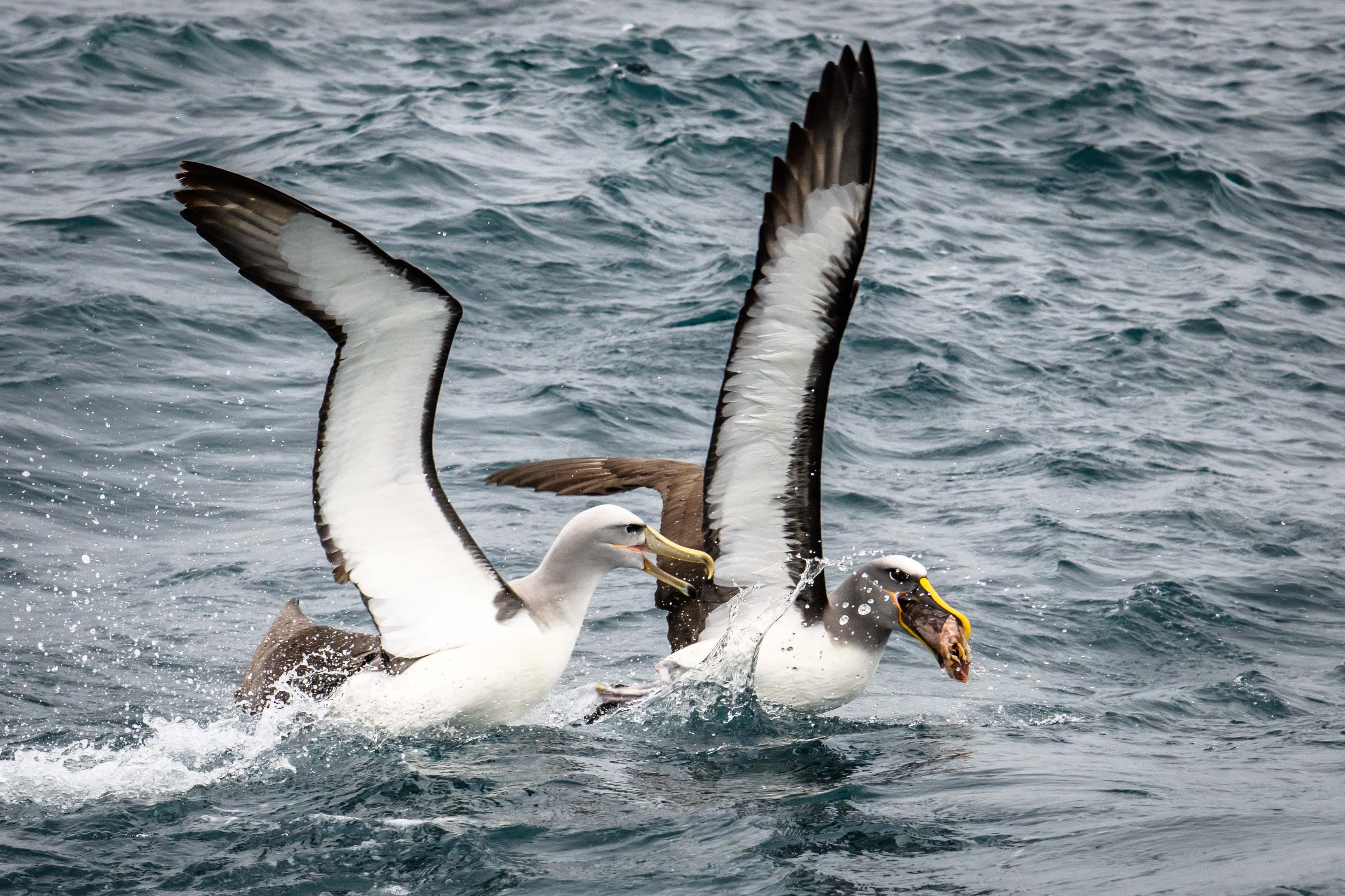
.jpg)
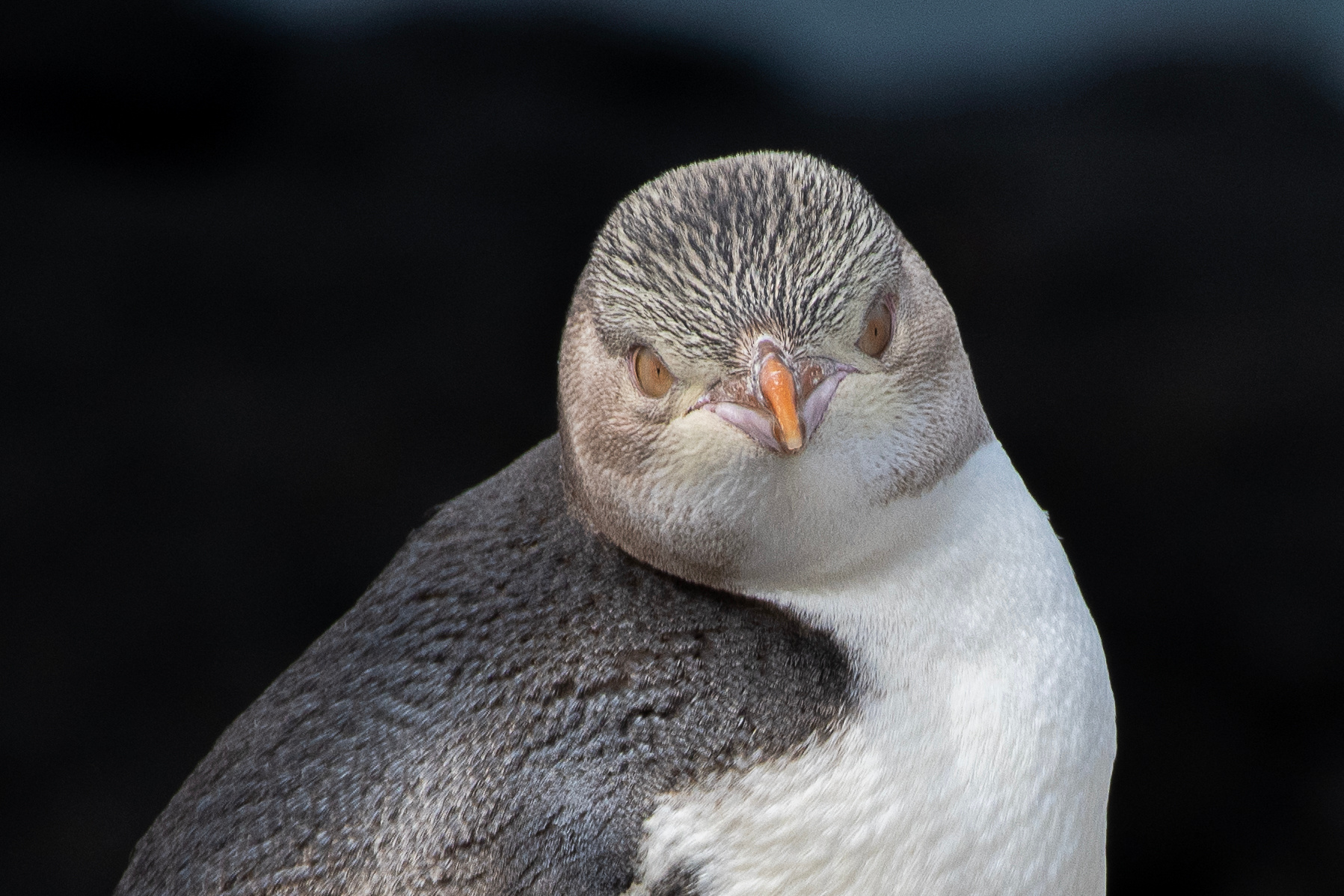
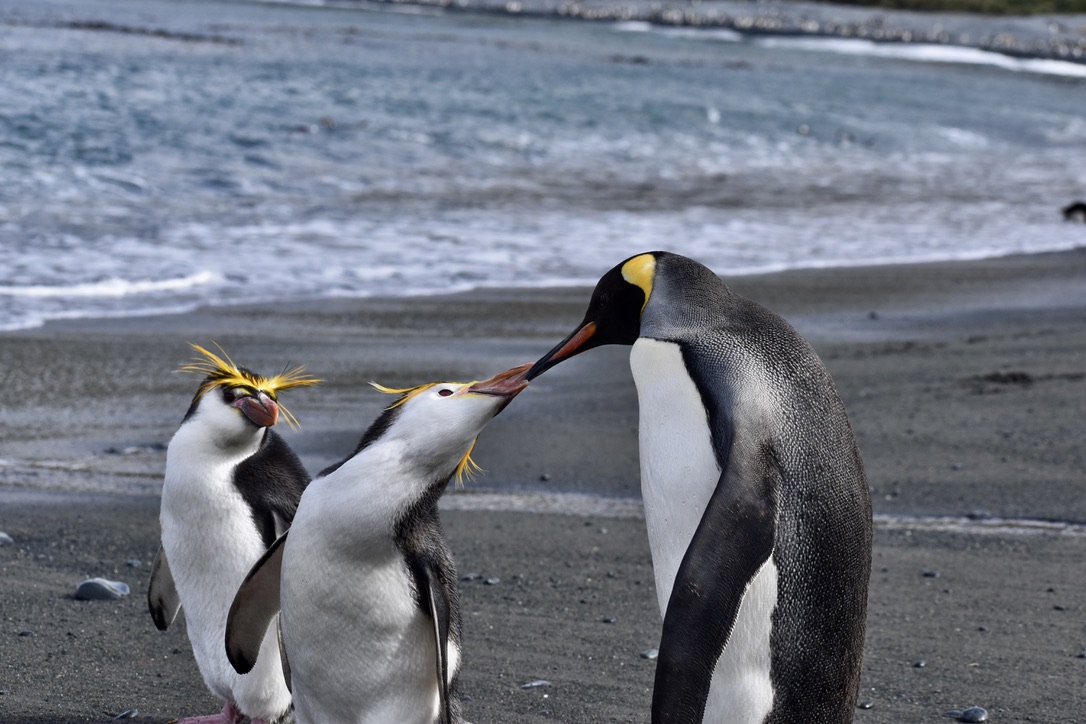
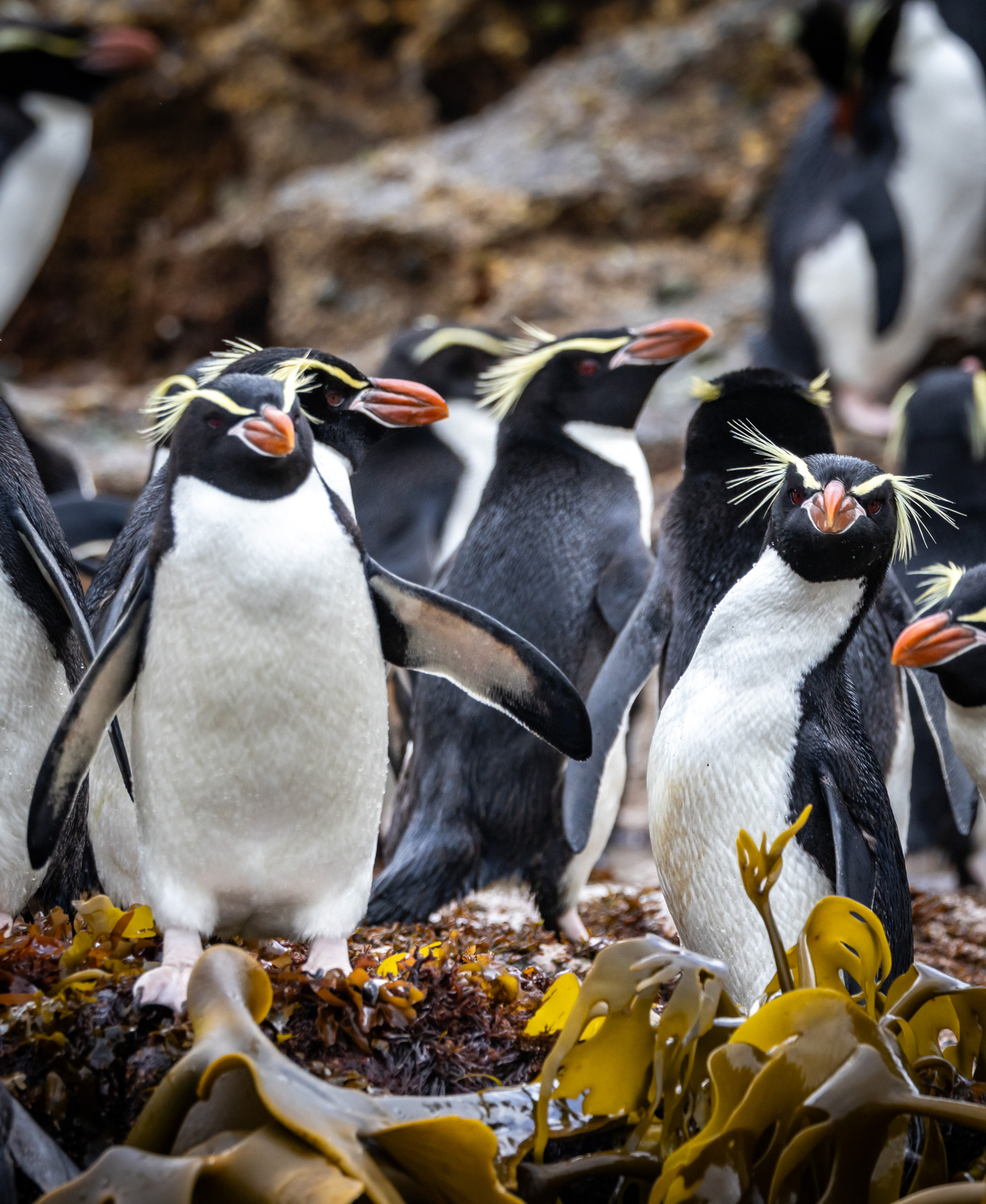

.jpg)

